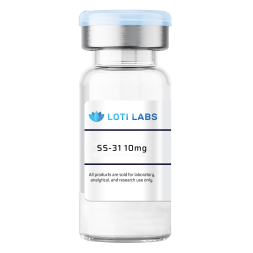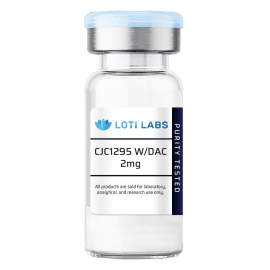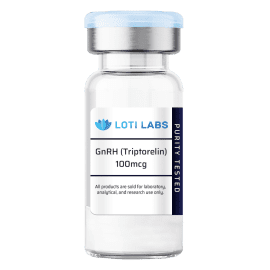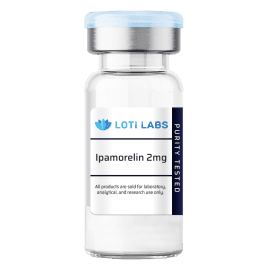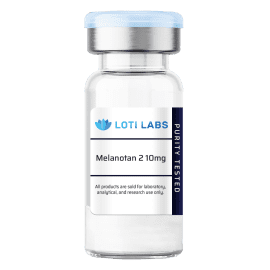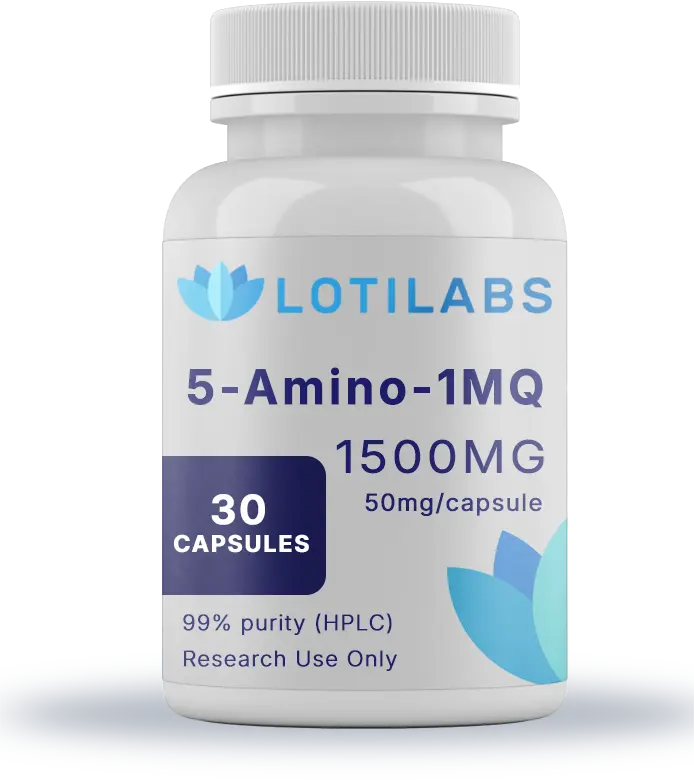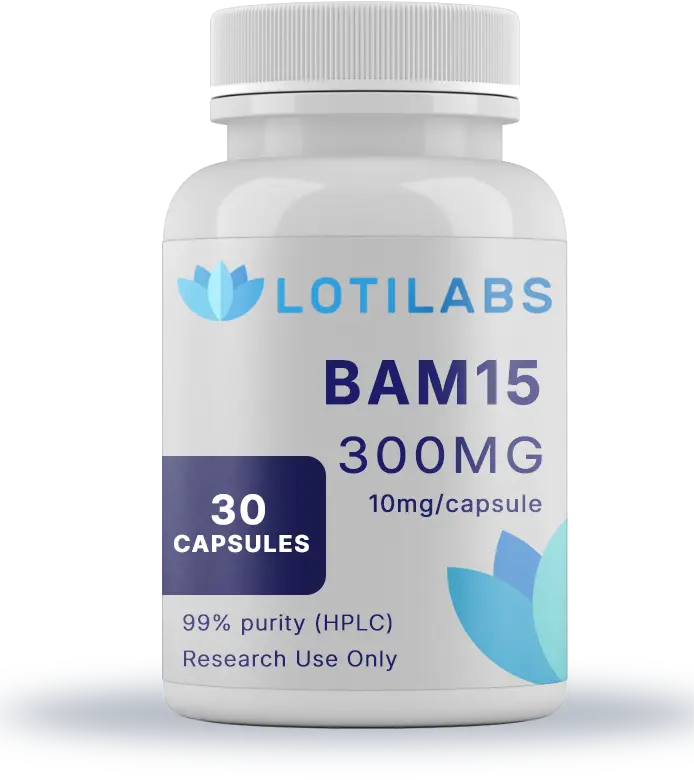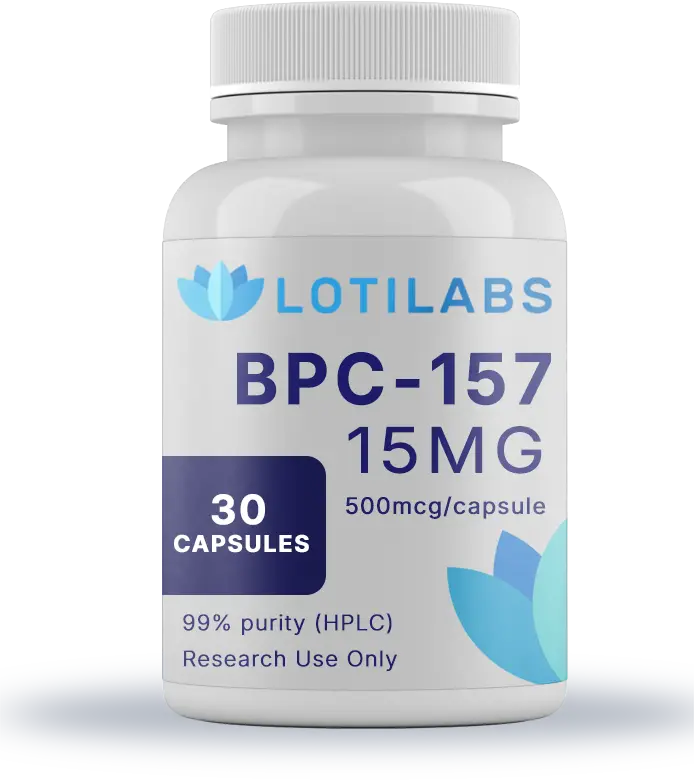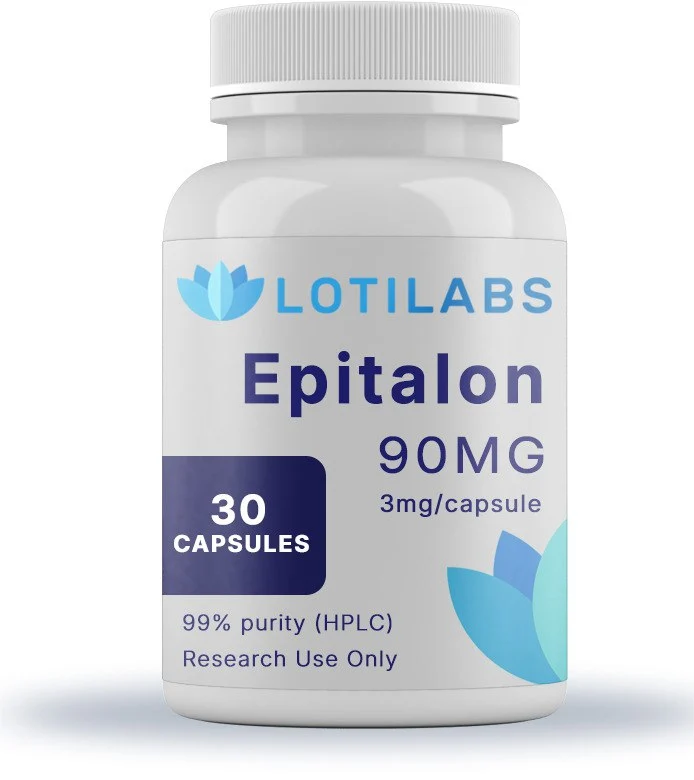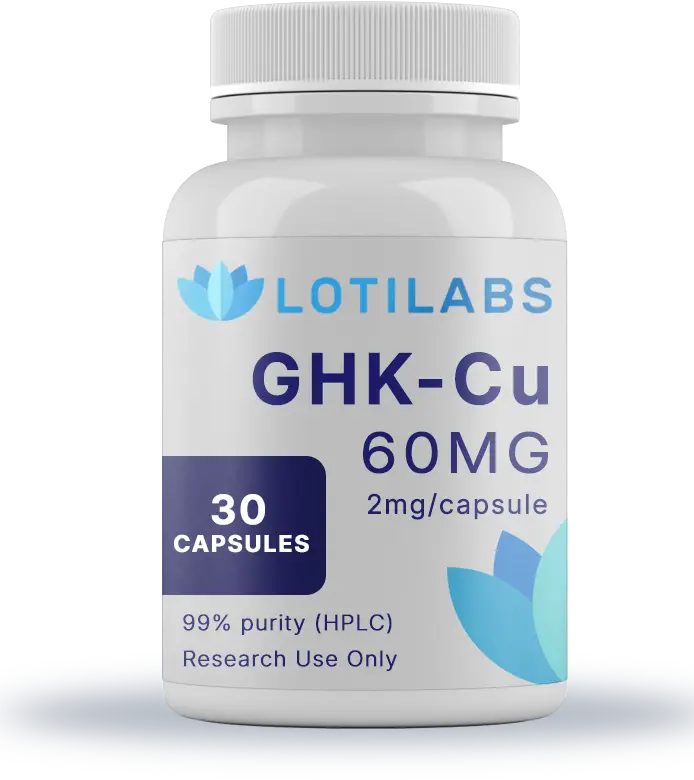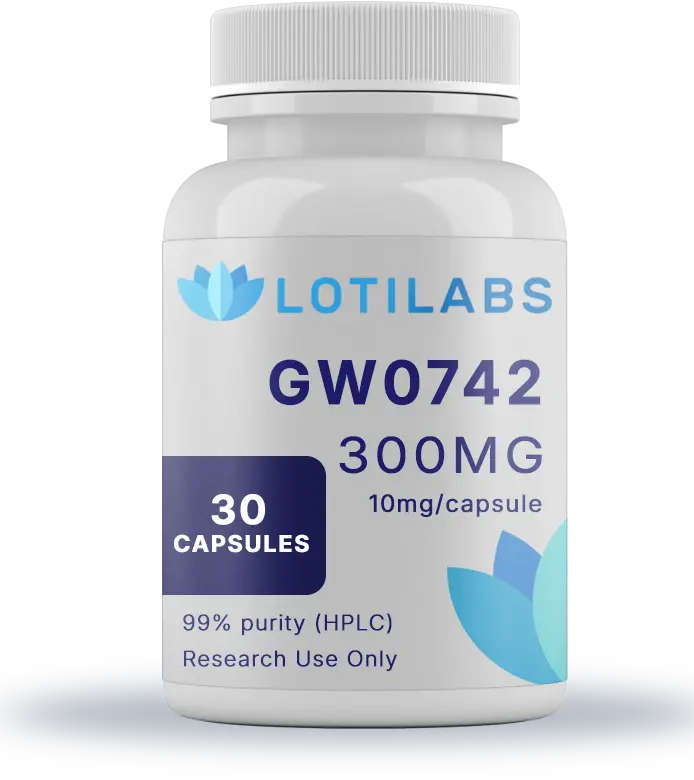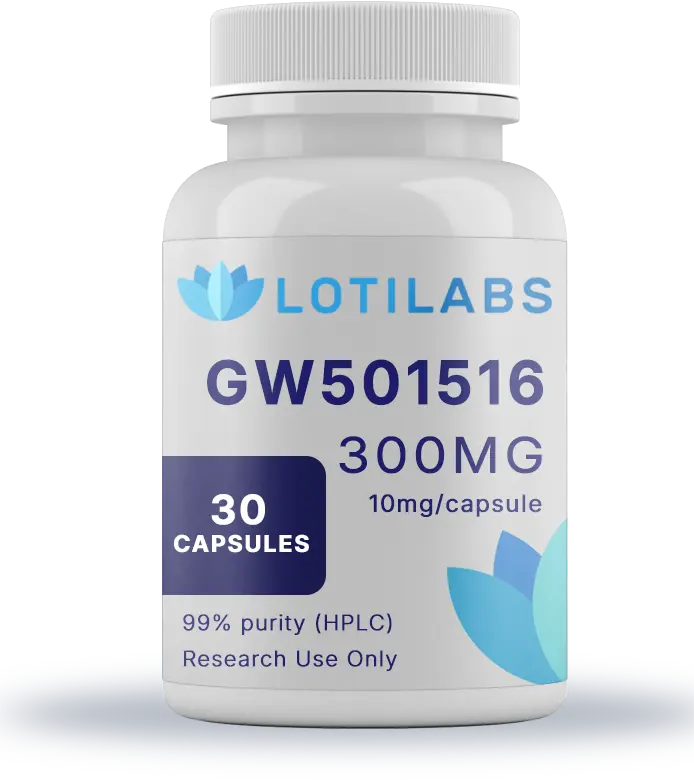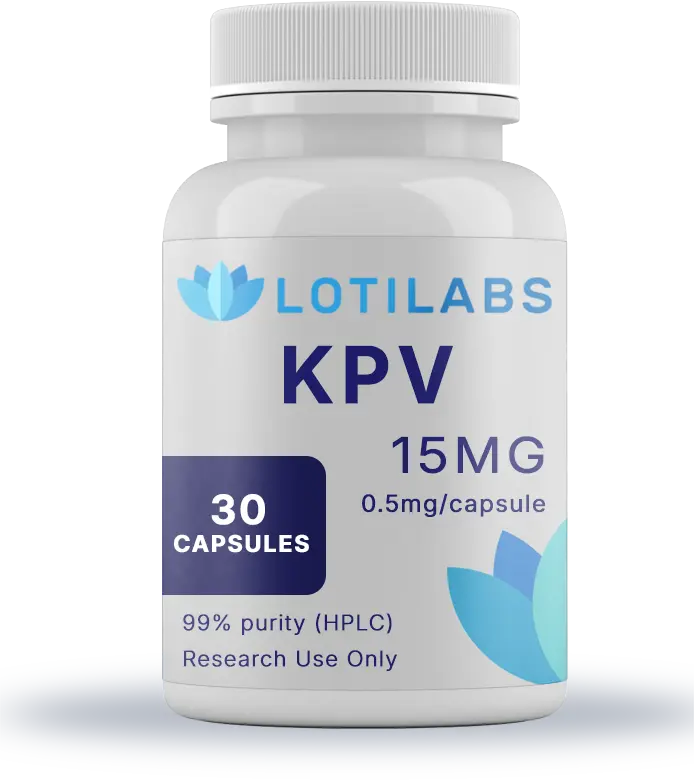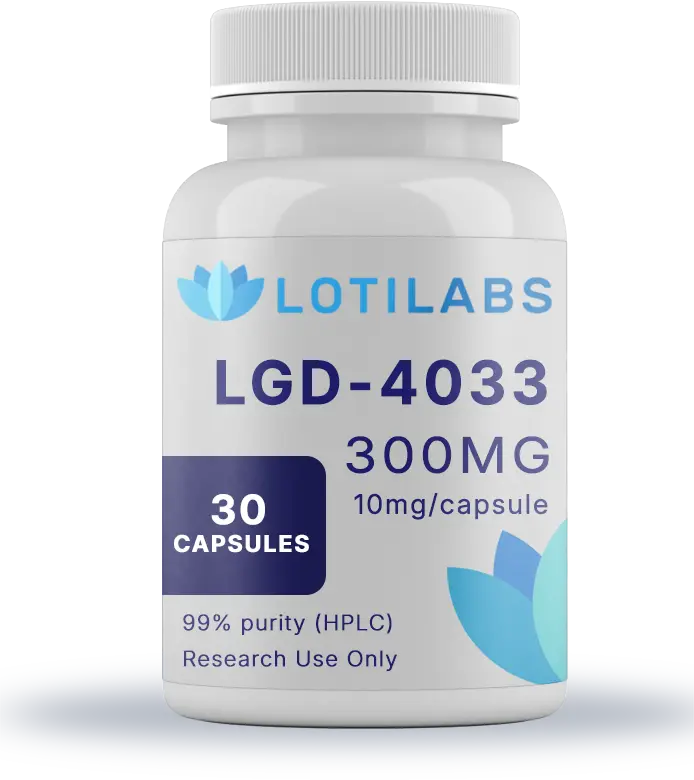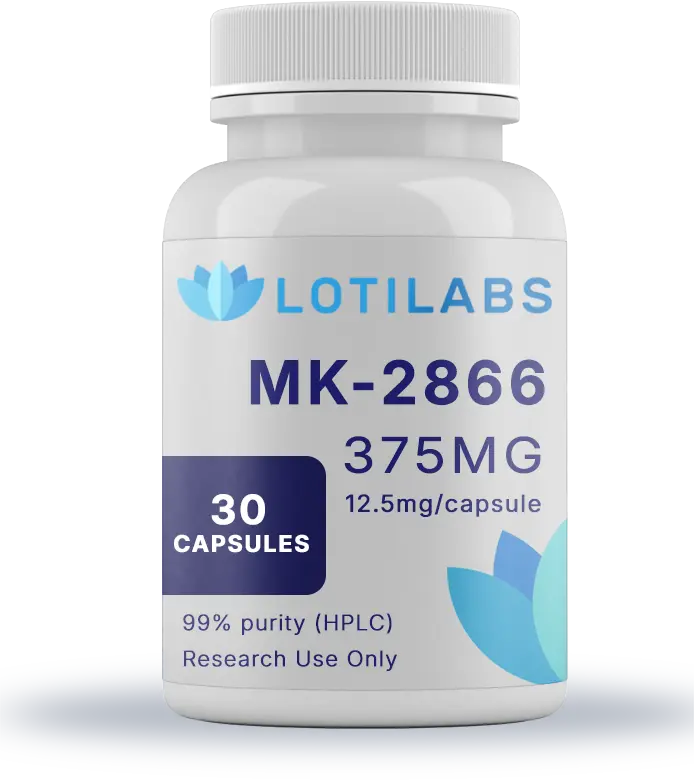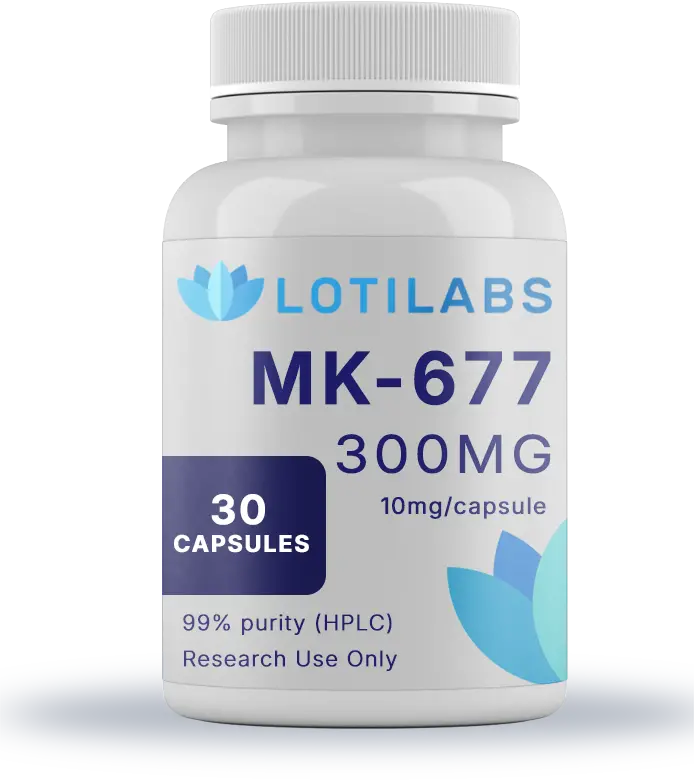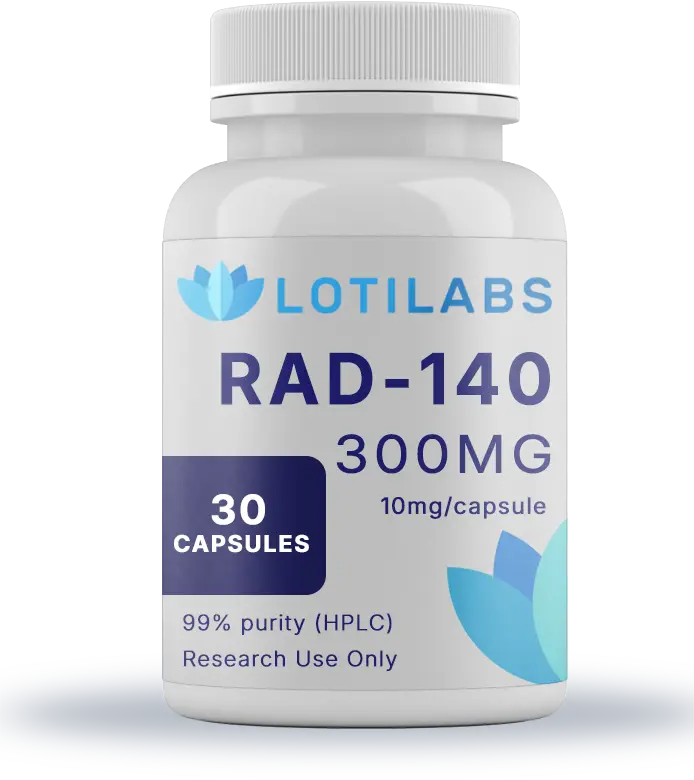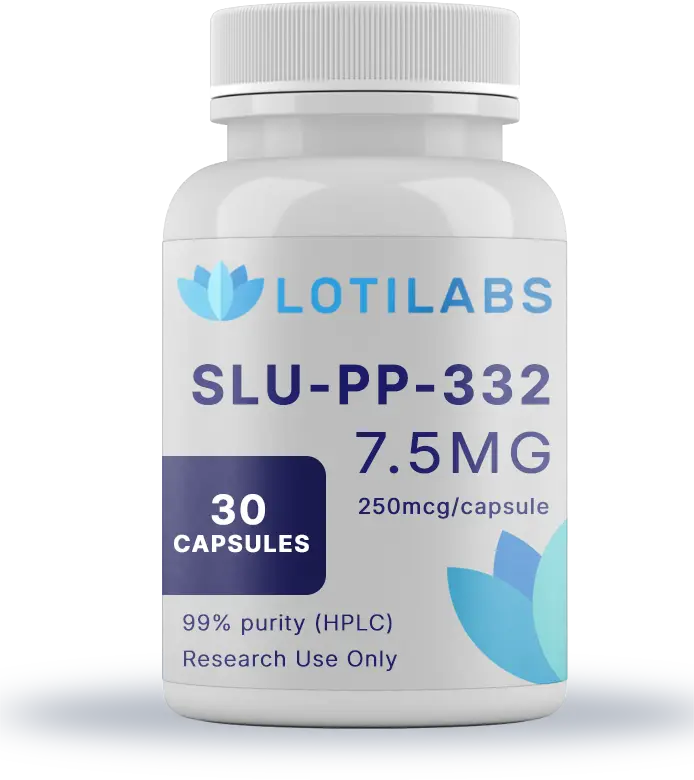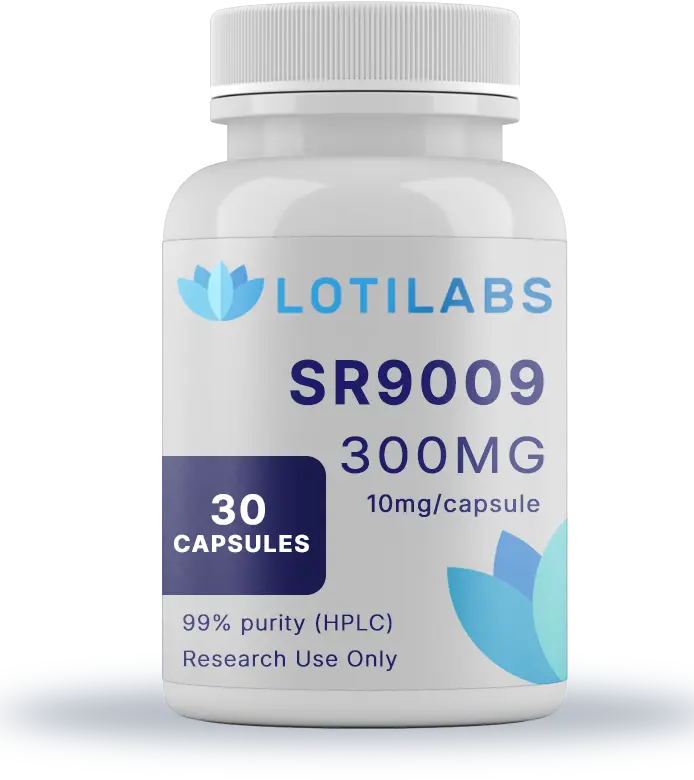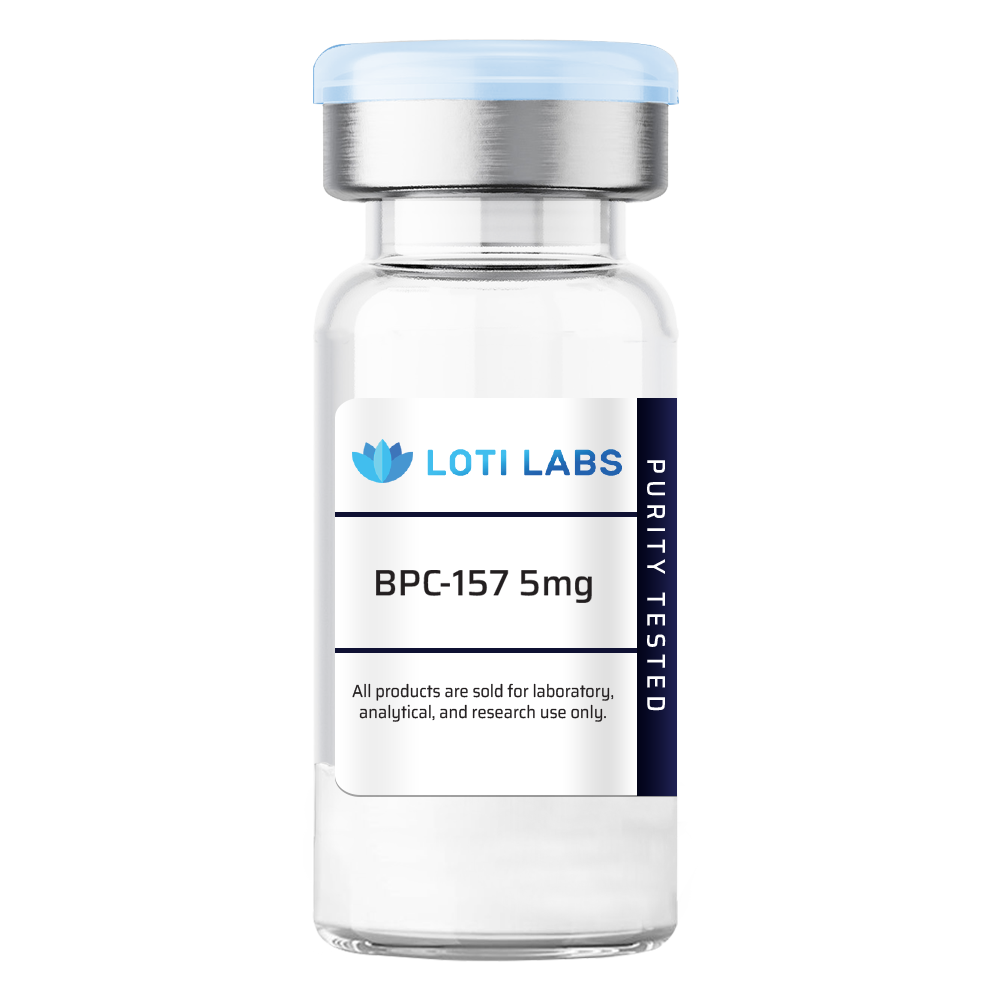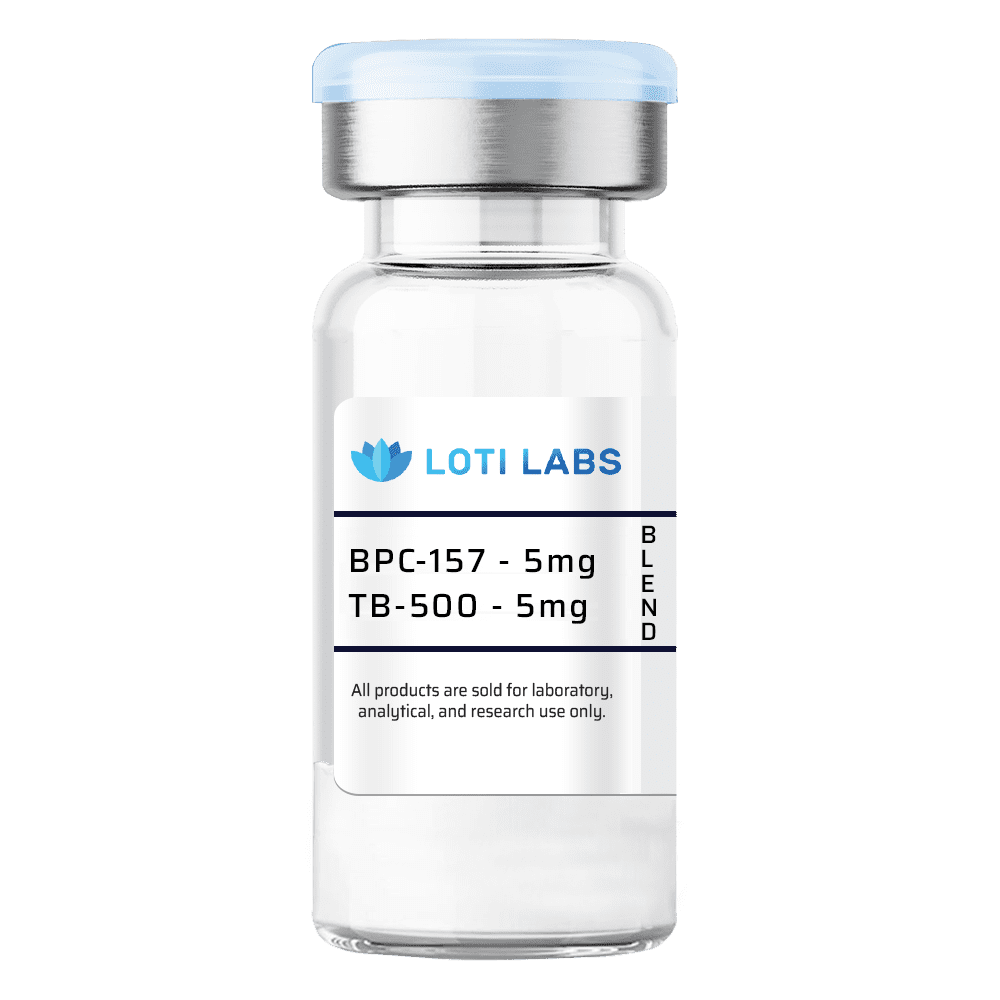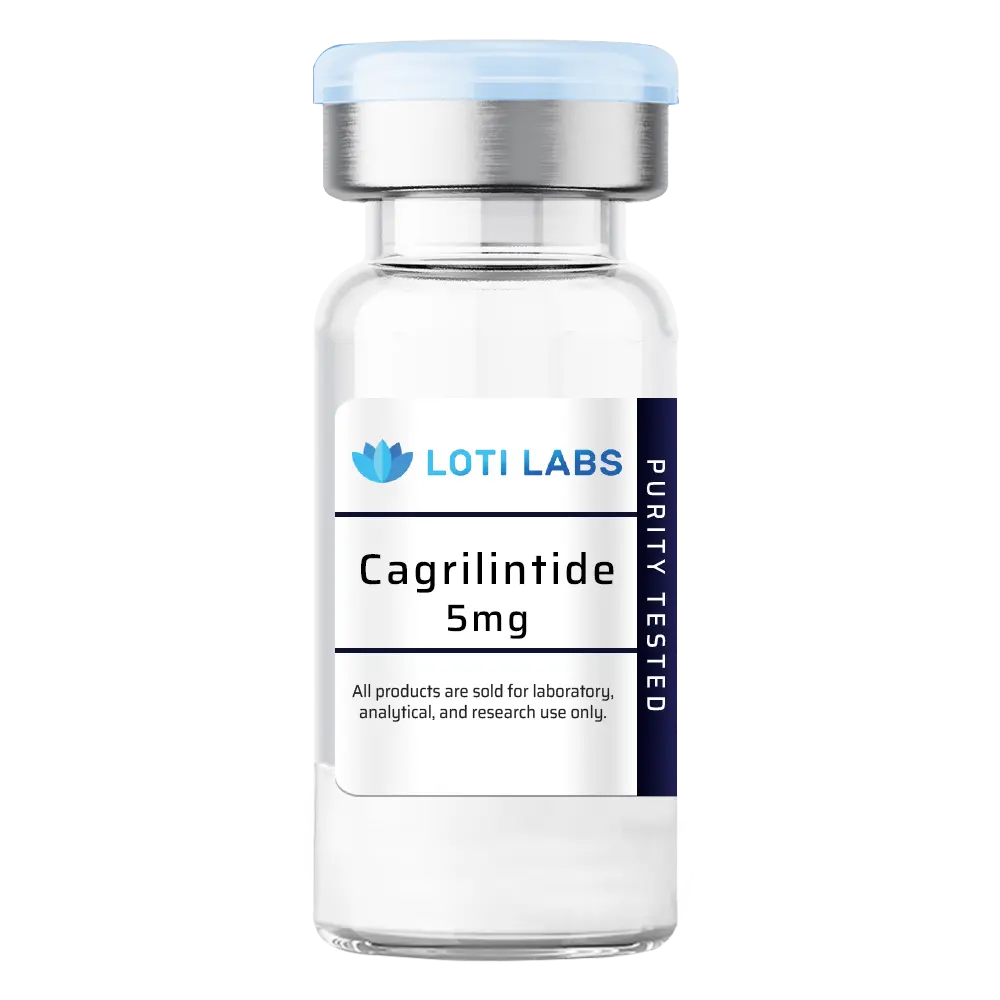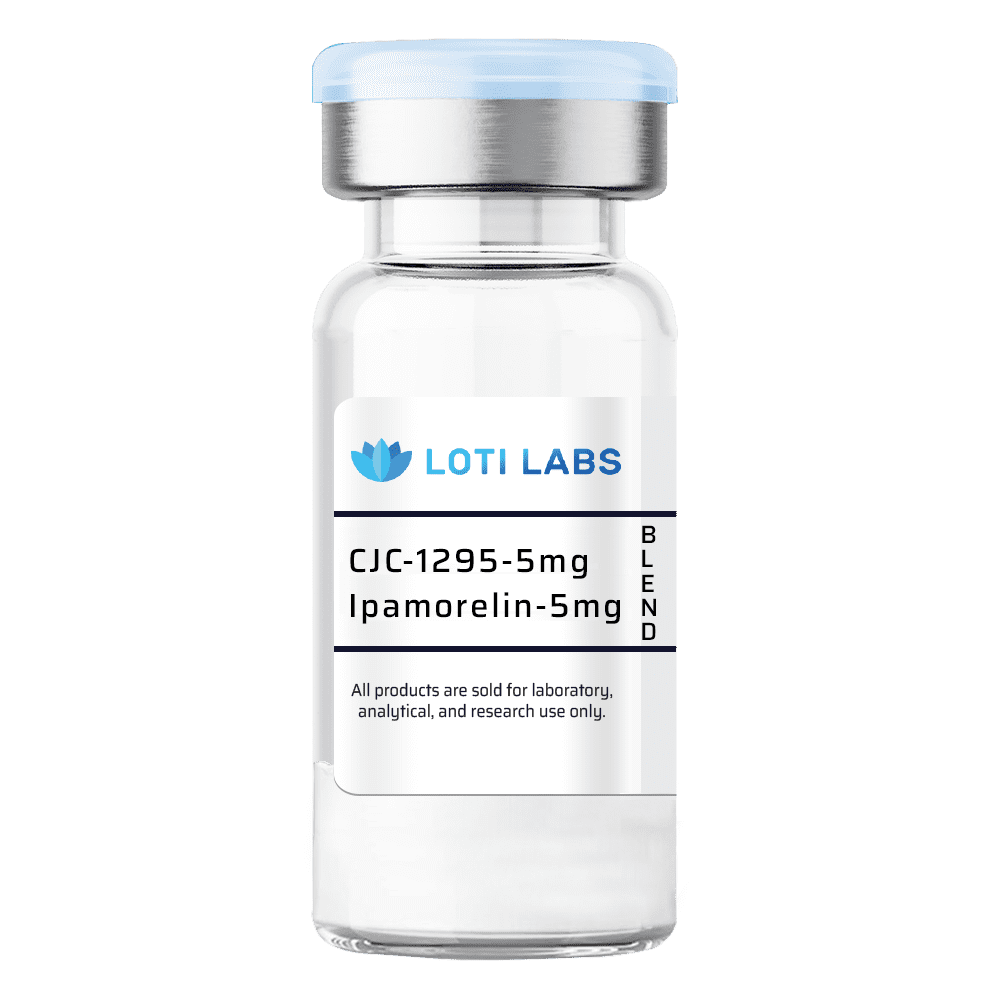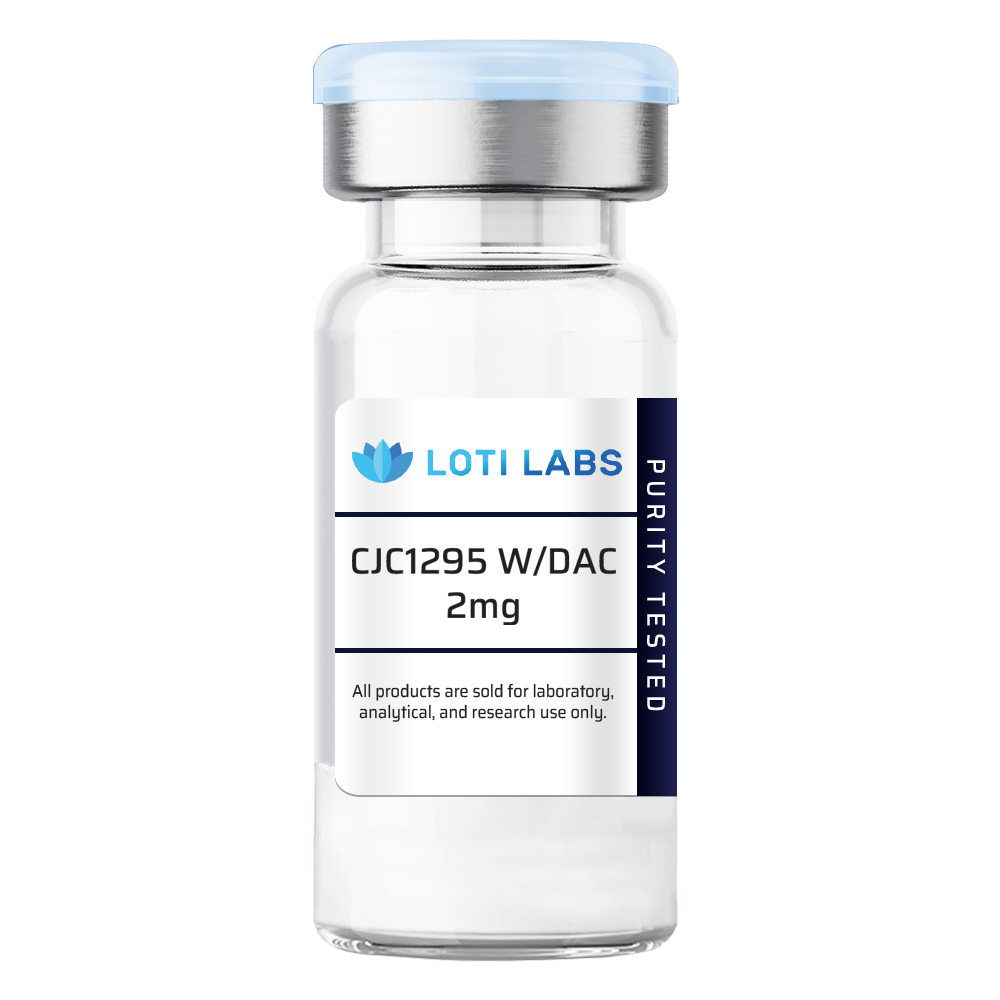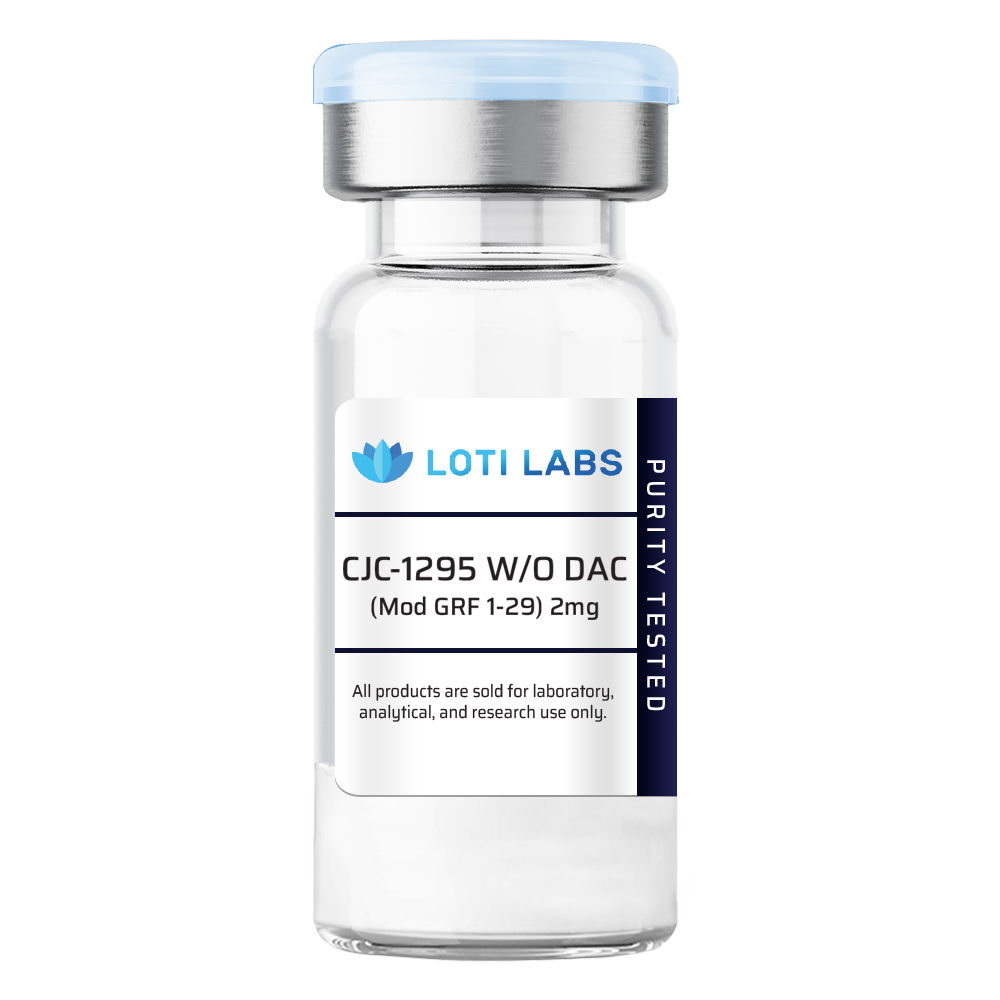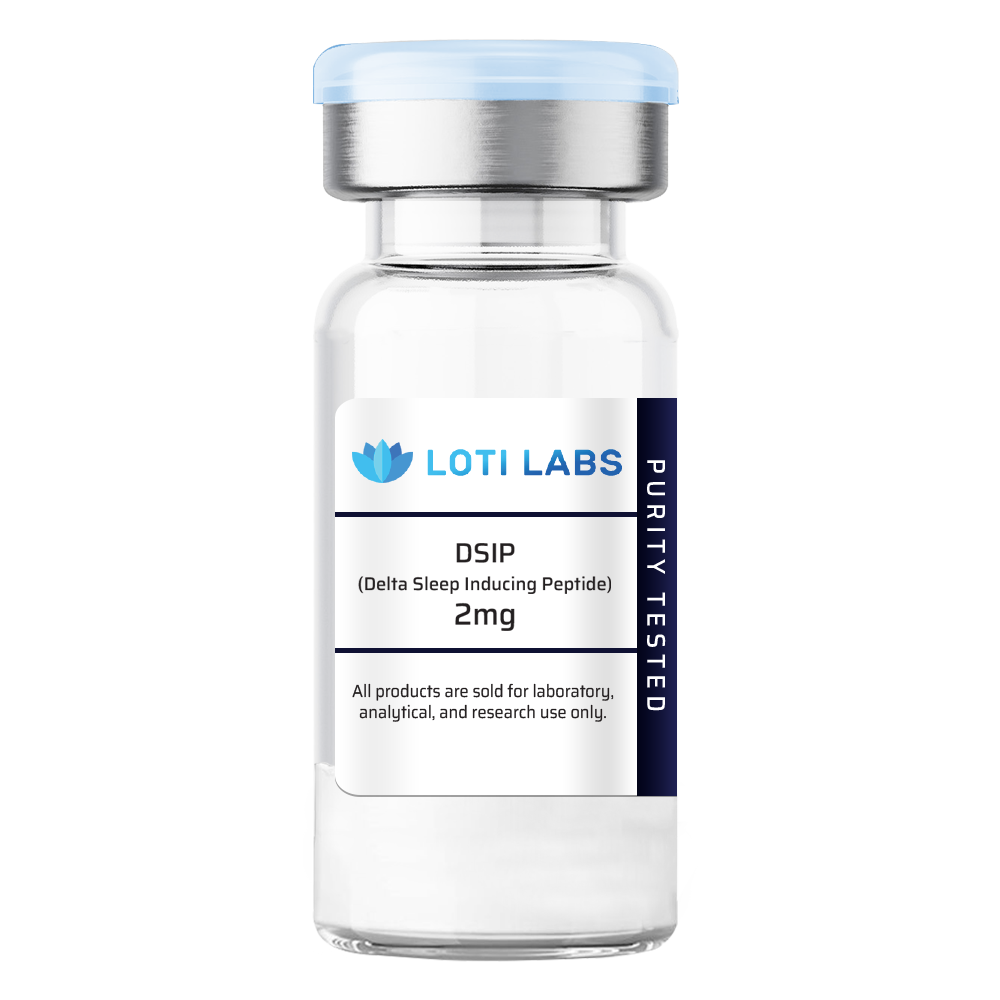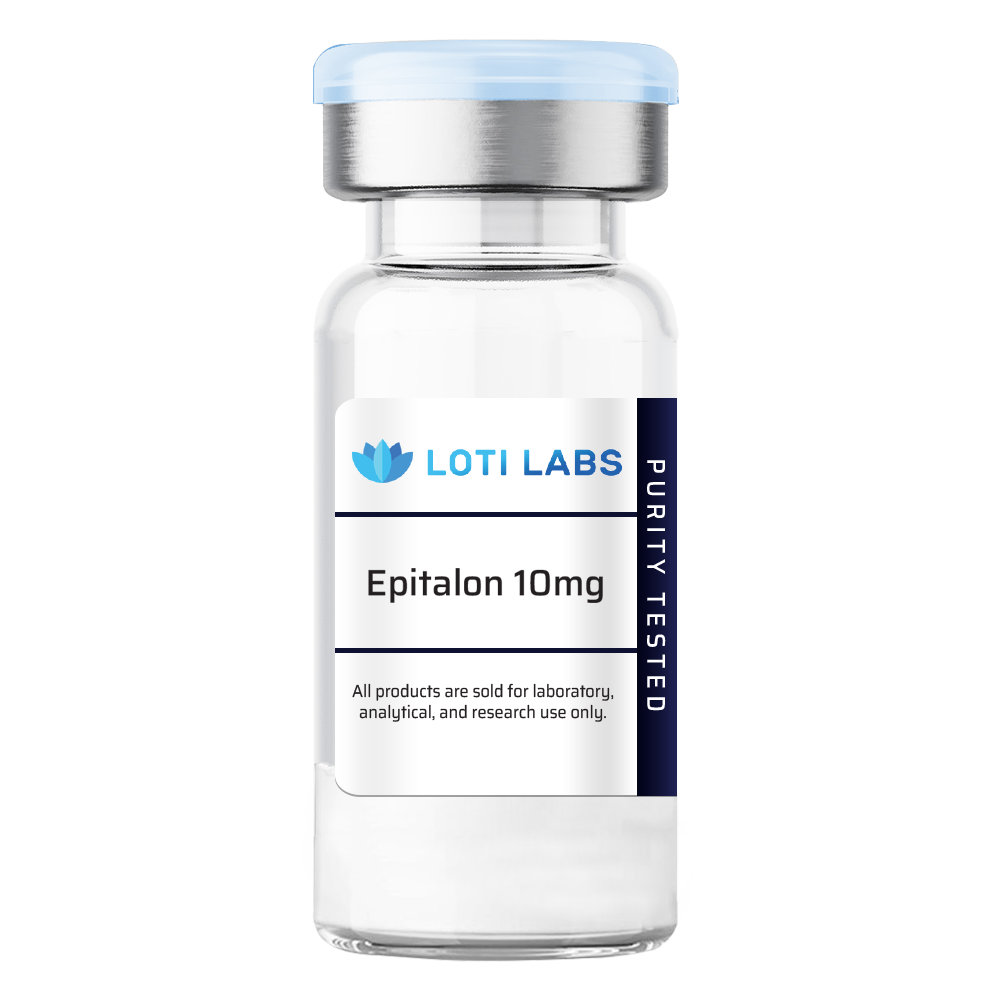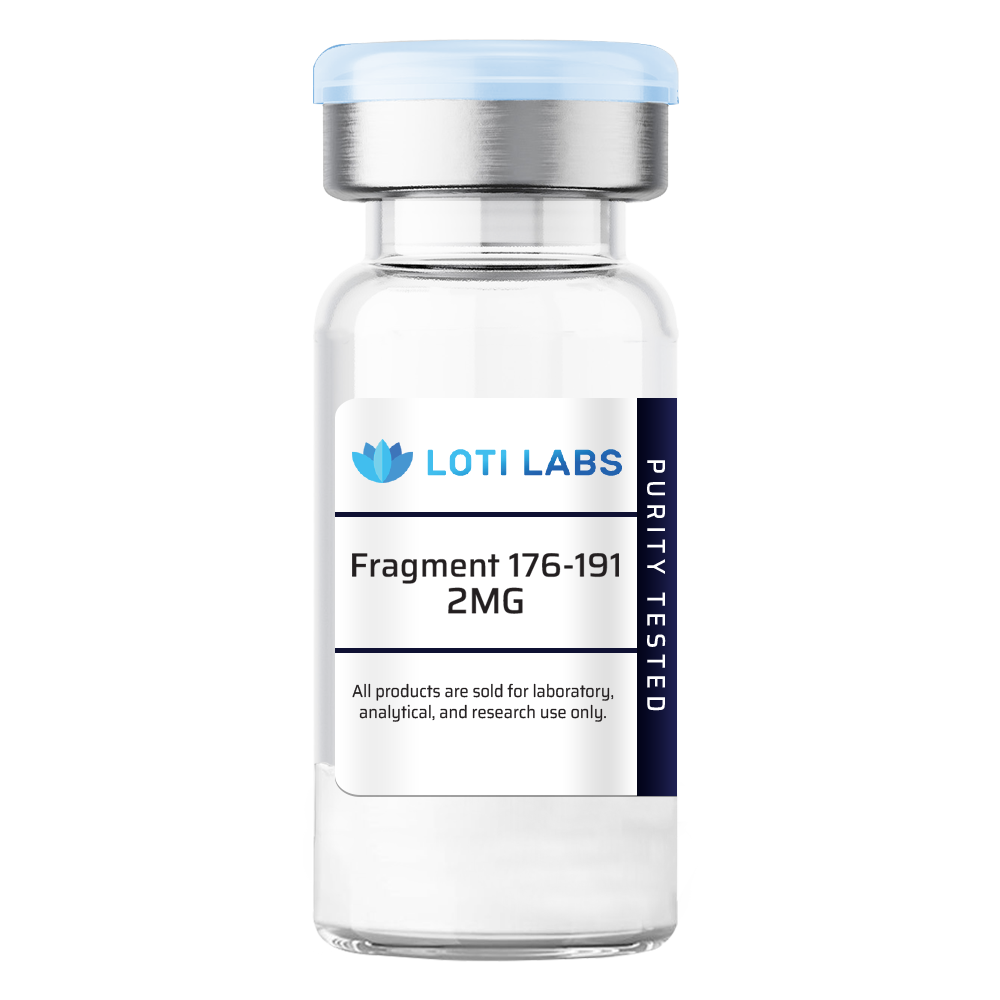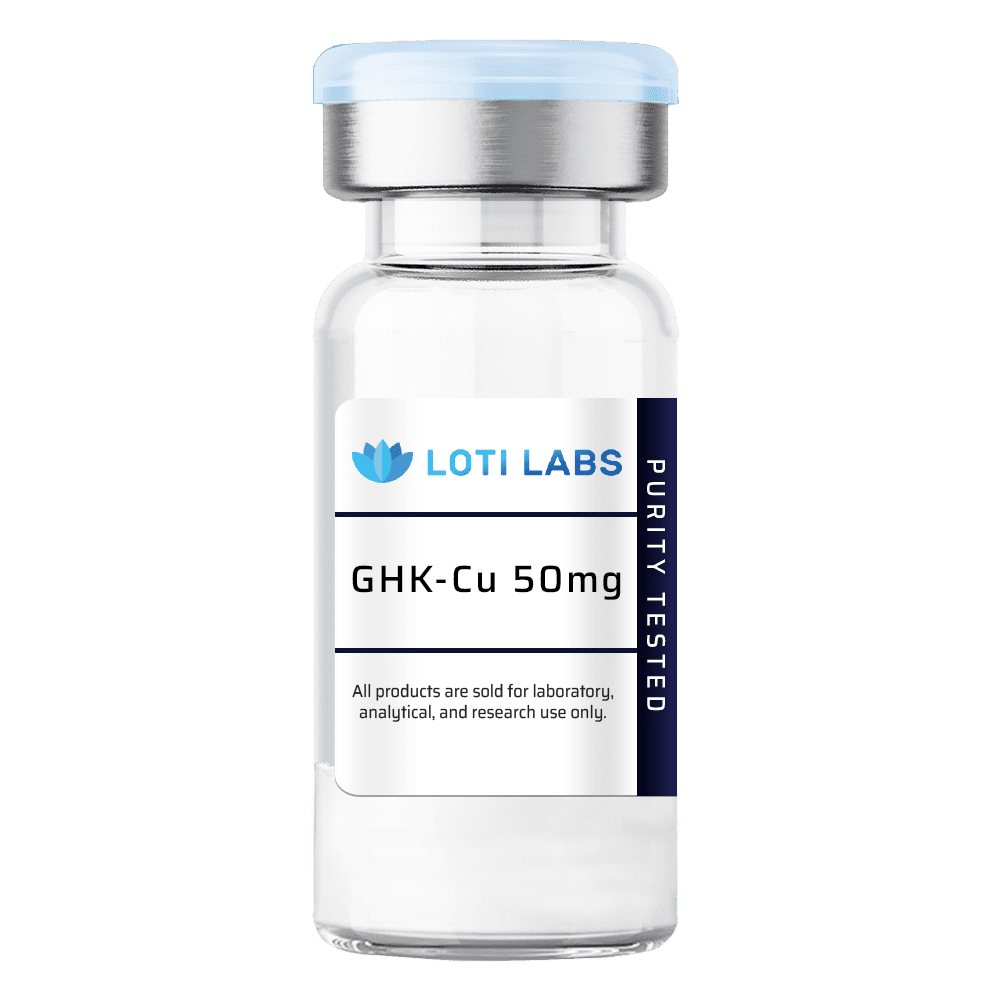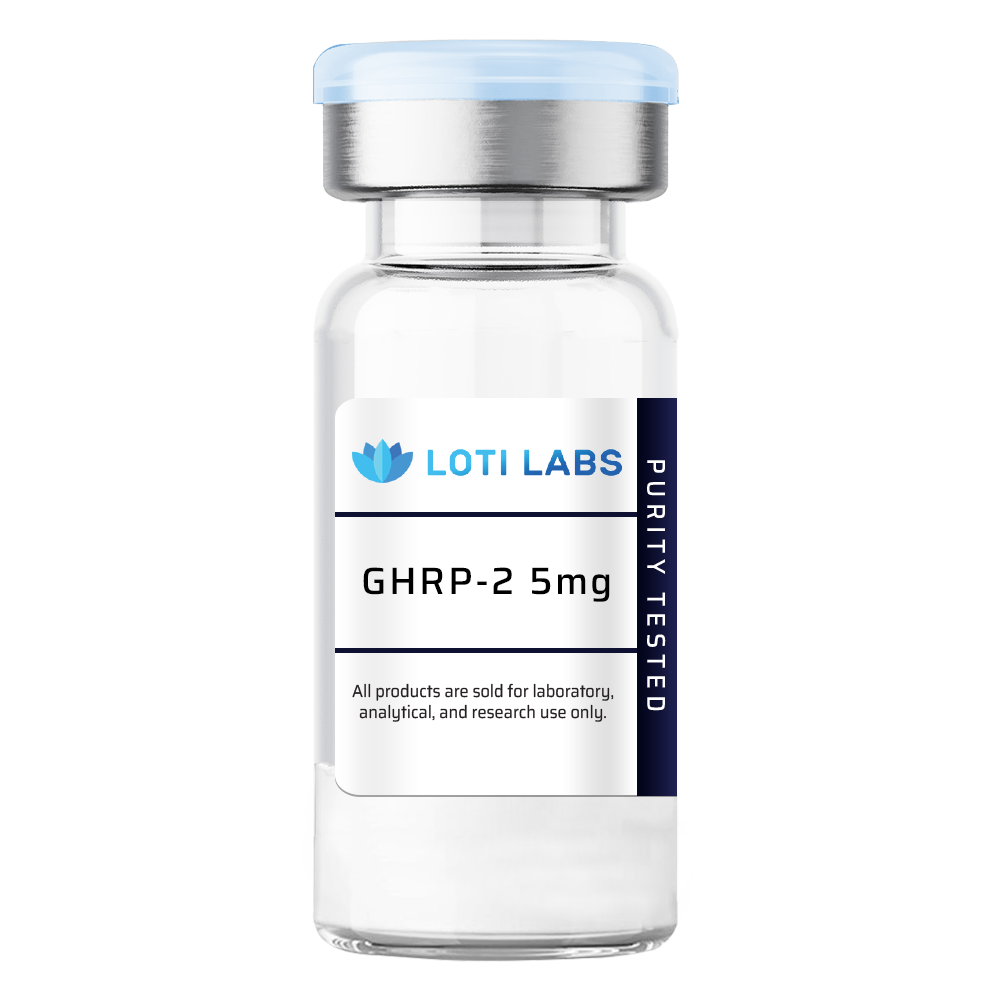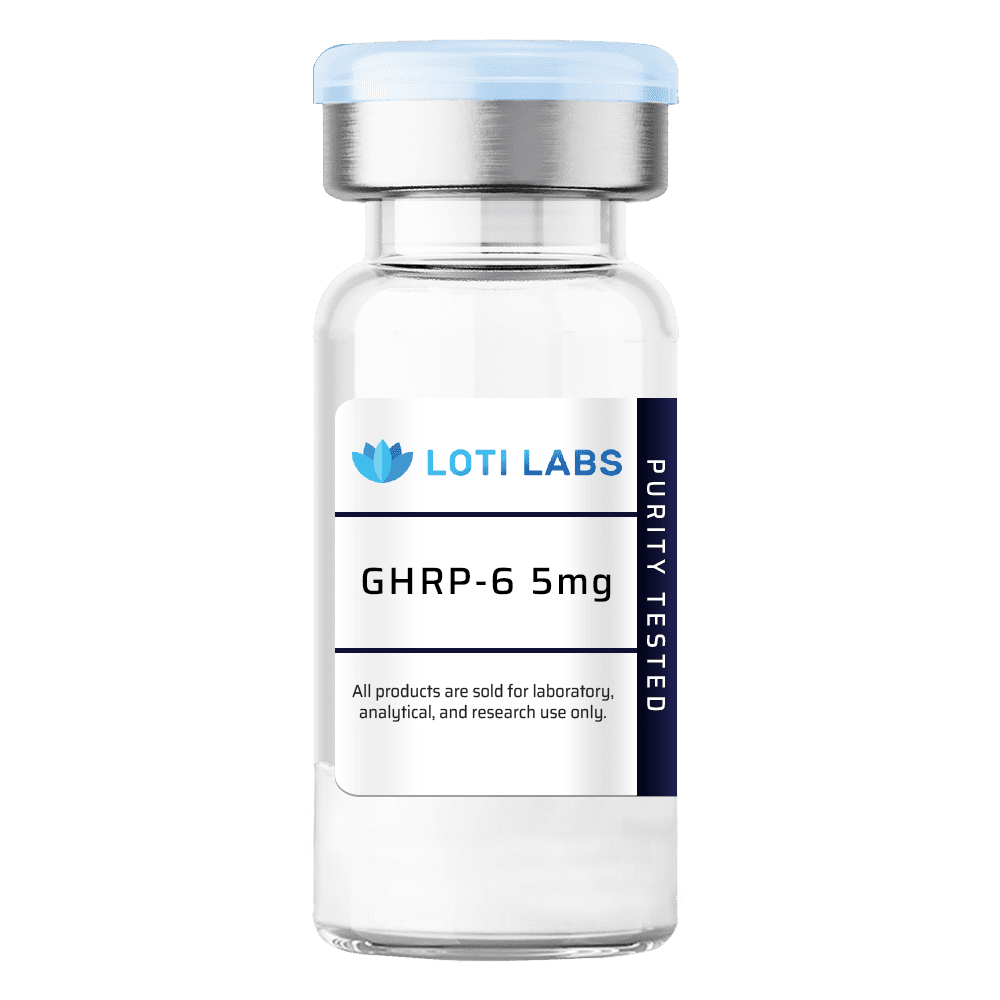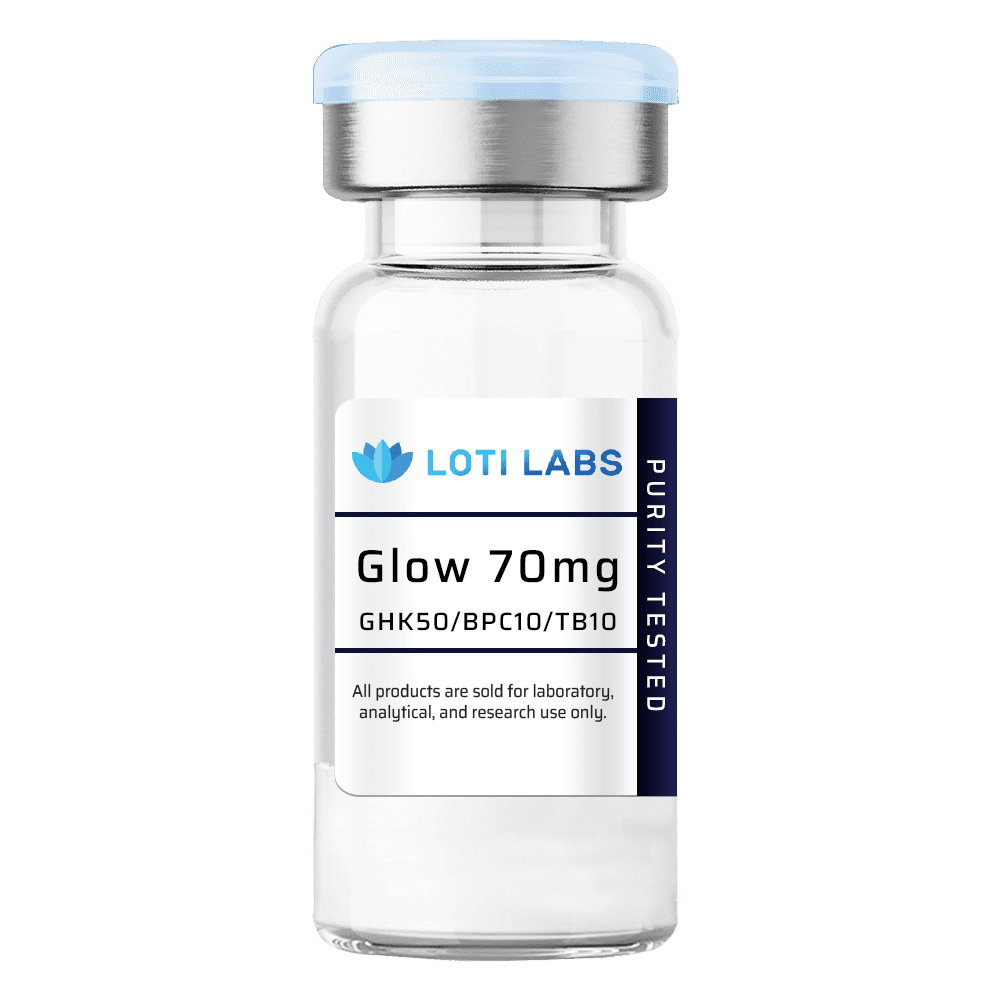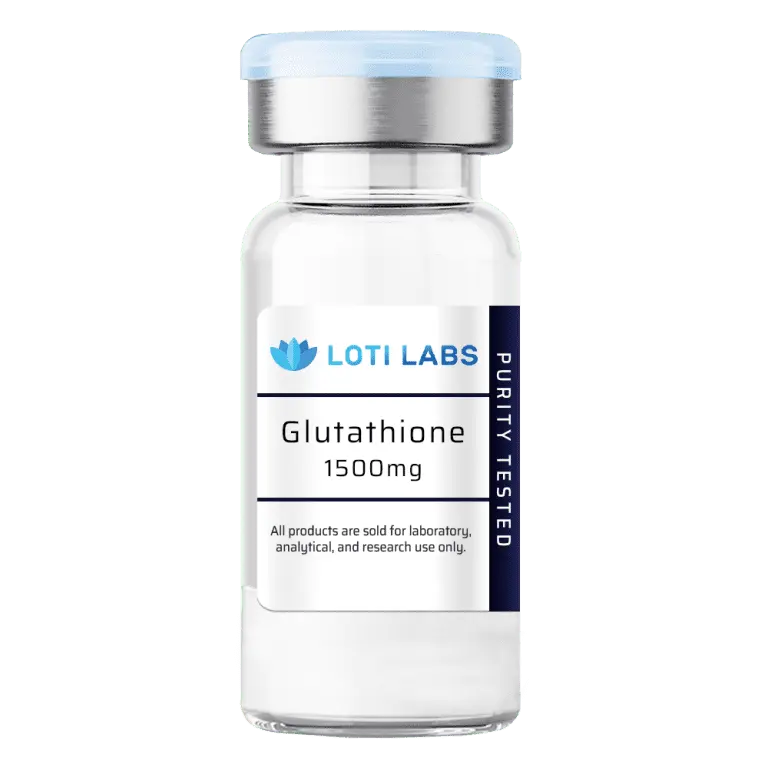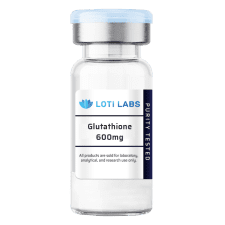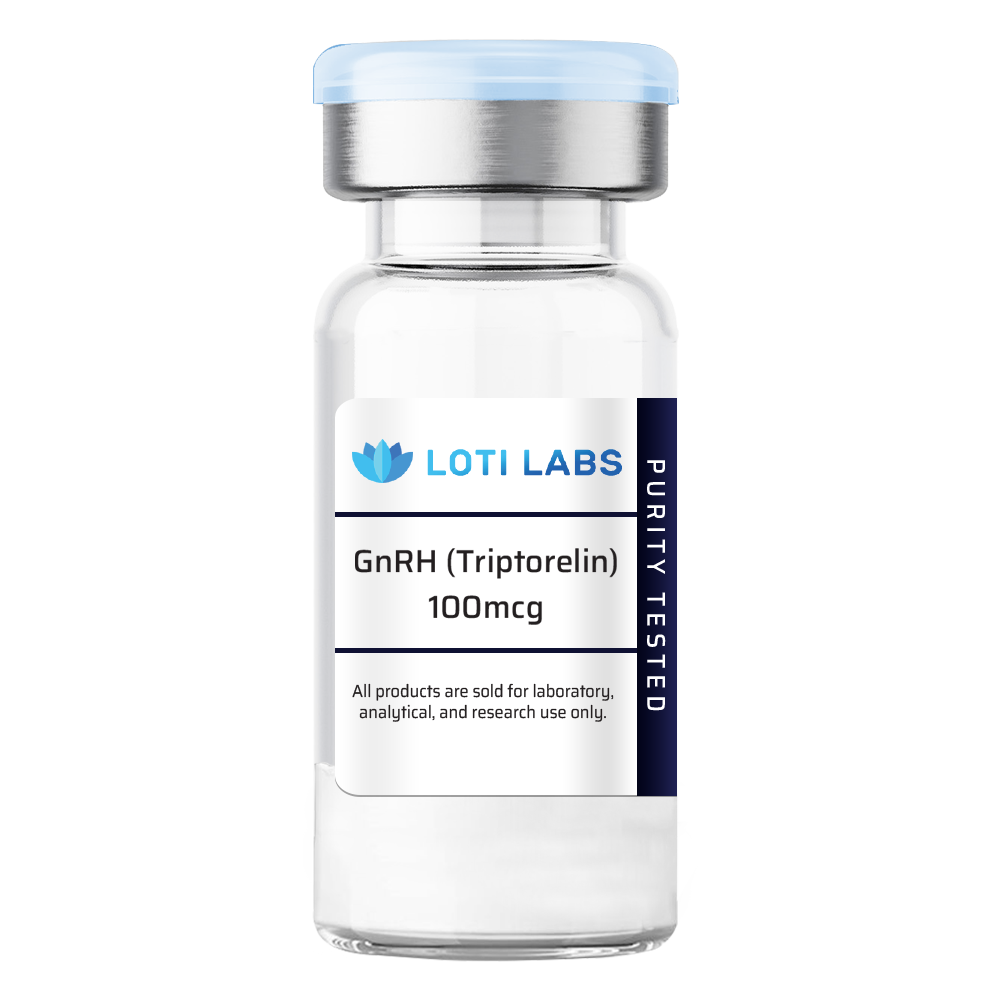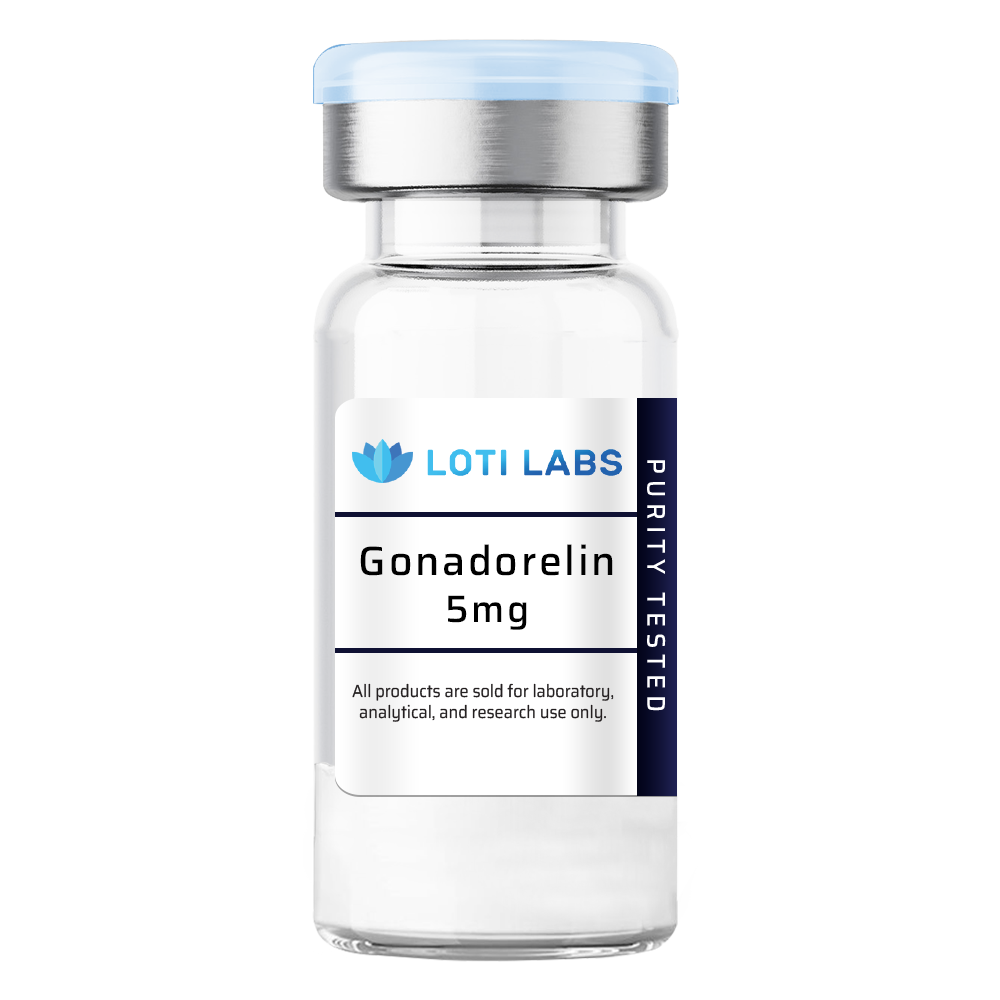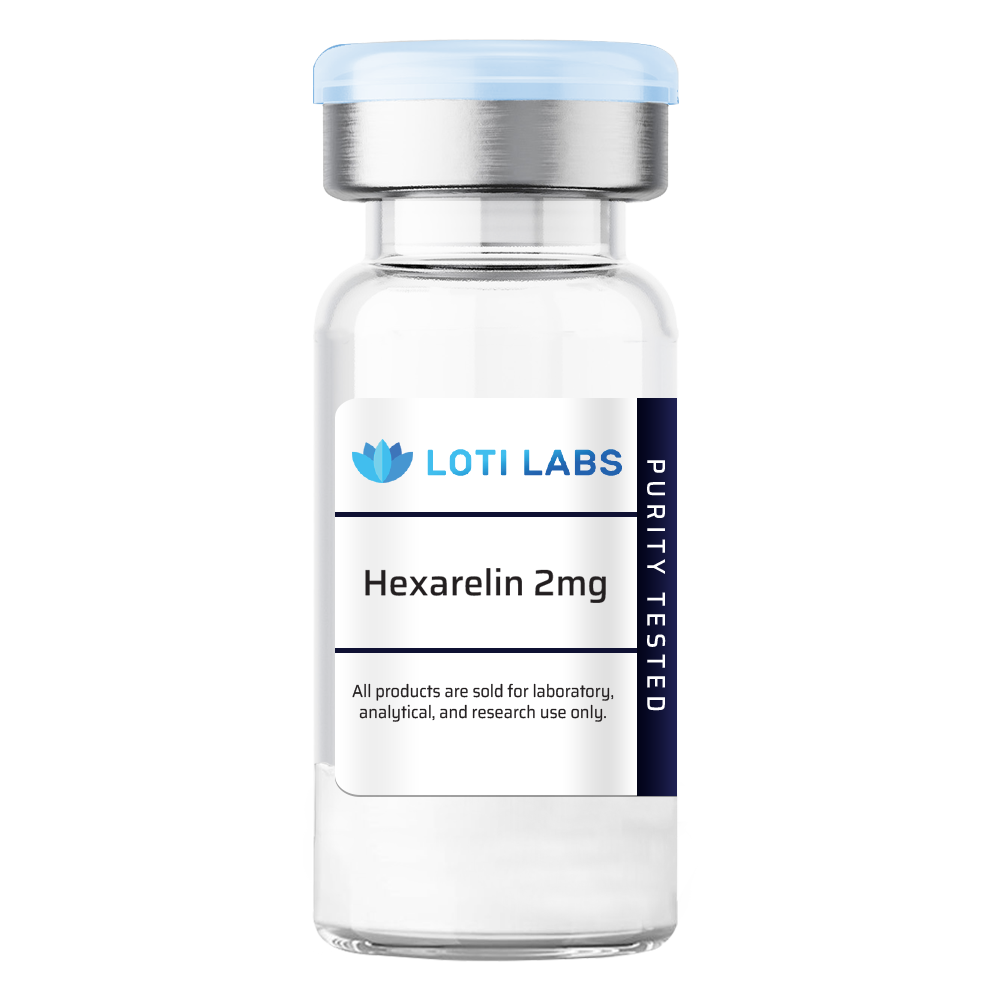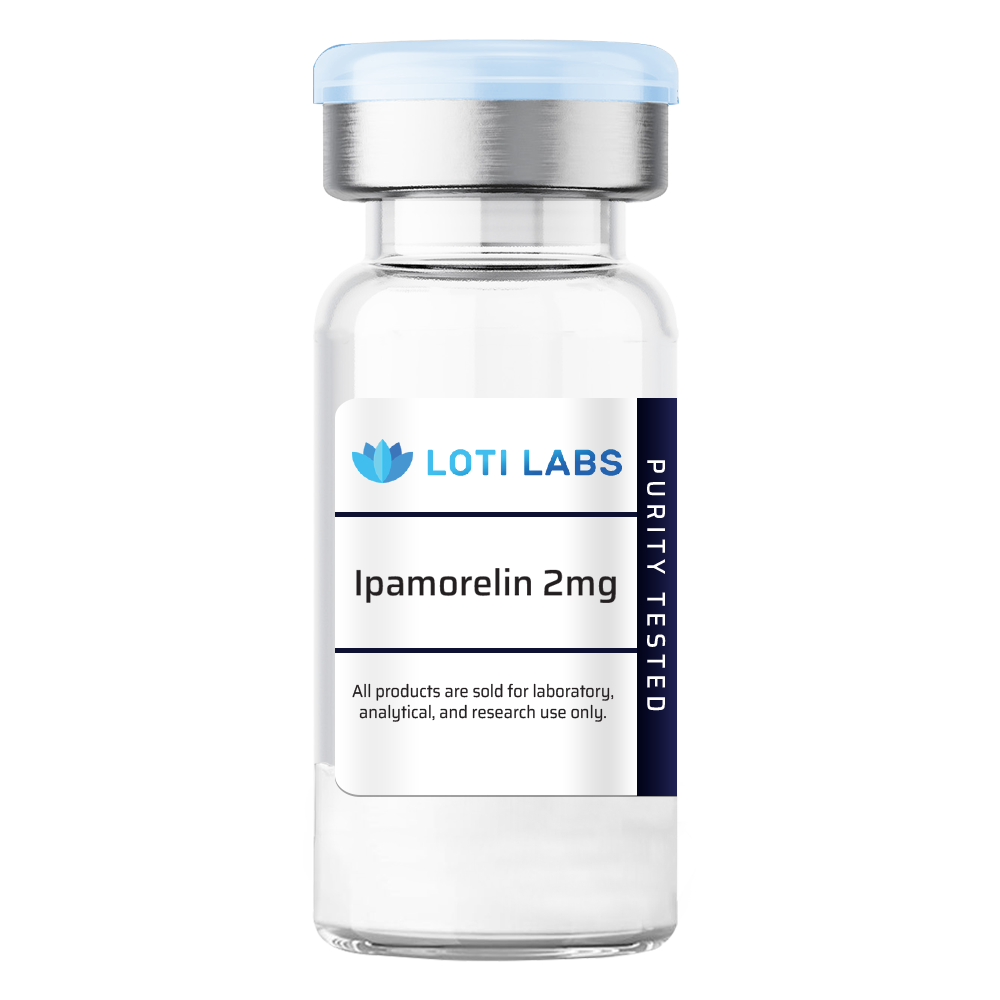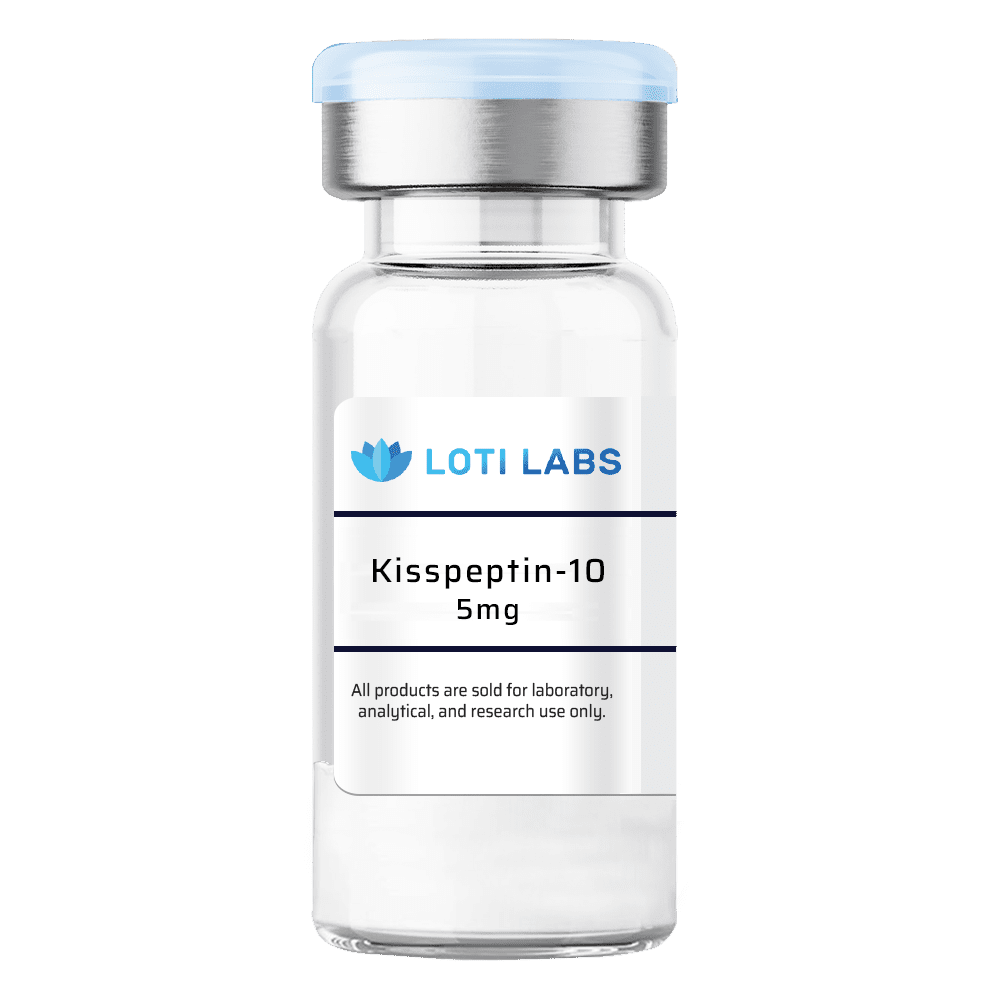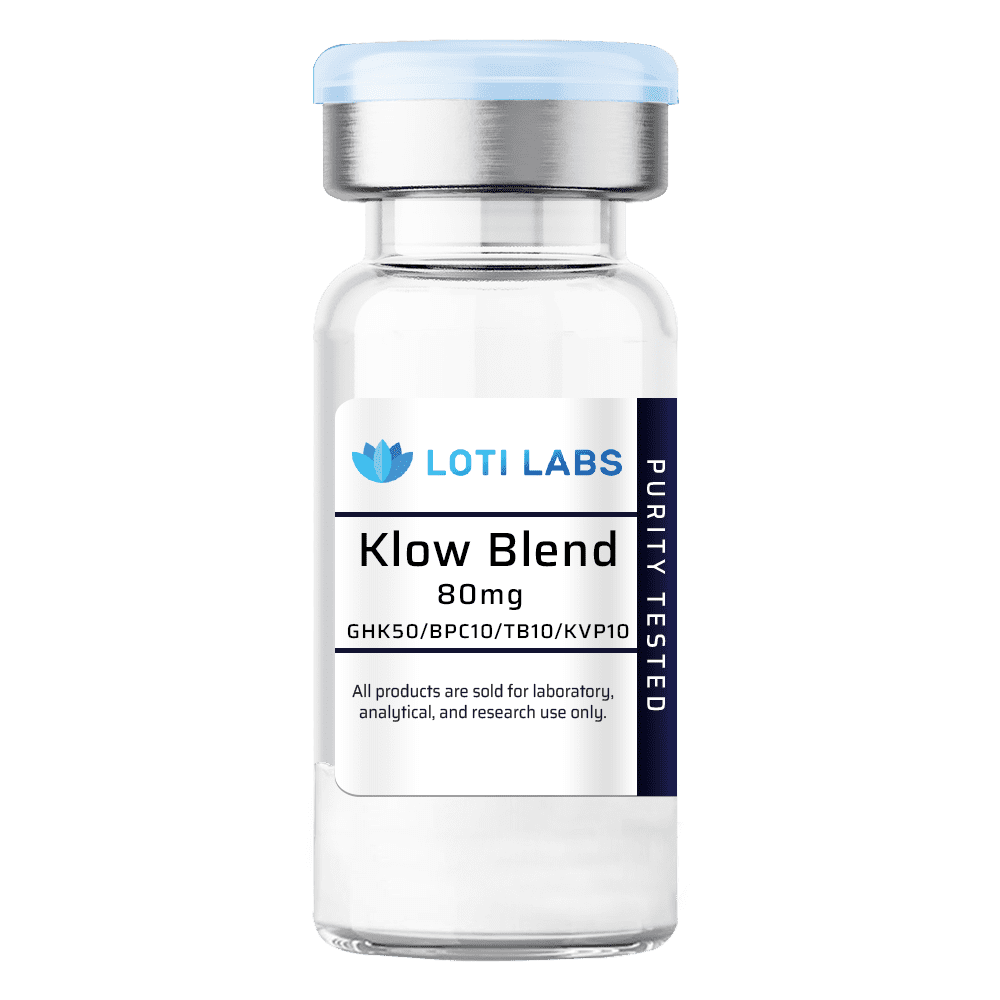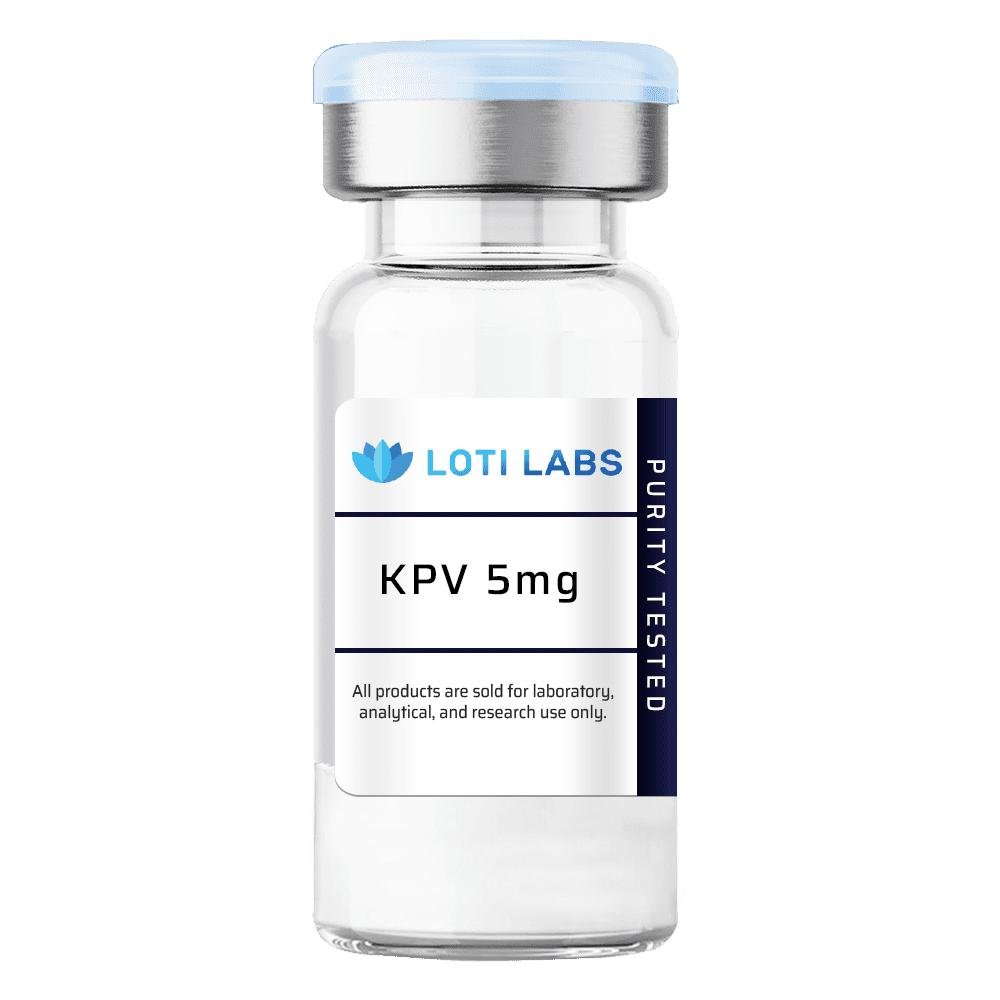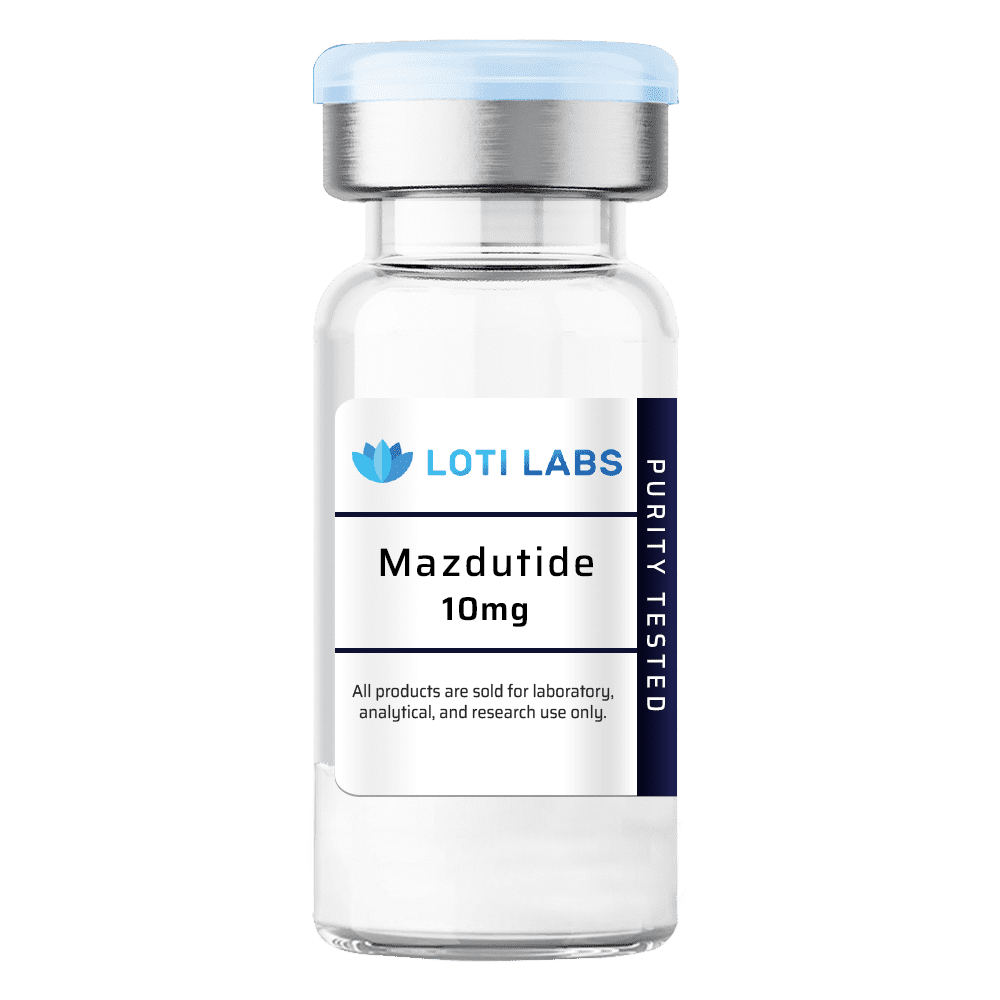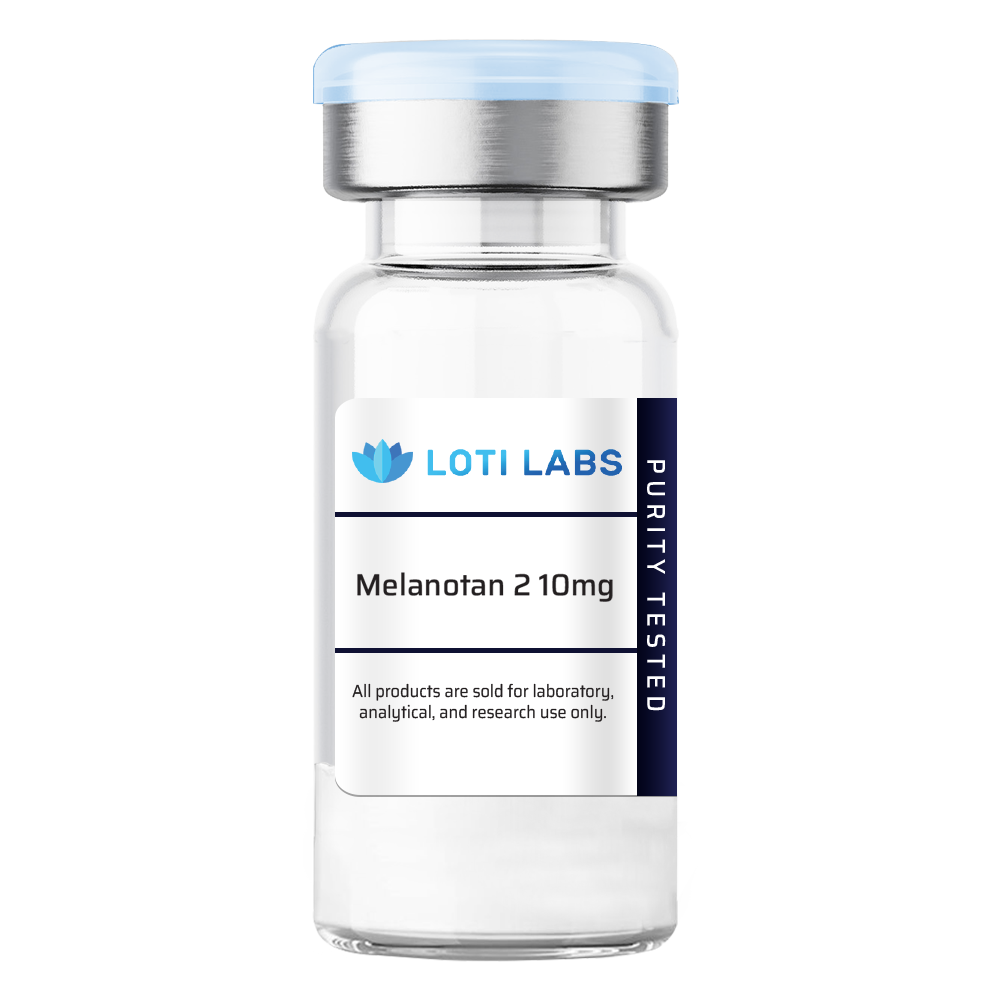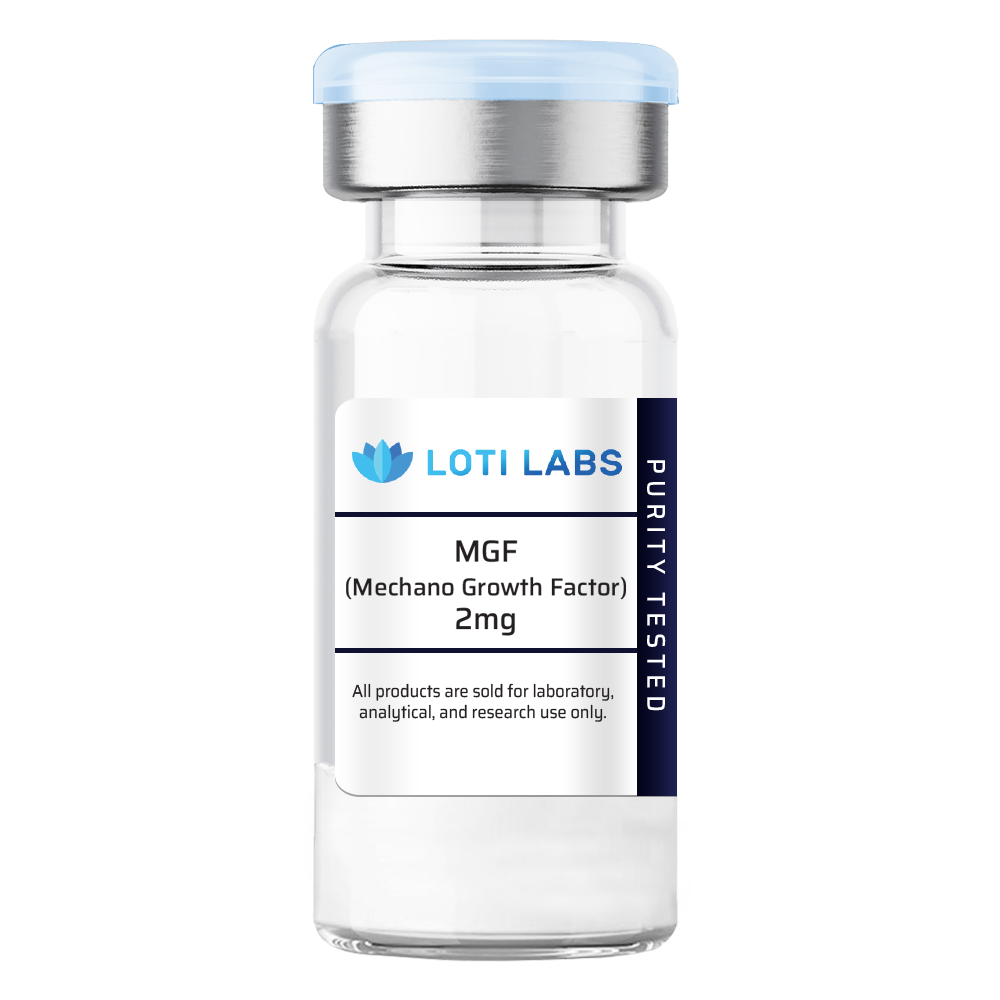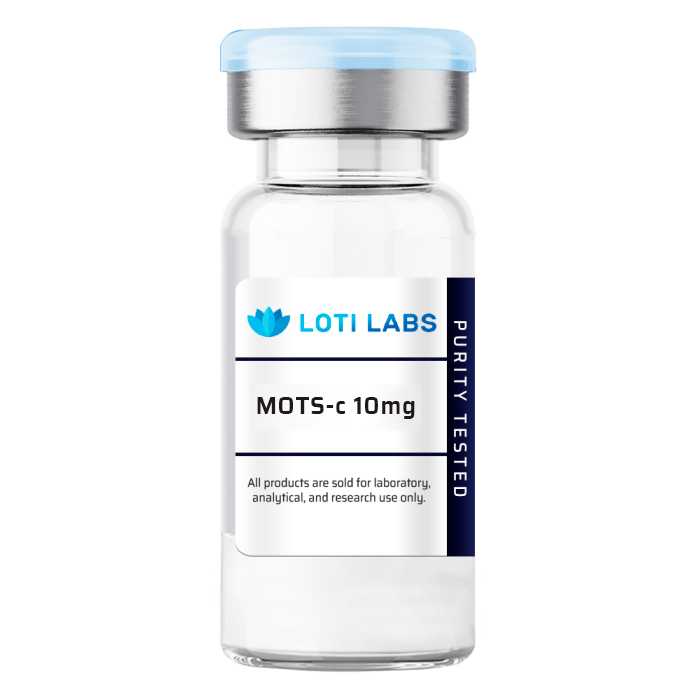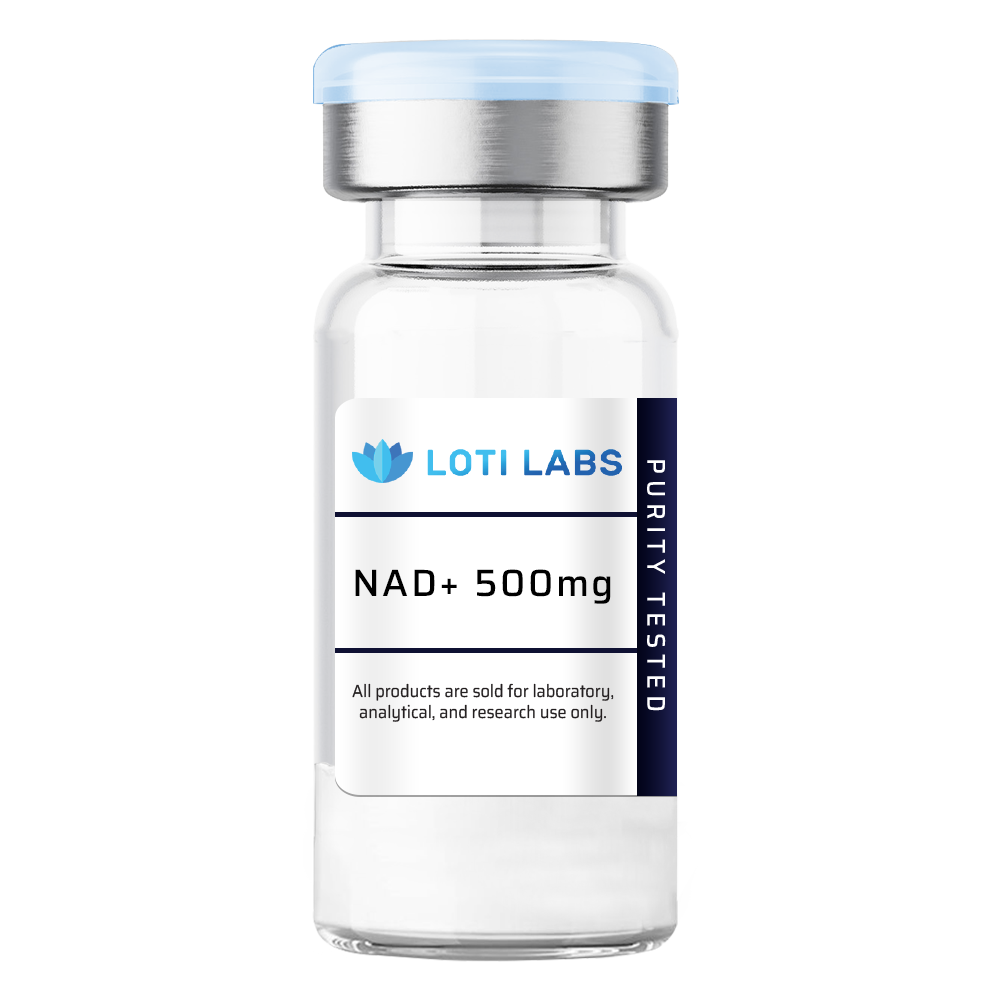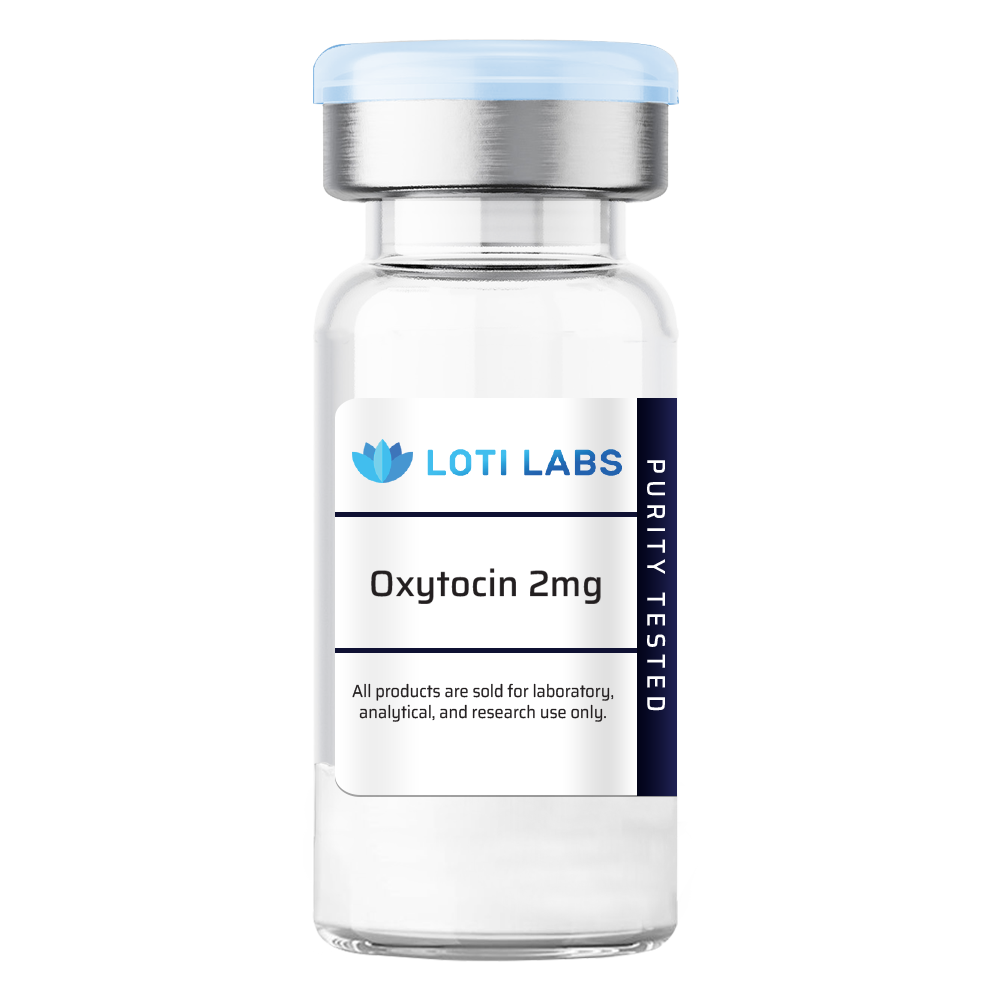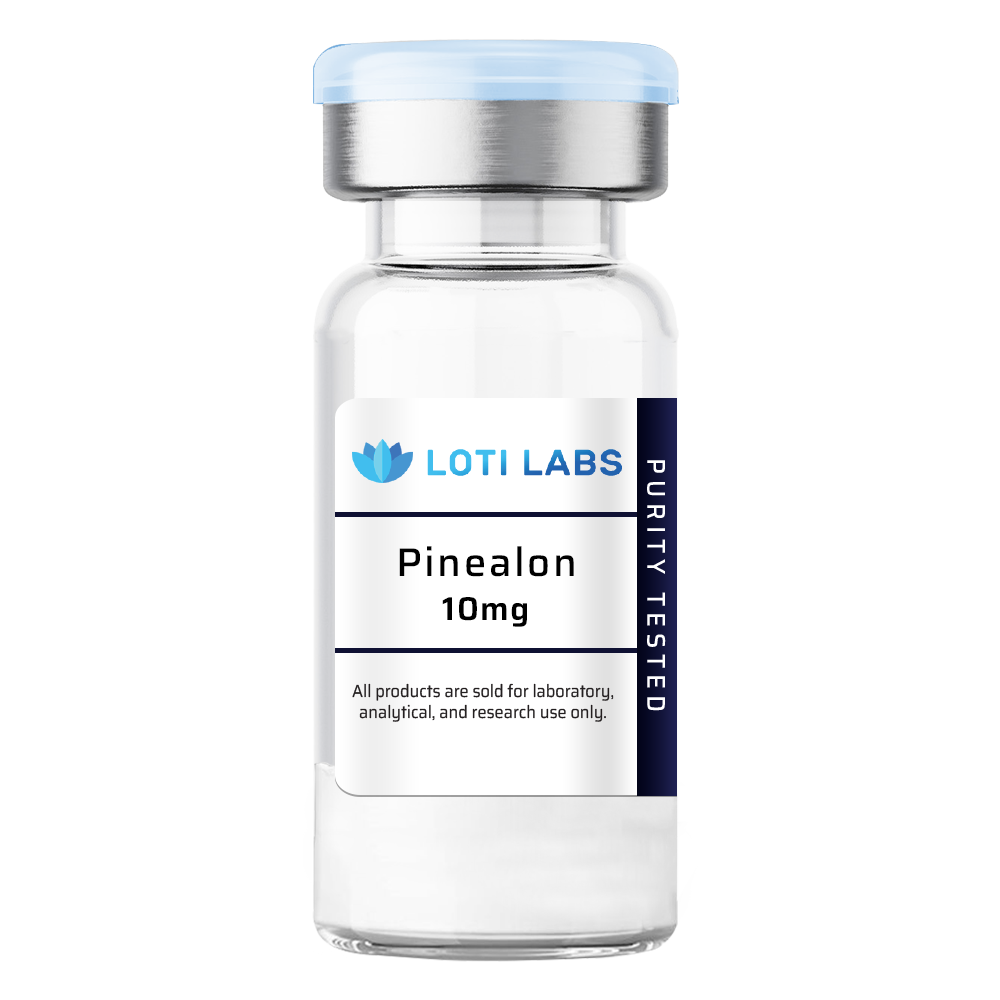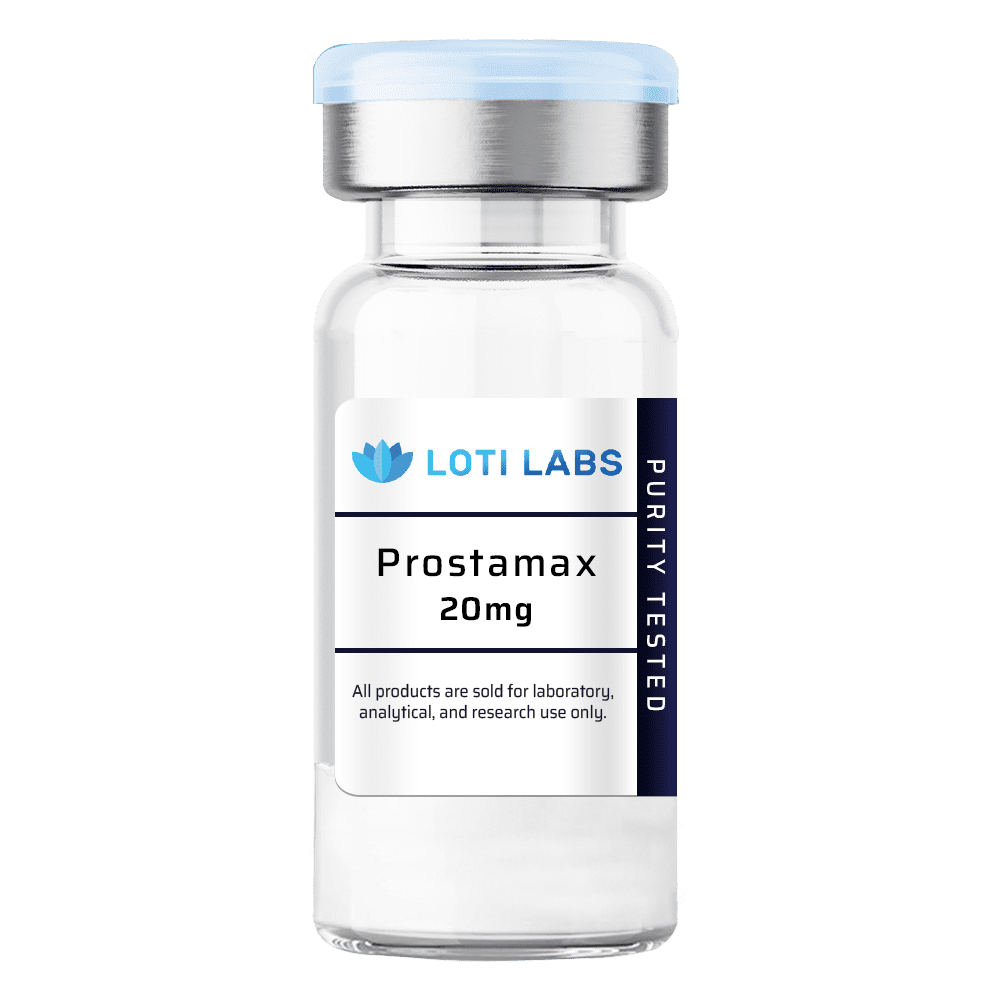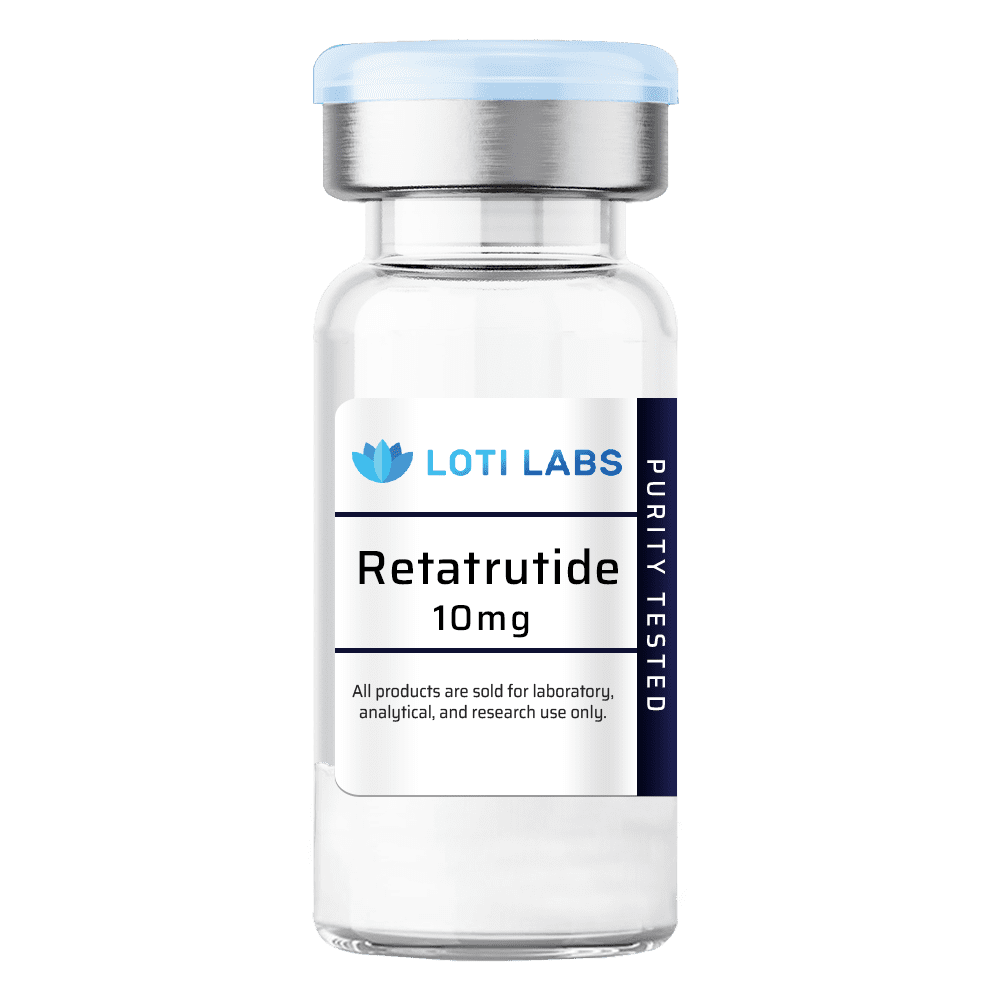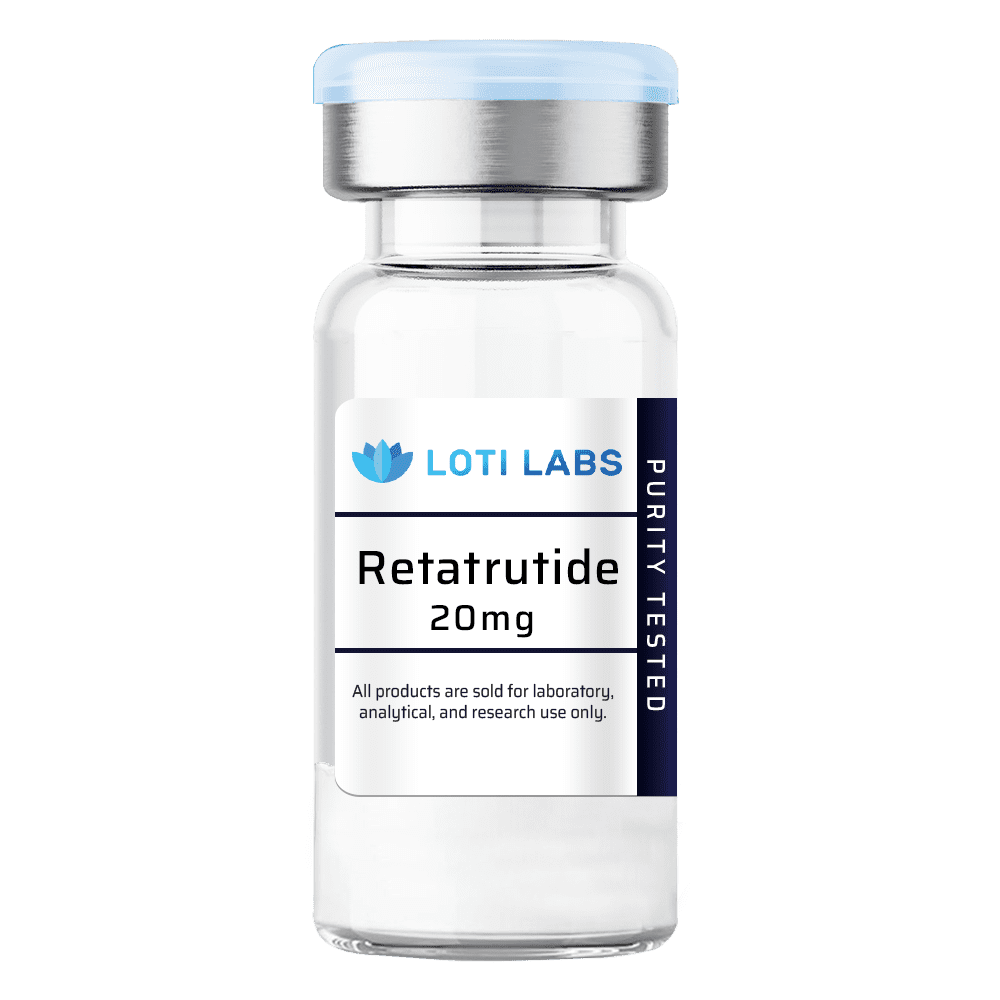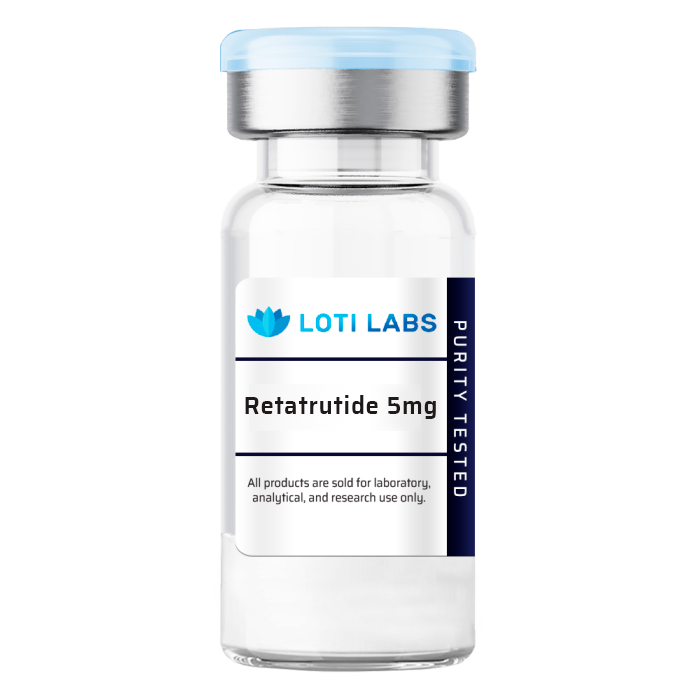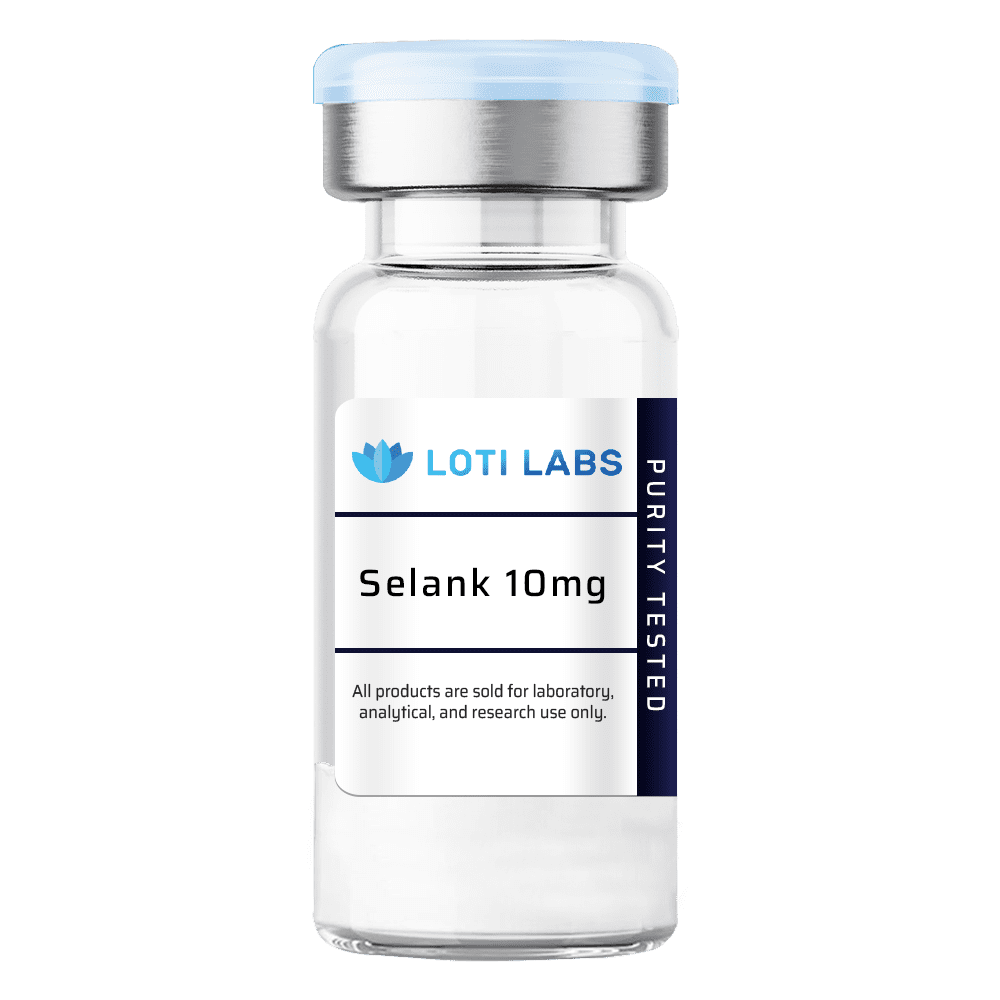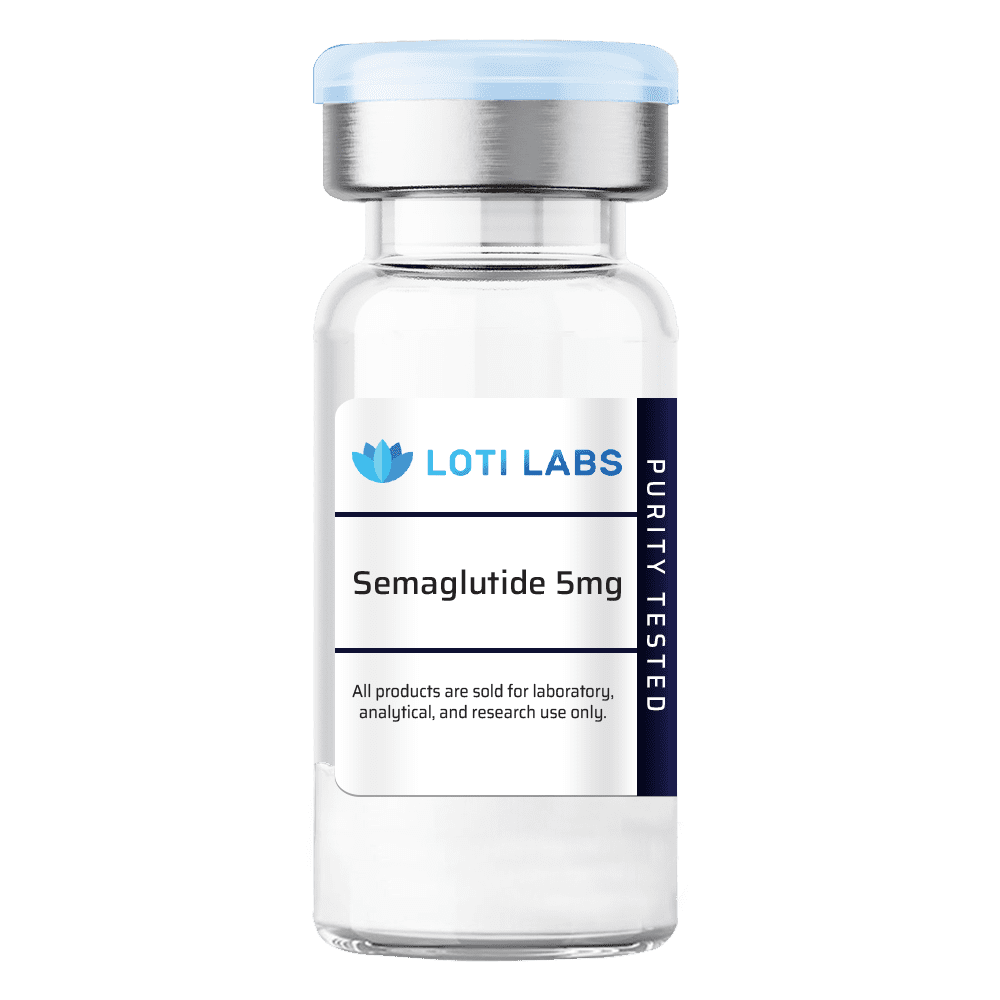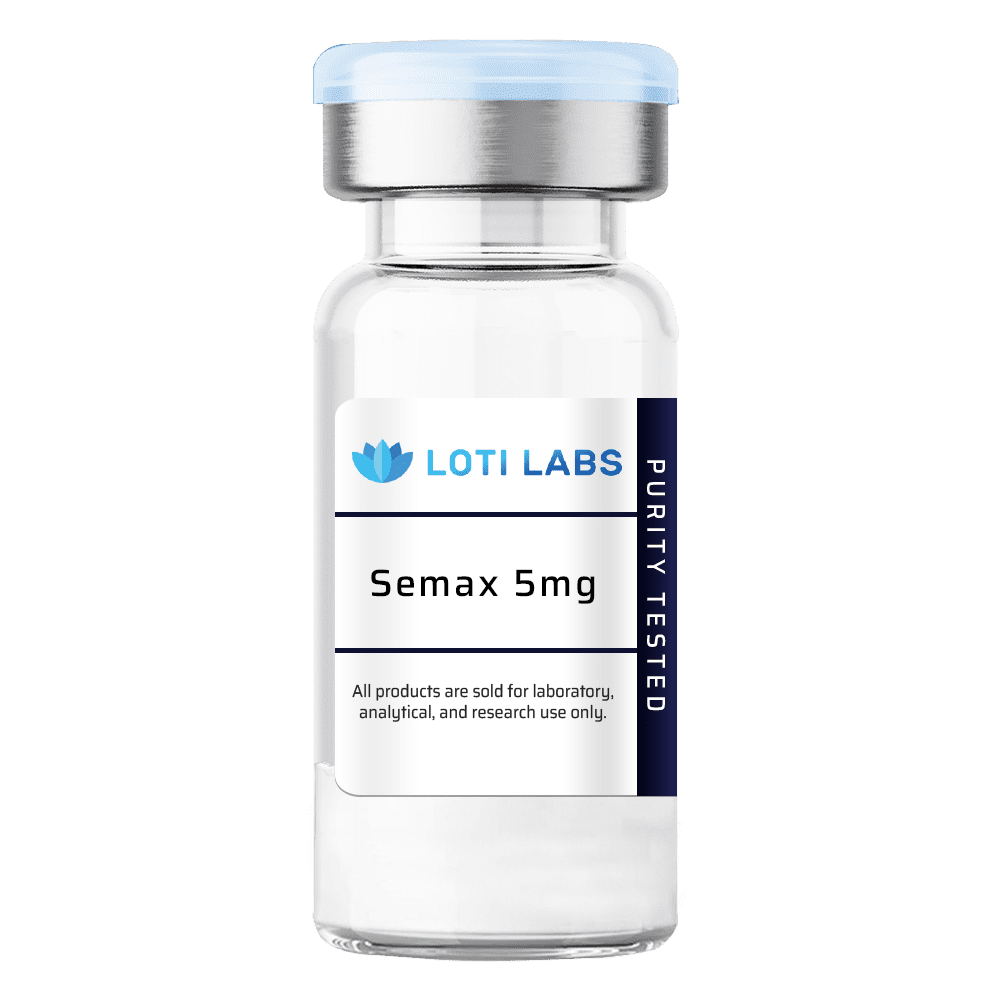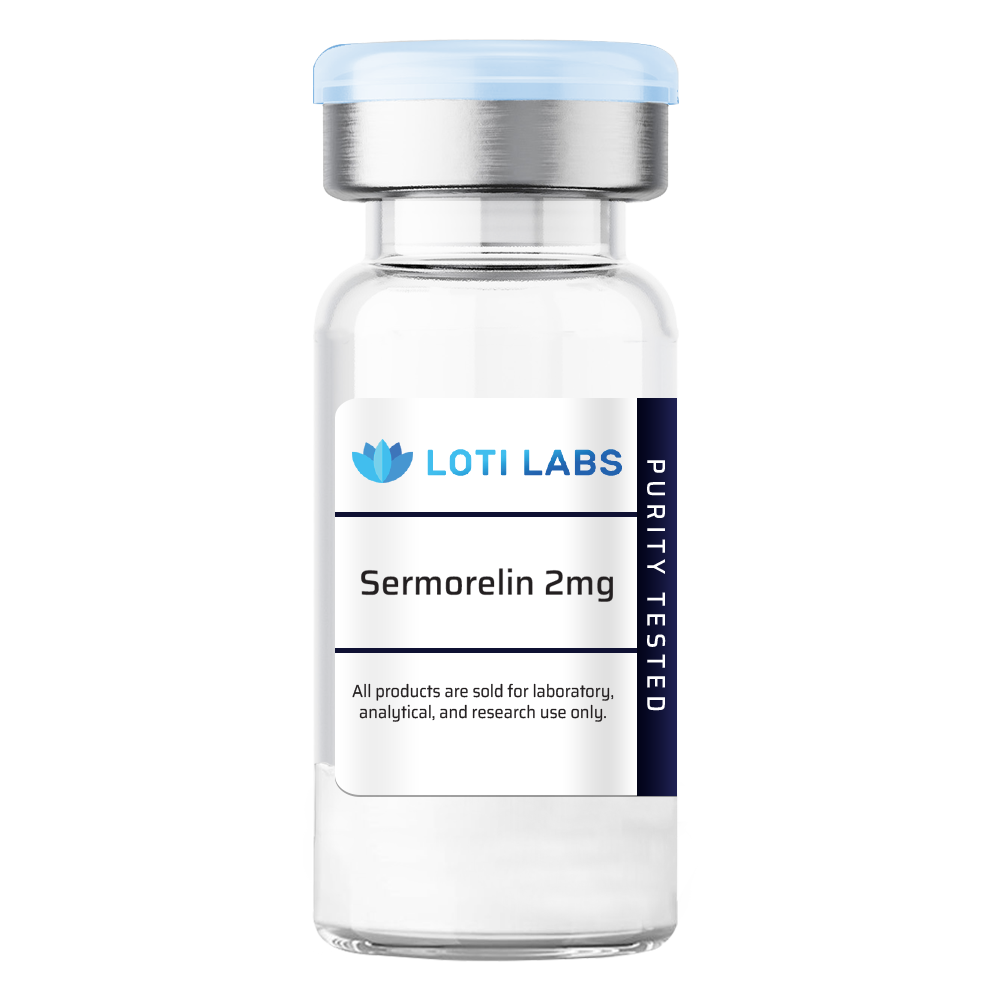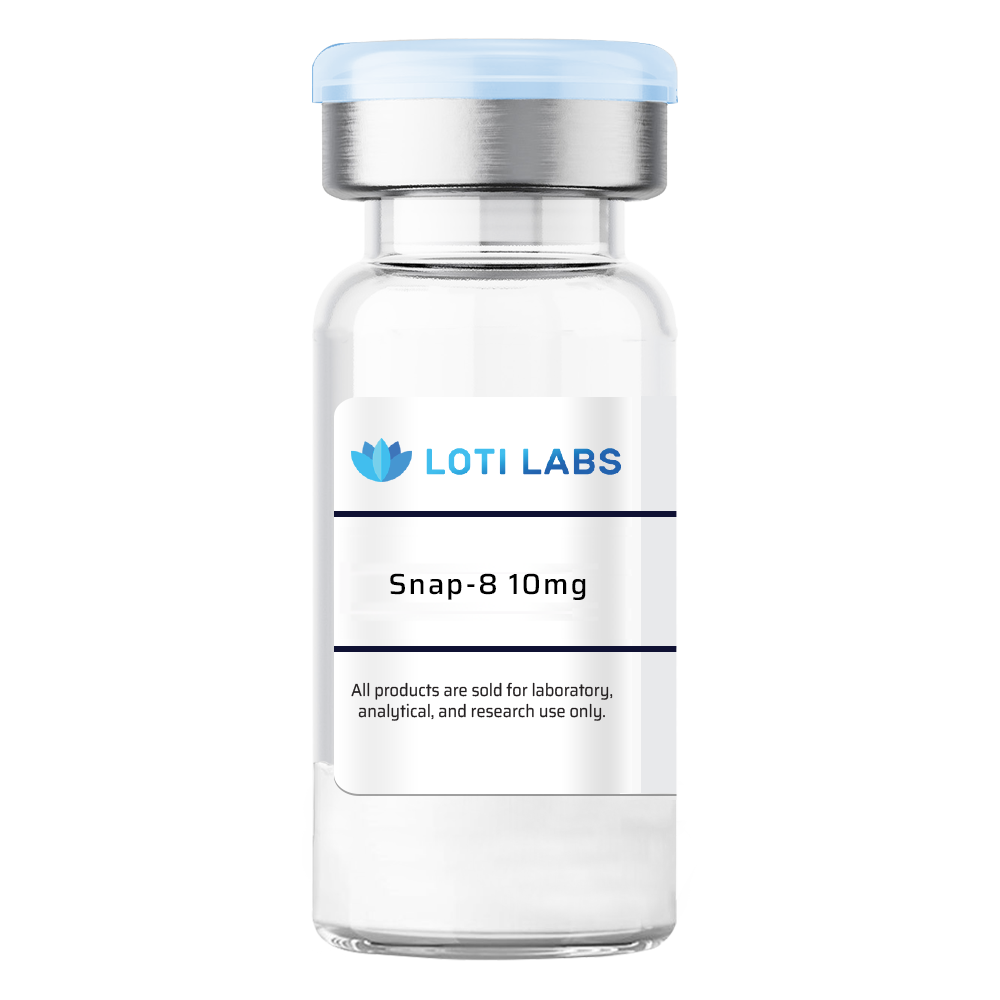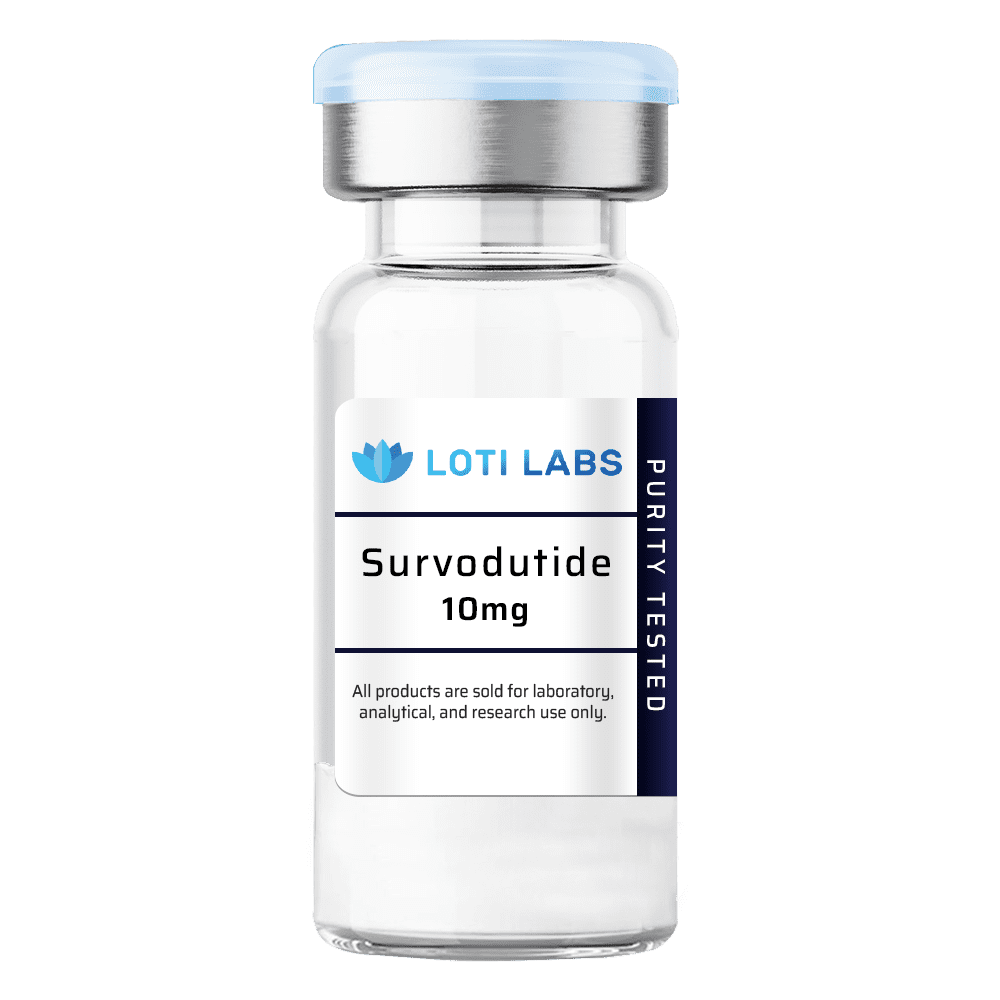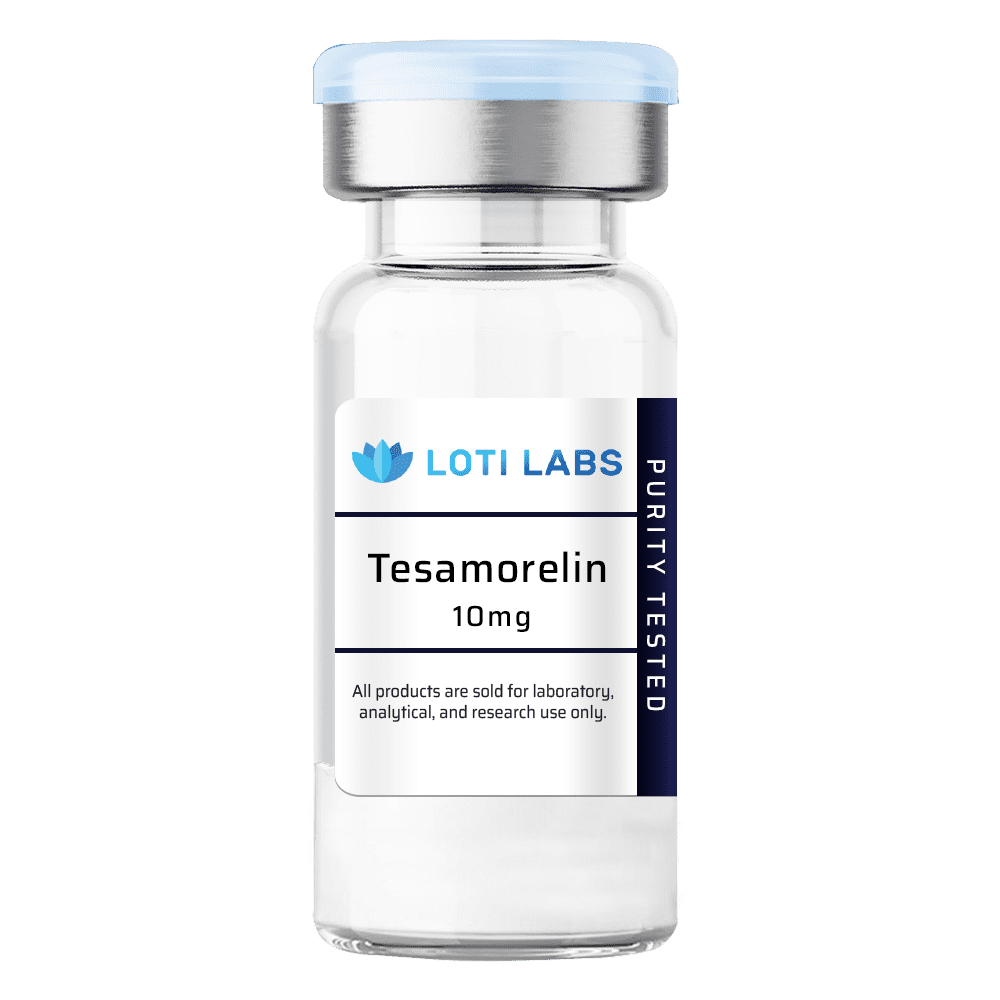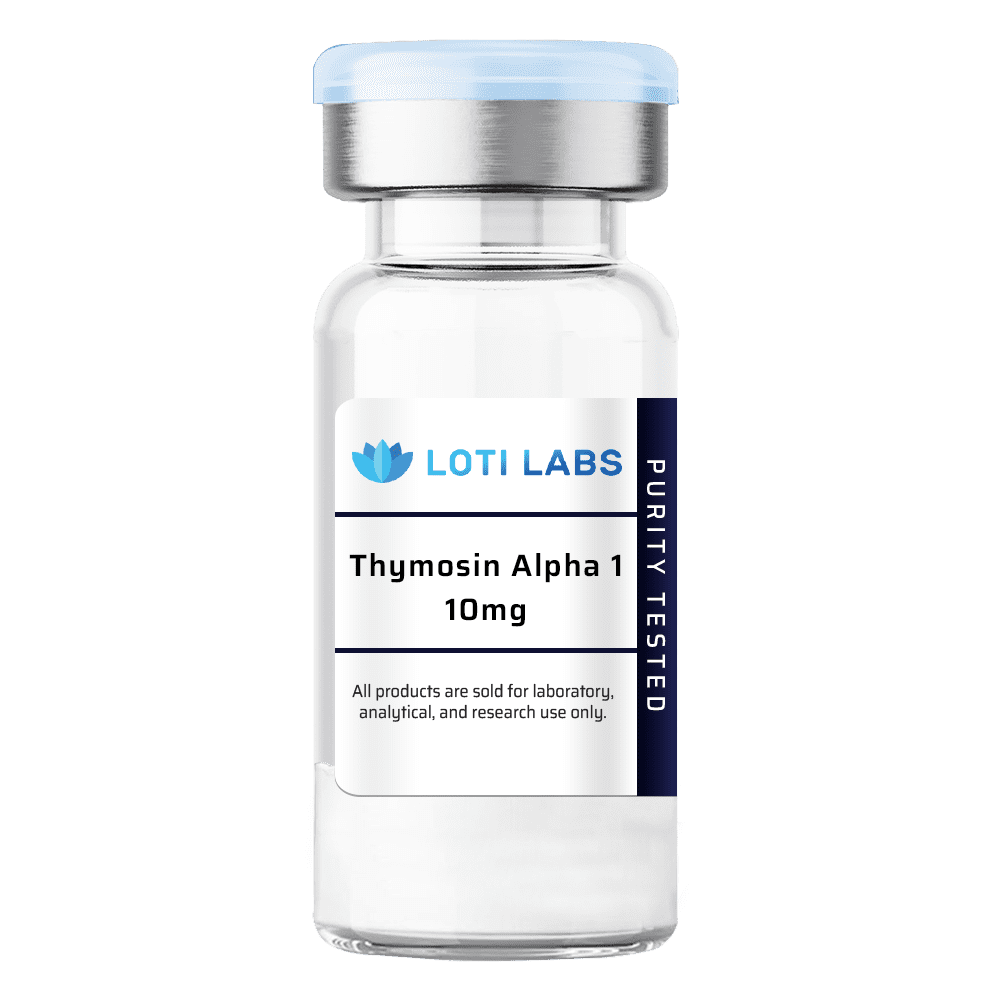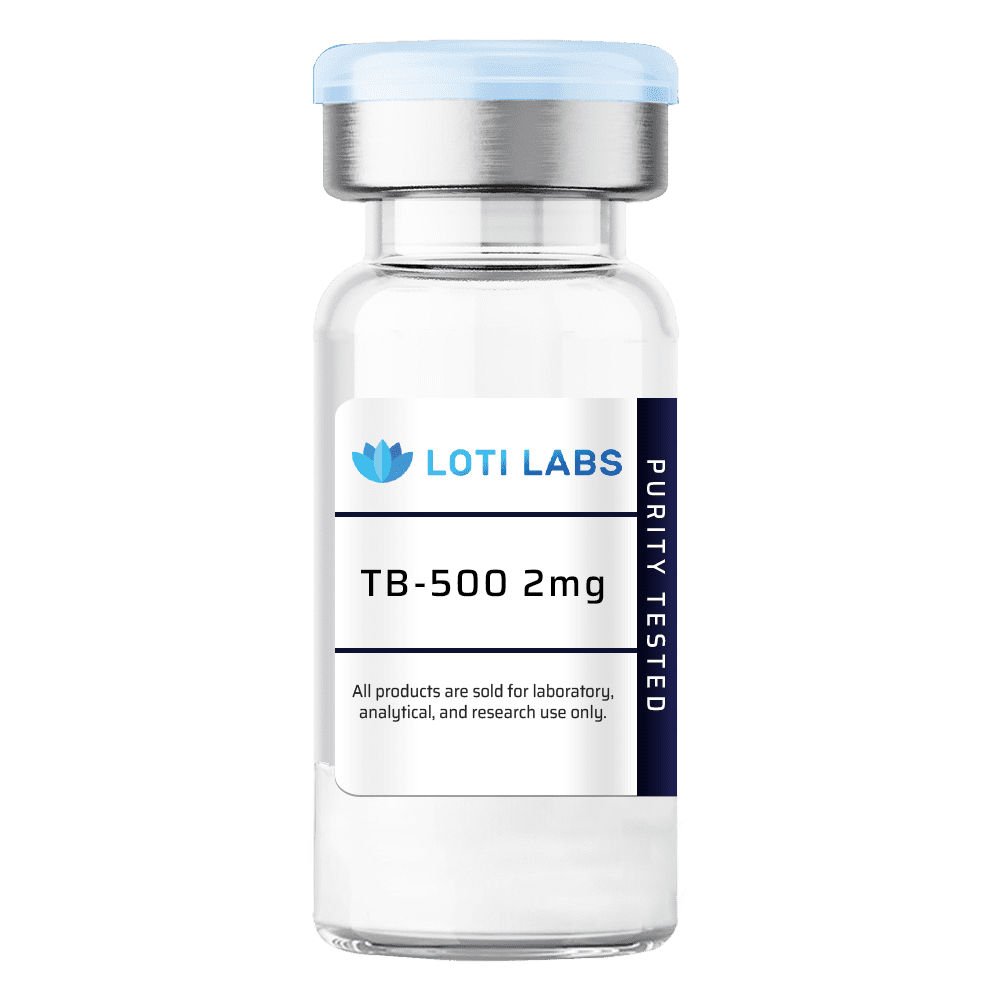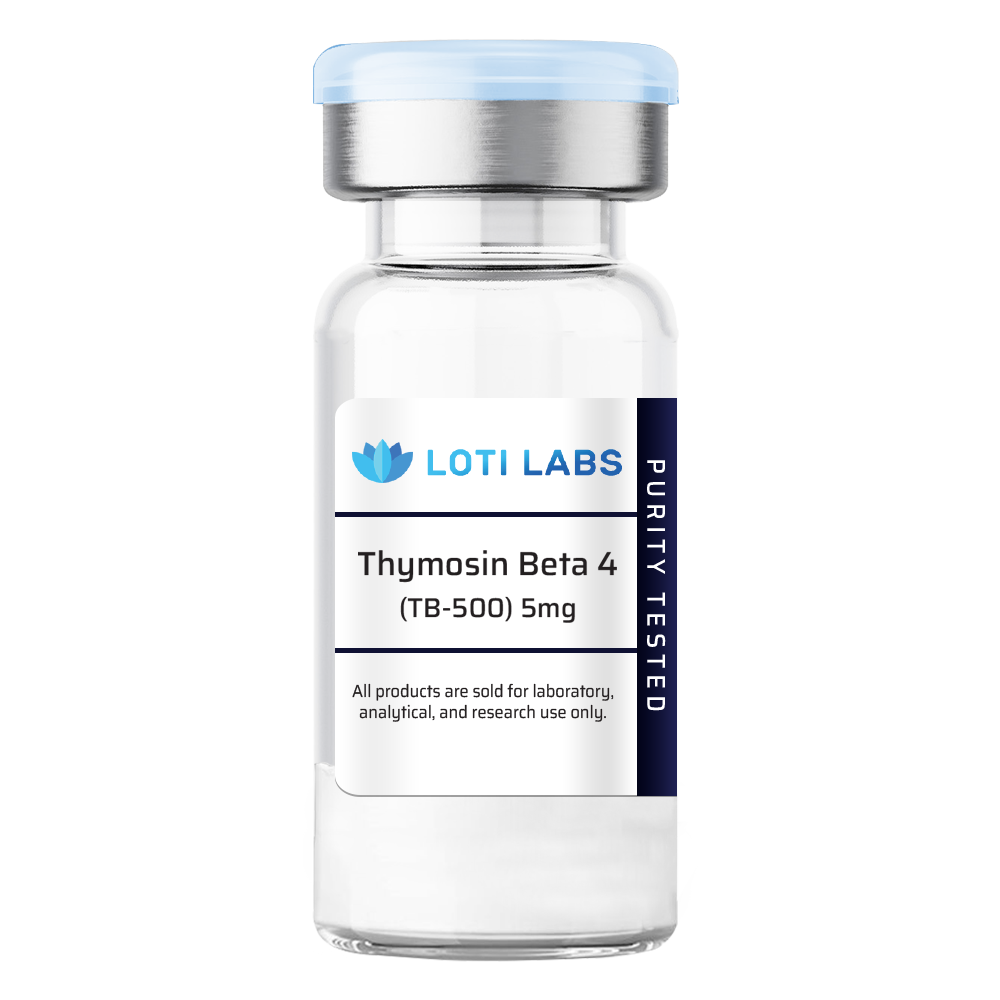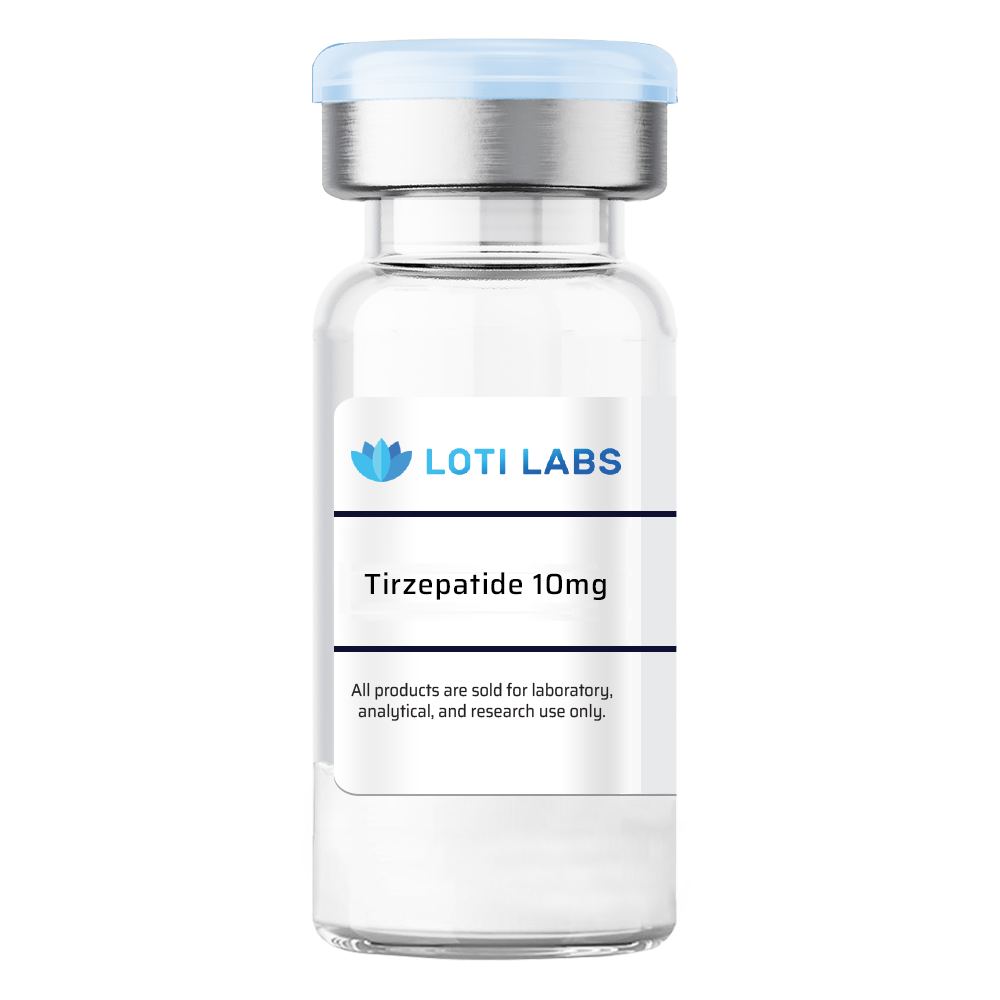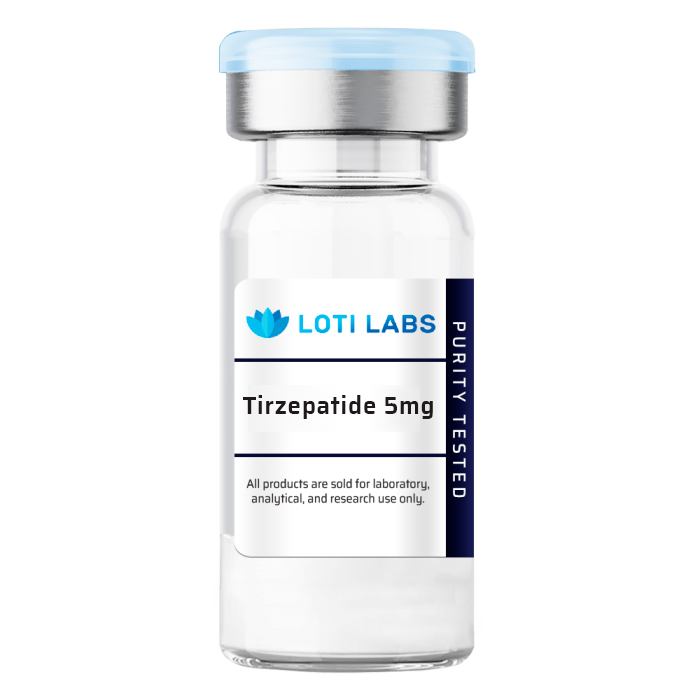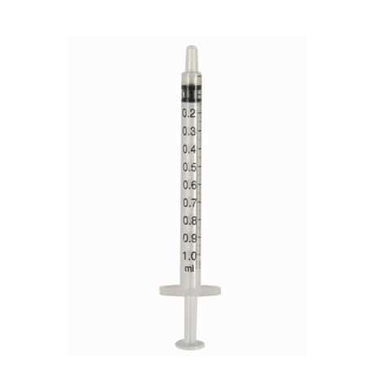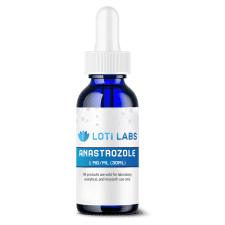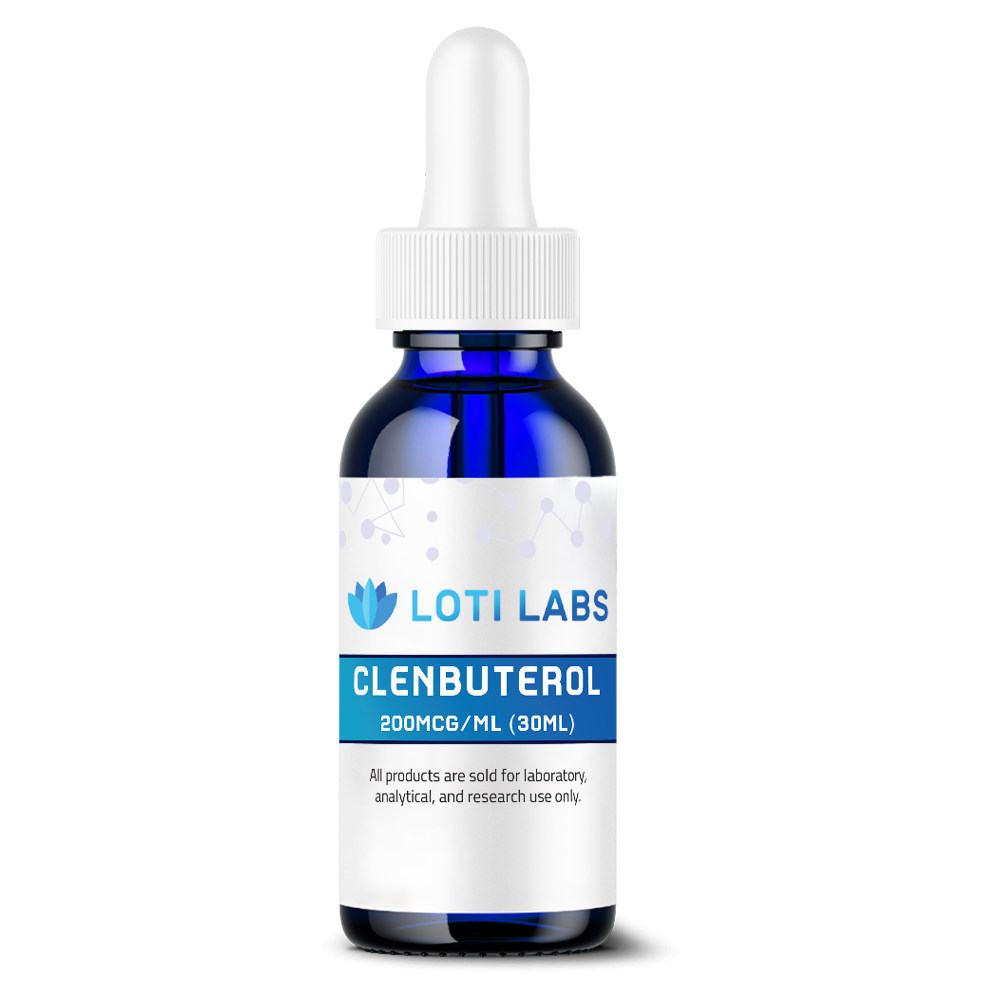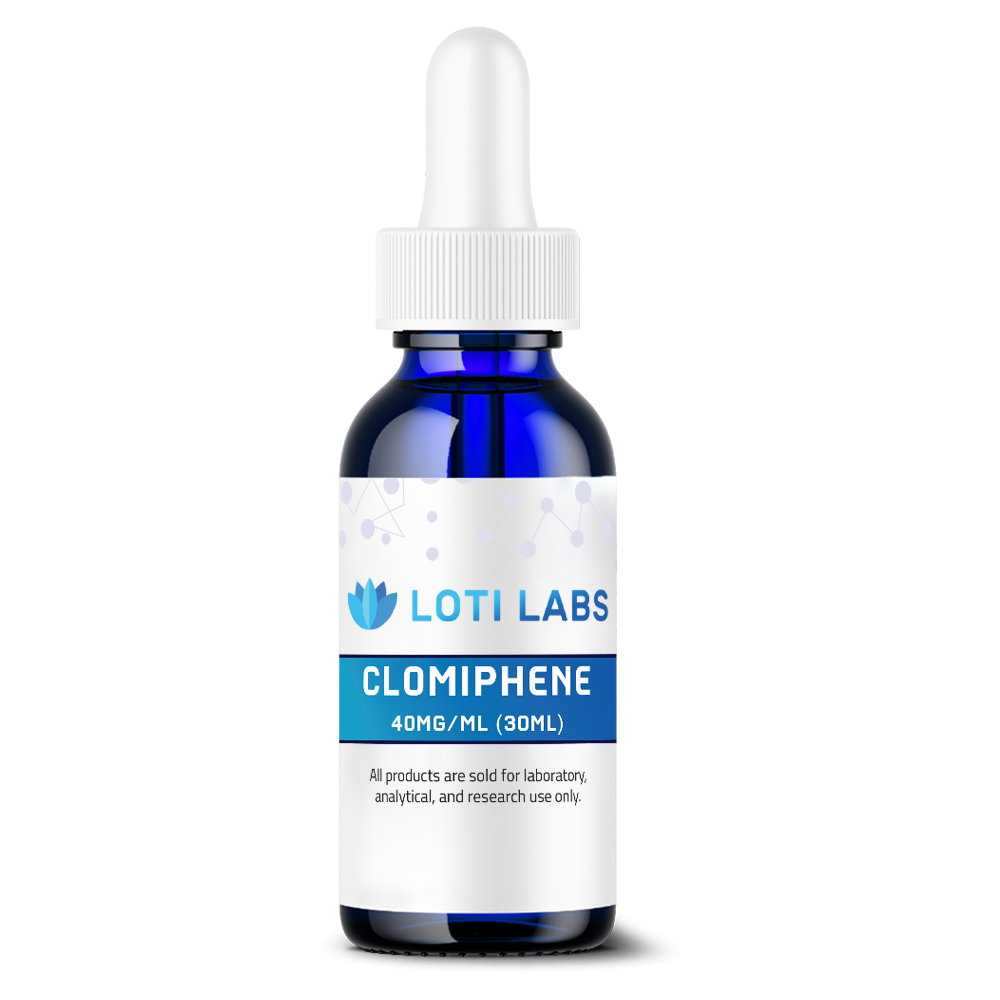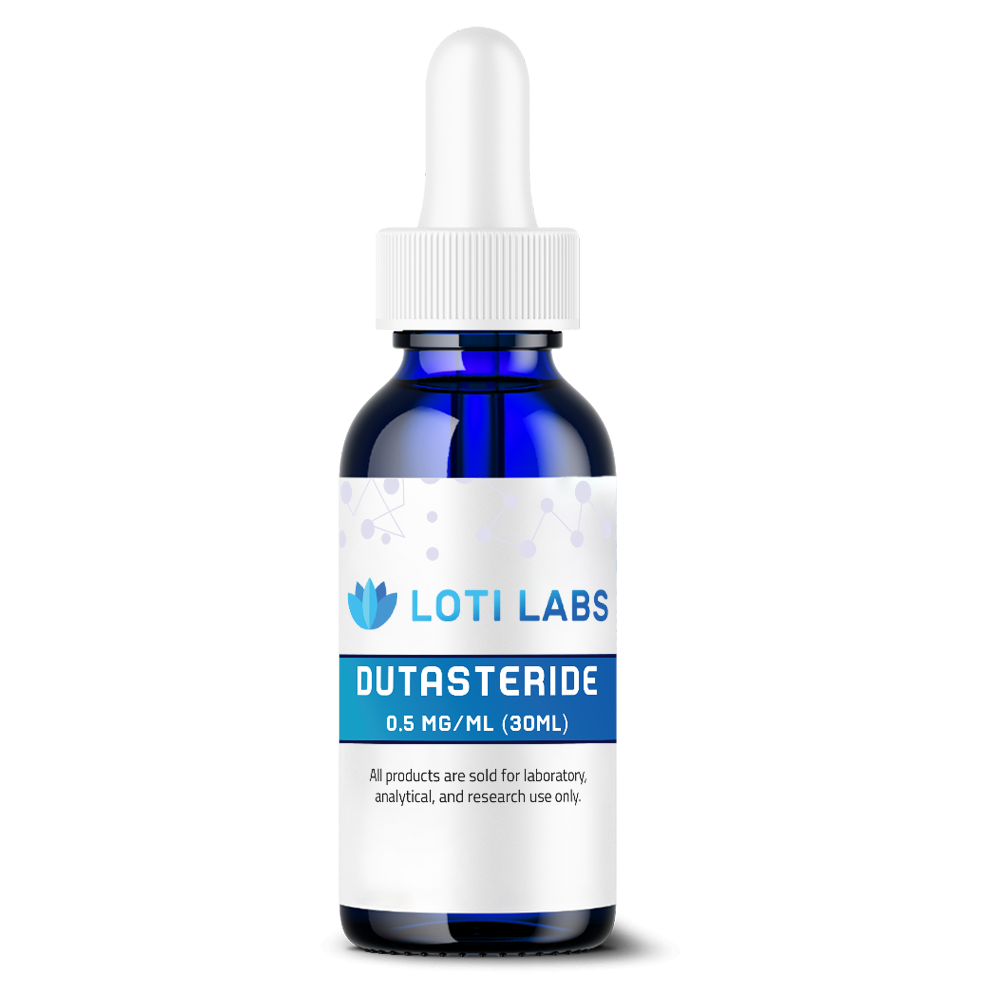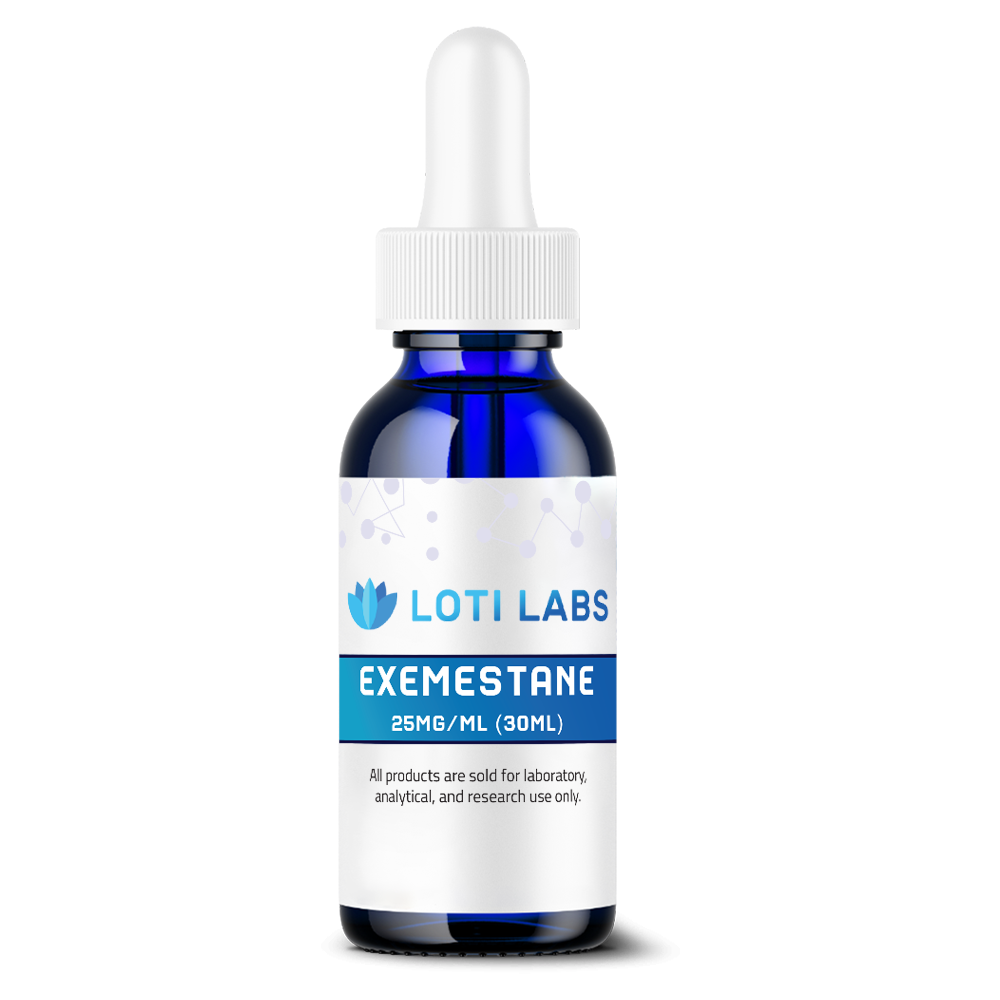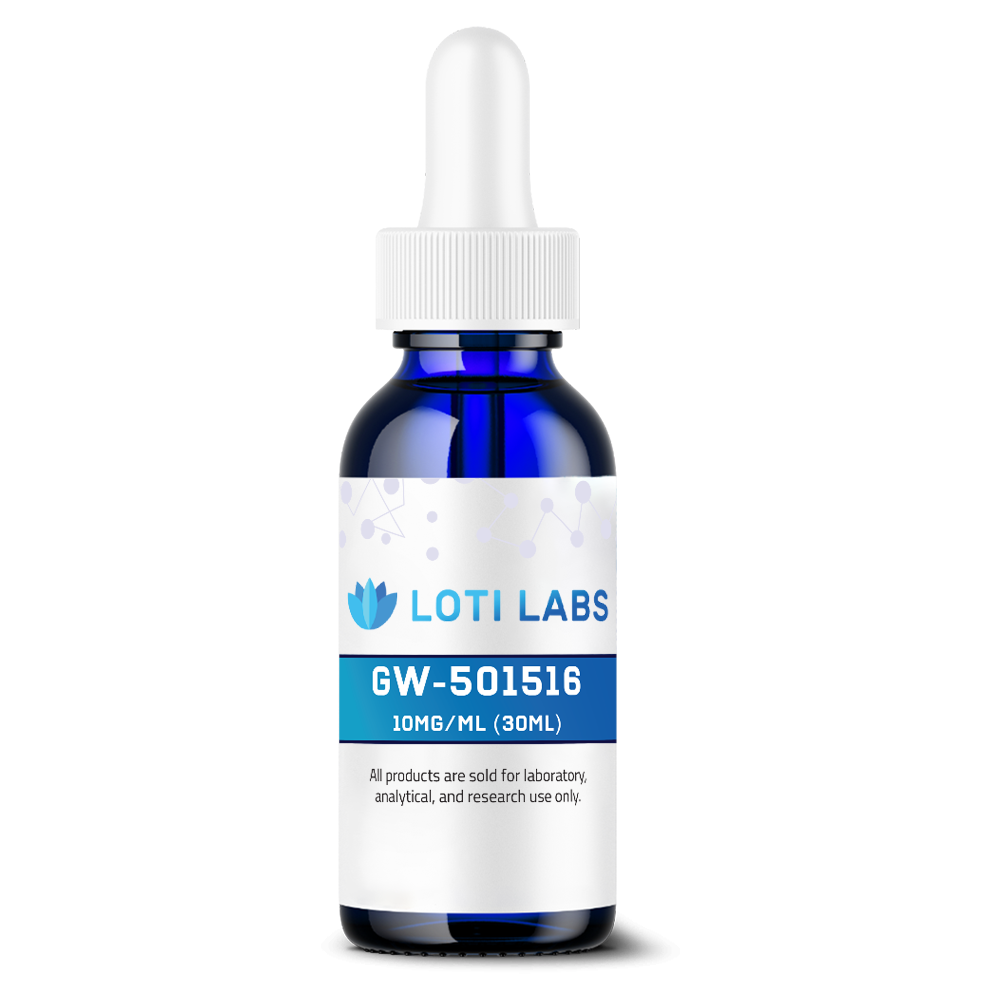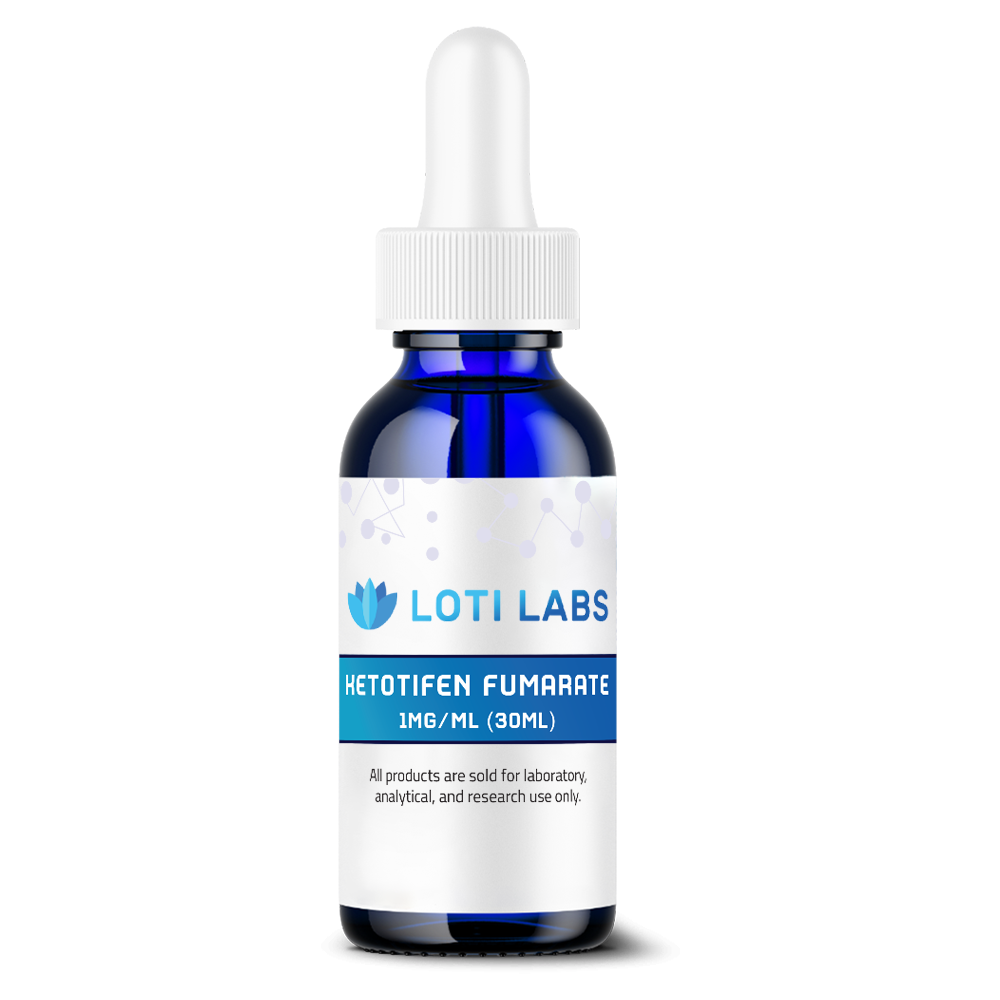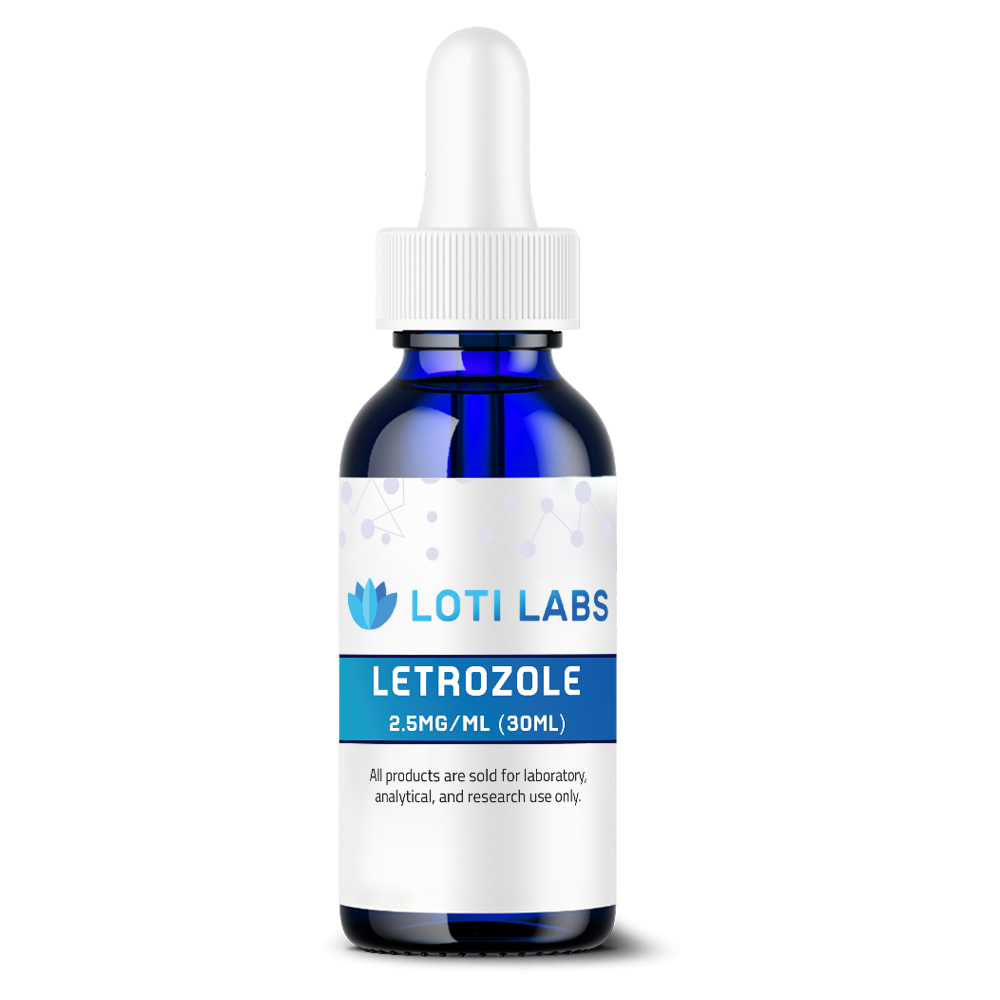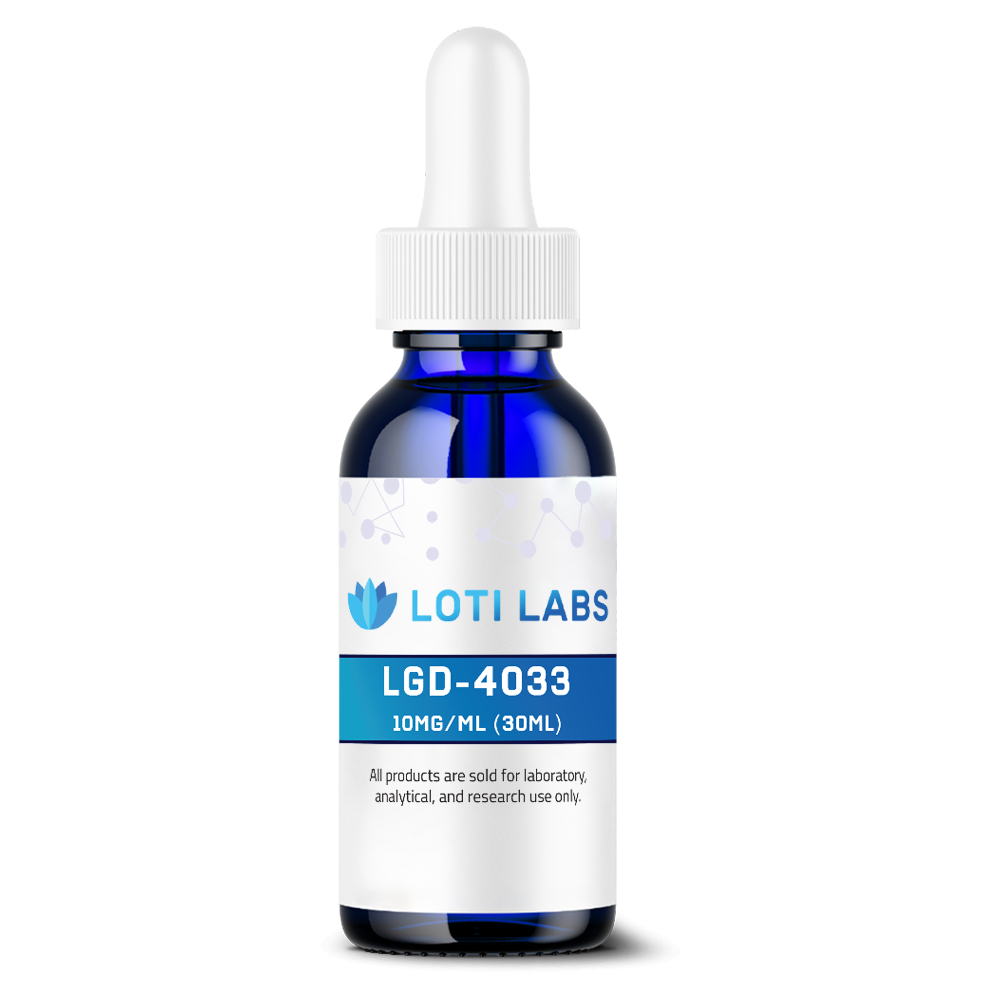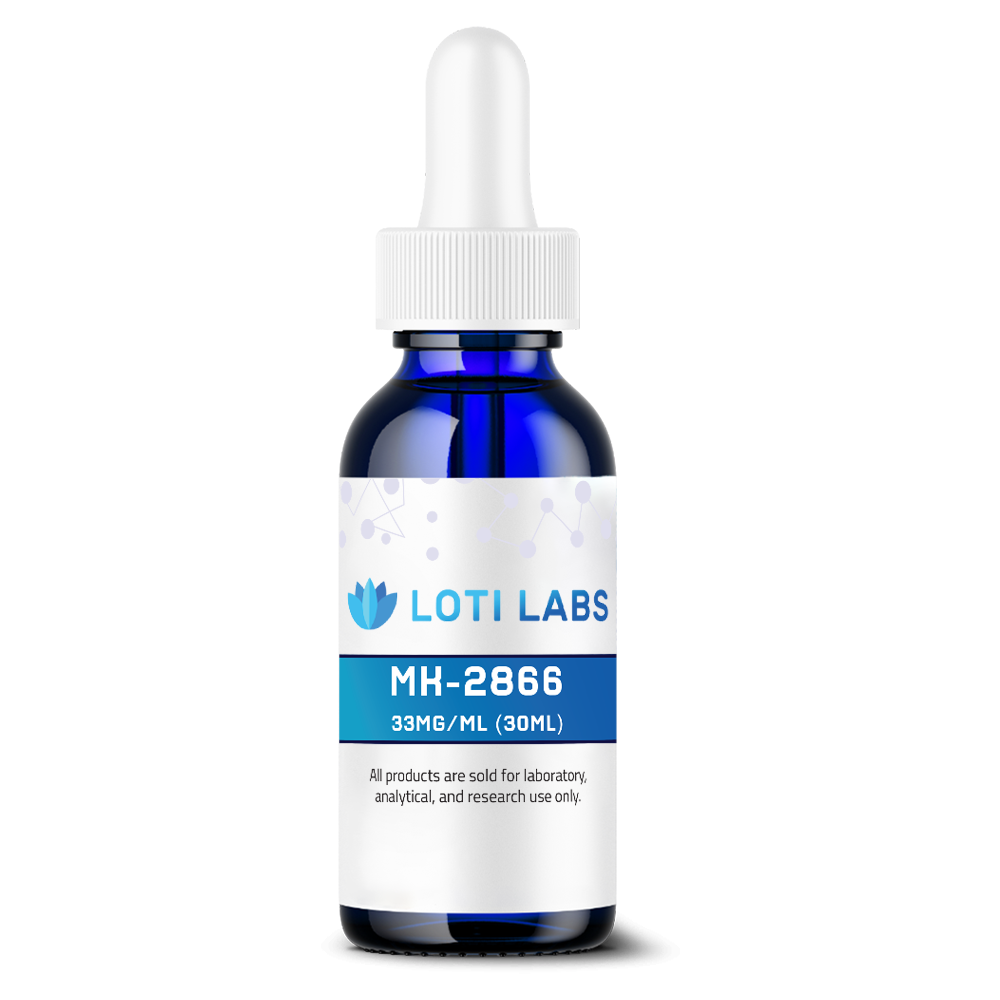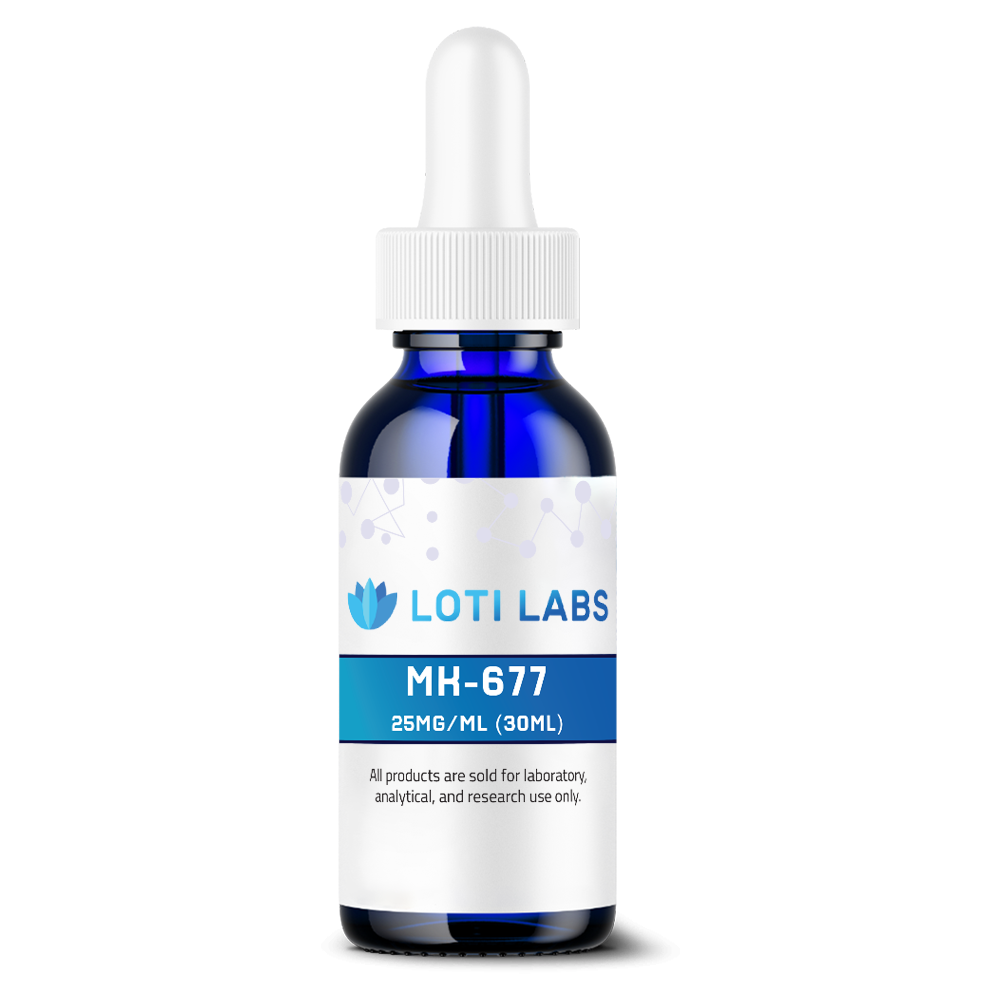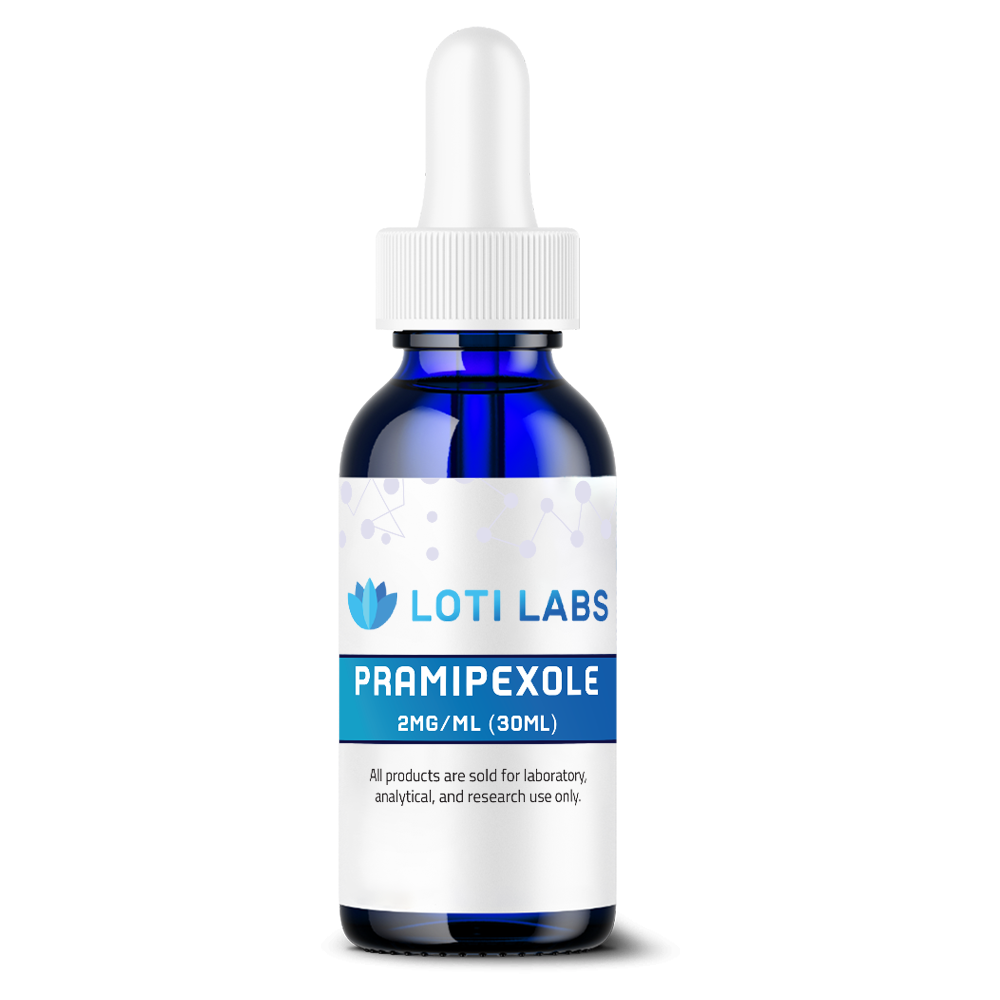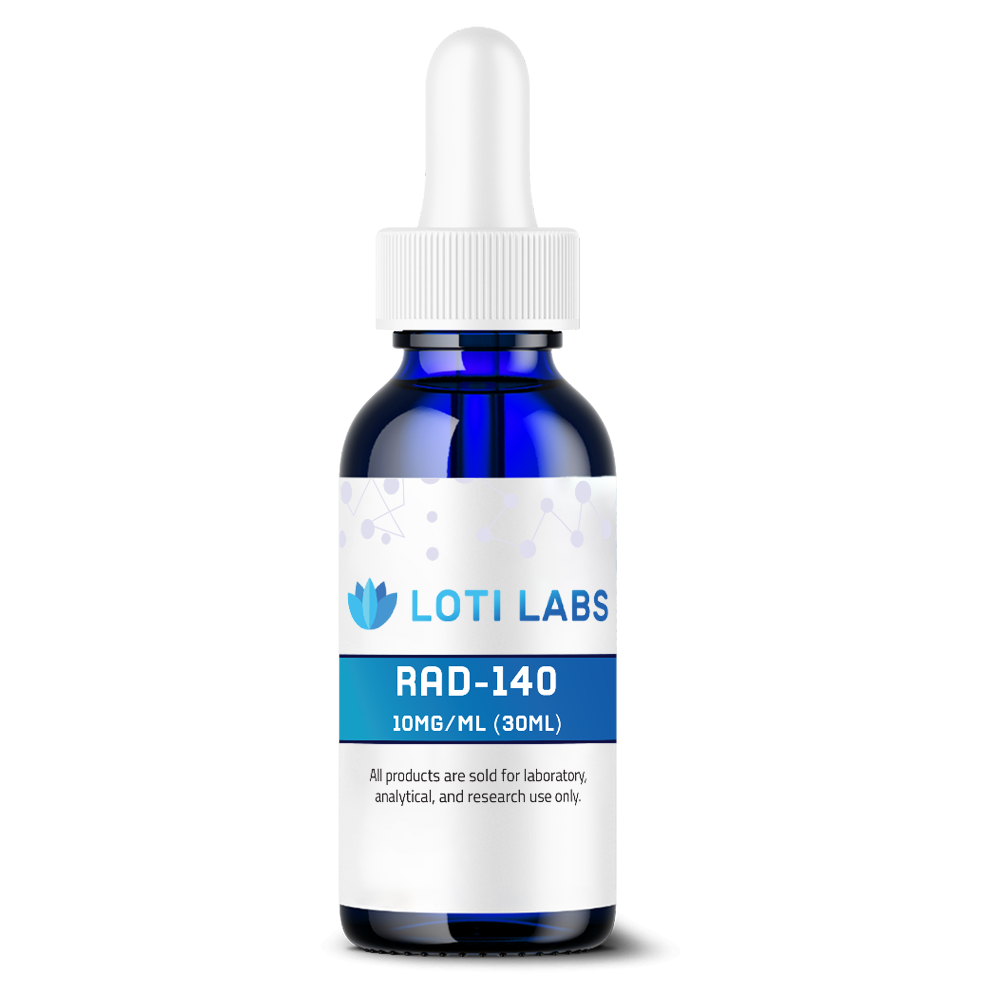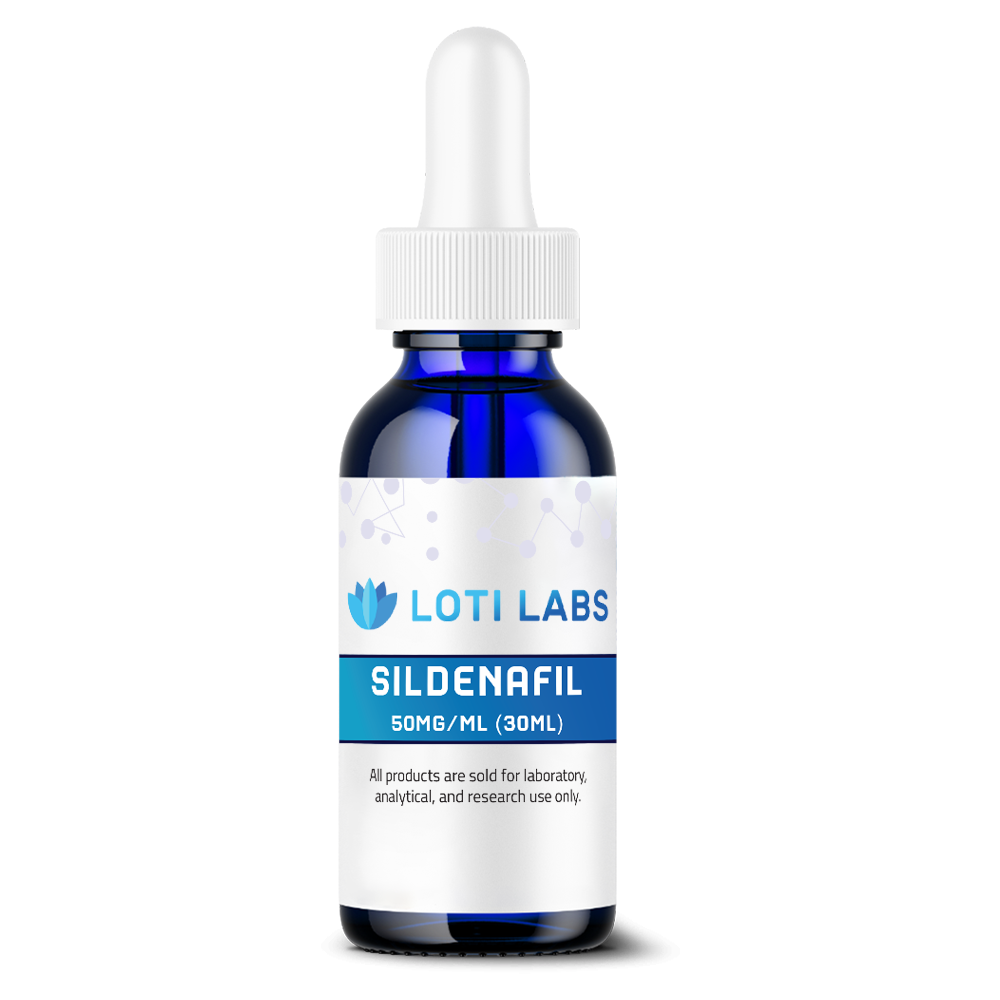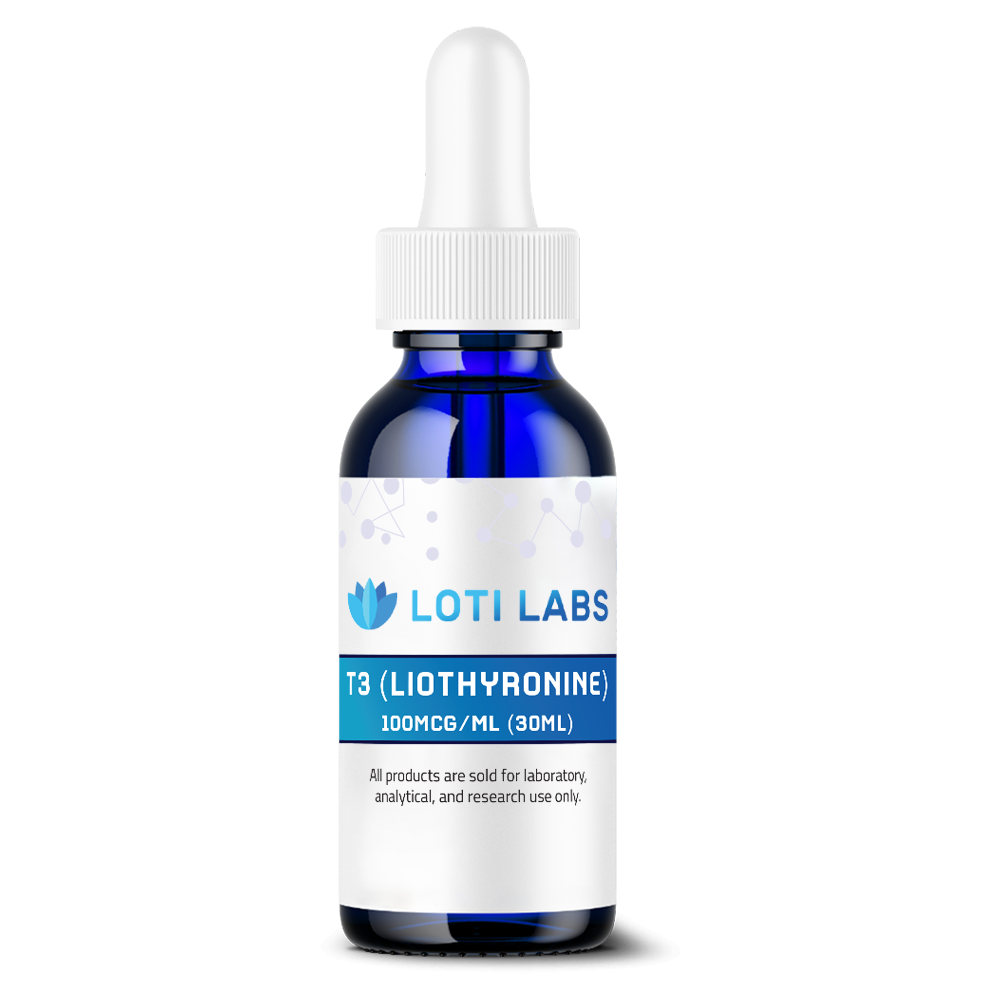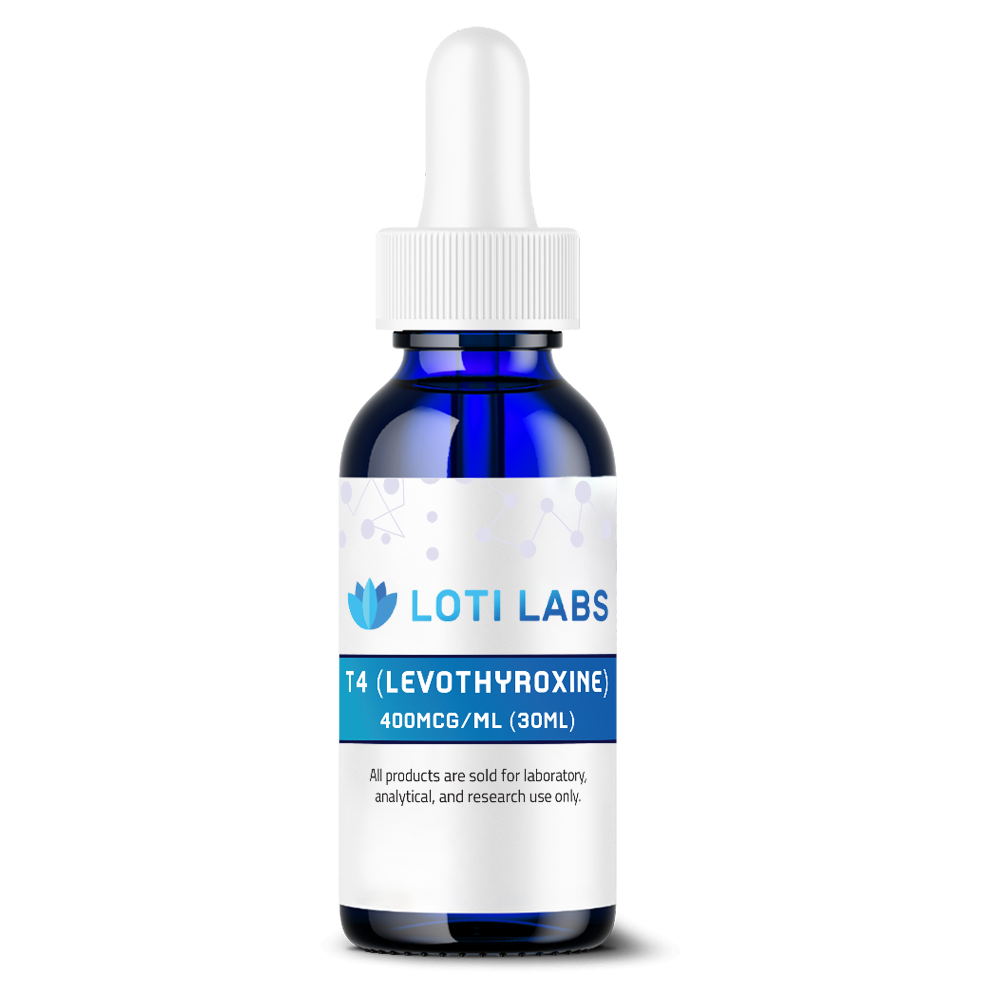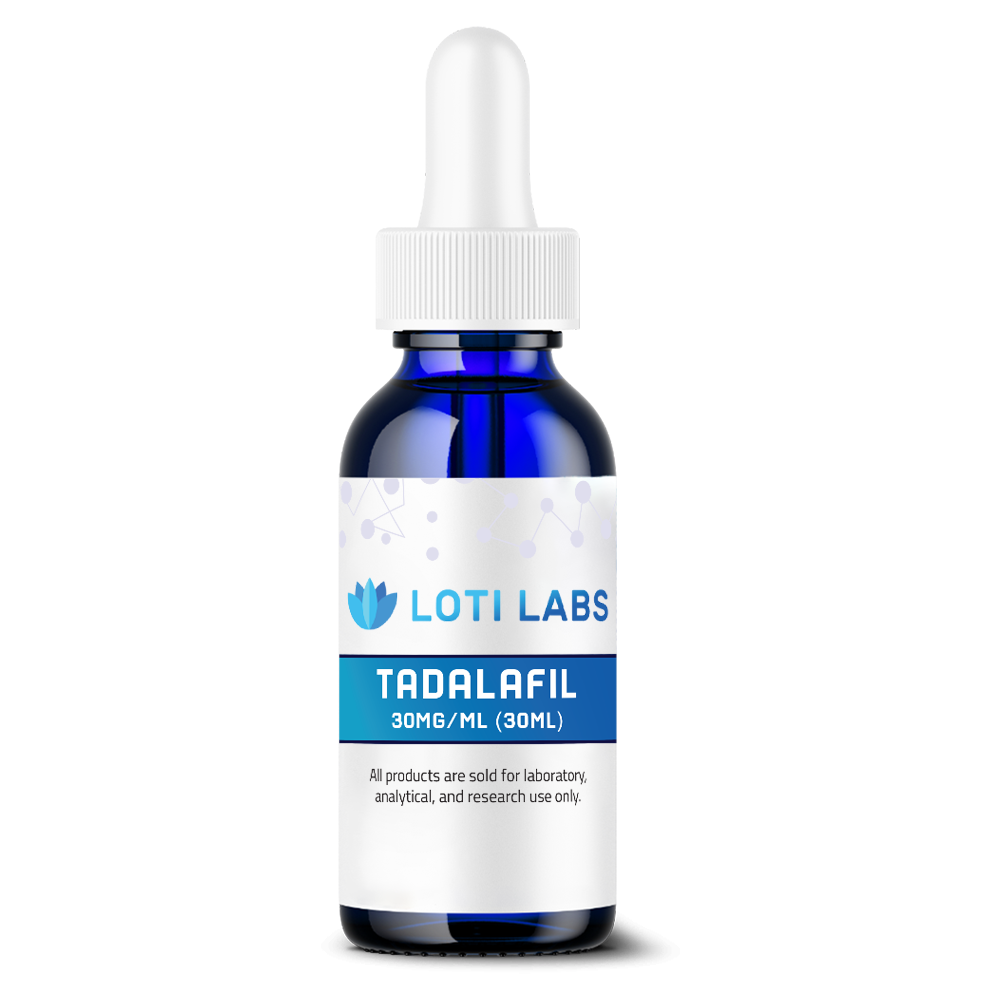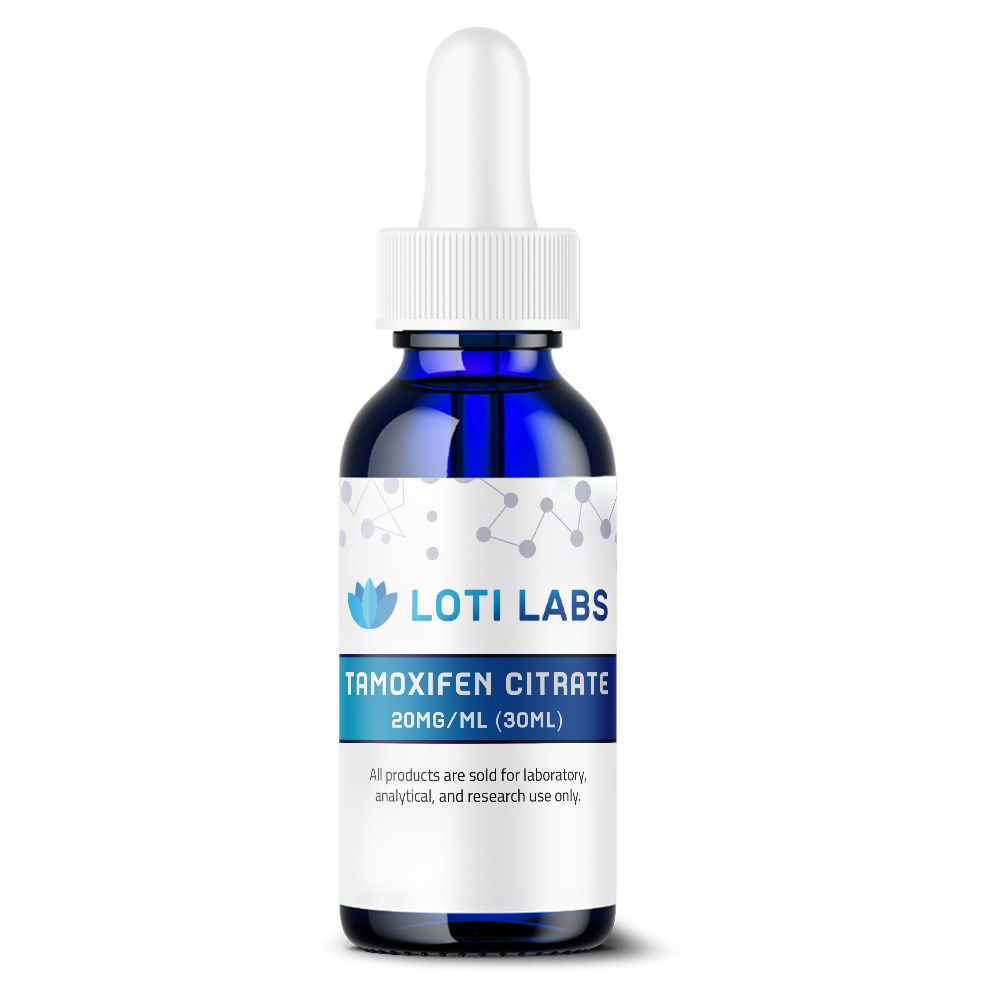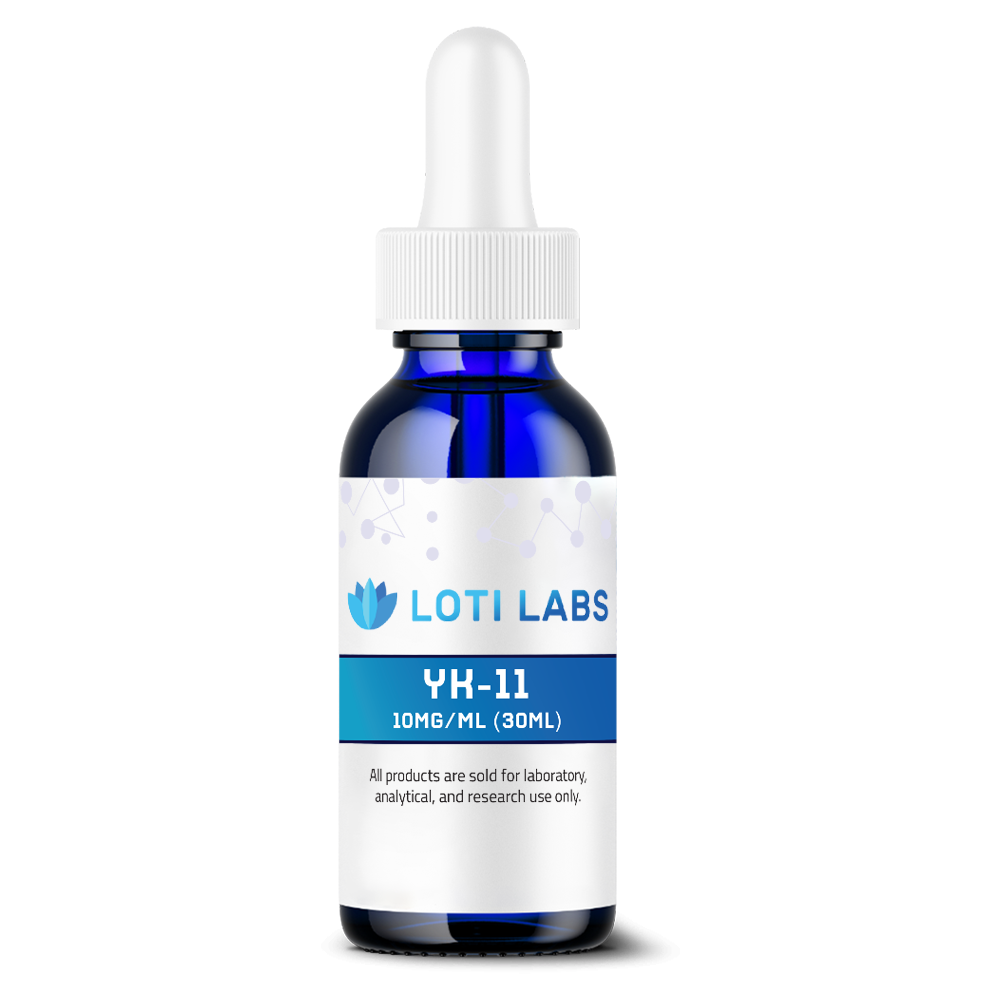-
×
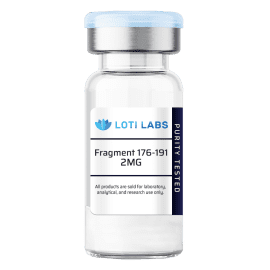 Fragment 176-191 2MG
1 × $32.99
Fragment 176-191 2MG
1 × $32.99
SS-31 10mg
$69.99
You save
This product is intended as a research chemical only. This designation allows the use of this chemical strictly for in-vitro laboratory testing and experimentation. Human or veterinary use is strictly forbidden. This product is not a drug, food or cosmetic and may not be misbranded, mislabeled or misused as such.
Description


Buy SS-31 at Loti Labs: Premium Research-Grade Mitochondrial Peptide
When researchers buy SS-31 for mitochondrial studies, the quality and purity of this specialized peptide is key to experimental outcomes and data integrity. SS-31, also known as Elamipretide, has become a go-to research compound for scientists investigating mitochondrial function, cellular energy production and oxidative stress in the lab.
This guide covers the molecular properties, research applications and purchasing considerations for SS-31, focusing on the high-purity versions available from Loti Labs. Understanding these factors helps researchers make informed decisions when choosing a supplier for their mitochondrial research protocols.
Molecular Structure of SS-31
SS-31 is a precisely engineered tetrapeptide for mitochondrial research. The molecule has been developed over years to be a research tool for studying cellular energy mechanisms.
| Property | Specification |
|---|---|
| Amino Sequence | D-Arg-Dmt-Lys-Phe-NH₂ |
| Molecular Formula | C₃₃H₄₃N₇O₅ |
| Molecular Weight | 639.8 g/mol |
| PubChem CID | 91810664 |
| CAS Number | 1607237-34-4 |
The peptide sequence includes Dmt (2’,6’-dimethyltyrosine) which research has shown to increase stability and bioactivity in experimental systems. This modification is a major advancement in peptide design as scientists have found that the Dmt residue makes the compound more resistant to enzymatic degradation in the lab.
The molecule has basic residues (D-Arg, Lys) and aromatic components (Dmt, Phe) to interact with mitochondrial membrane components in research models. This specific arrangement allows researchers to study how peptides can target mitochondrial structures while maintaining integrity throughout the experiment.
Mechanism of Action
SS-31’s research applications revolve around its ability to bind to cardiolipin, a phospholipid found only in the inner mitochondrial membrane. This specific binding makes SS-31 a valuable research tool for scientists studying mitochondrial function and cellular energy.
Cardiolipin Binding and Mitochondrial Targeting
Research has shown that SS-31 binds to cardiolipin through electrostatic and hydrophobic interactions. This binding allows researchers to study how compounds can stabilize mitochondrial cristae structure which is crucial for electron transport chain operation.Studies in the lab show that SS-31’s interaction with cardiolipin maintains mitochondrial membrane integrity during oxidative stress. This allows researchers to study how mitochondrial health can be preserved under different experimental stress conditions.
Effects on Cellular Energy Production
Scientists studying energy production have found that SS-31 affects several mitochondrial processes:
- ATP Production Enhancement: Research shows SS-31 increases electron transport chain efficiency resulting in increased ATP synthesis in the lab
- Redox Homeostasis: Lab studies indicate the peptide is an effective scavenger of reactive oxygen species, reducing oxidative damage in mitochondria
- Membrane Potential Maintenance: Research shows SS-31 reduces proton leak across the inner mitochondrial membrane, maintaining optimal energy efficiency
The compound’s interaction with ADP/ATP translocase (ANT) is another area of research. Scientists have found that SS-31 modulates ANT function without inhibiting its primary transport activity, unlike other compounds that affect mitochondrial membrane permeability.
Autophagy and Cell Death Pathways
Emerging research suggests SS-31 affects autophagy mechanisms and apoptosis pathways in the lab. Studies in aged mice have shown that the peptide affects cellular maintenance processes, but the mechanisms need to be further studied. This research area could help understand how mitochondrial dysfunction contributes to age-related cellular changes.
Research Studies
Current lab research on SS-31 spans multiple research areas with scientists investigating its effects in different models and conditions. The breadth of research applications shows the peptide’s versatility as a research tool for mitochondrial dysfunction and cellular energy.
Cardiovascular Research Applications
Cardiac research is one of the most studied applications for SS-31. Scientists have done numerous studies on the compound’s effects on heart function and cardiovascular diseases in the lab.
Research in ischemic heart models has shown that SS-31 preserves mitochondrial ultrastructure during ischemia-reperfusion. Scientists studying Barth Syndrome models have seen improvements in cardiac contractility and restoration of mitochondrial architecture after SS-31 treatment. Studies using failing human heart tissue samples have shown improved mitochondrial respiration and increased complex I/IV activity after SS-31 treatment.
These findings give researchers insight into how mitochondrial-targeted compounds can affect cardiac function at the cellular level. The research focuses on understanding how mitochondrial health impacts overall cardiovascular function.
Renal Protection Studies
Kidney research has shown promising applications for SS-31 in acute kidney injury models. Scientists have seen significant reduction in proteinuria and preservation of podocyte function in lab studies on renal protection mechanisms.
Research suggests that SS-31’s protective effects in kidney models are due to its ability to maintain mitochondrial function during oxidative stress. This research is relevant to understanding how mitochondrial dysfunction contributes to kidney damage and how targeted interventions can preserve renal function.
Neurological Research Applications
Neuroprotection research is another major area of SS-31 investigation. Scientists studying neurocognitive disorders, including perioperative neurocognitive disorder and LPS-induced memory impairment, have found that SS-31 affects several neurological parameters in animal models.
Lab studies have shown that SS-31 treatment results in:
- Restored synaptic protein levels in experimental models
- Improved performance in cognitive assessment protocols
- Reduced neuroinflammation markers
- Enhanced neurotrophic support through BDNF signaling pathways
- Increased synaptic spine density in brain tissue samples
These research findings suggest that improving mitochondrial function through SS-31 administration affects multiple aspects of neurological health in experimental systems. Scientists have seen quantitative effects including 20-60% reduction in oxidative stress markers and restoration of ATP production in brain tissue samples.
Aging and Cellular Research
Research in aging has shown how SS-31 affects age-related mitochondrial changes. Studies in aged mice have shown that the compound can counteract age-related increases in mitochondrial proton leak and dysfunction, potentially restoring mitochondrial efficiency in aging tissues.
Scientists studying cellular protection mechanisms have found that SS-31 provides broad cytoprotective effects in various cell types. Research has shown protection of microglia from LPS-induced oxidative stress and inflammation, suggesting potential applications in studying age-related cellular decline.
Specialized Research Applications
Emerging research areas include studies on chemotherapy induced cachexia, where scientists are investigating how mitochondrial dysfunction contributes to muscle wasting and whole body energy status changes. Research suggests that SS-31 might be a valuable tool to understand the mechanisms underlying treatment-related metabolic changes.
Other specialized applications include research on leukocyte endothelium interactions and their relationship to mitochondrial health, as well as studies on how body energy status affects immune function and inflammatory responses.
Storage and Safety
Proper handling and storage protocols are important when researchers buy SS-31 for lab use. The peptide’s stability and integrity directly impact experimental results, so following storage guidelines is critical for research quality.
Storage Requirements
SS-31 comes as a lyophilized powder, the best form for long term storage. Research labs should follow these storage conditions:
- Long term storage: -20°C in a desiccated environment
- Reconstituted solutions: 2-8°C for up to 30 days
- Handling protocols: Avoid repeated freeze-thaw cycles to maintain peptide integrity
The lyophilized form is the best way to preserve SS-31’s molecular structure during storage. Scientists have found that this preparation method maintains peptide stability much longer than liquid formulations, so it’s the preferred form for research use.
Laboratory Safety Protocols
Research labs using SS-31 should follow standard safety protocols for research chemicals:
- Use appropriate personal protective equipment including gloves, lab coats and protective eyewear
- Perform all manipulations under aseptic conditions to prevent contamination
- Keep proper documentation of handling procedures according to institutional guidelines
- Store in designated areas with temperature monitoring
- Follow applicable laws and institutional research compliance requirements
Reconstitution Guidelines
When preparing SS-31 solutions for use, researchers should use sterile bacteriostatic water for reconstitution. The reconstituted solution is stable for approximately 30 days when refrigerated, but researchers should confirm the optimal storage duration based on their specific experimental requirements.
Proper reconstitution techniques ensure consistent results across experimental protocols. Research labs should establish standardized procedures for peptide preparation to maintain reproducibility in their studies.
Why Buy from Loti Labs
Loti Labs supplies SS-31 specifically for research use, with quality standards that meet the high demands of scientific research. When researchers buy SS-31 from Loti Labs, they get products that undergo rigorous quality control to ensure experimental reliability.
Purity and Quality Standards
Loti Labs supplies SS-31 at 99.32% purity with TFA removed, minimizing the risk of interference in research assays. This high purity level ensures researchers get reliable and reproducible results in their experimental protocols.
Removing TFA is a big advantage for research use, as this compound can interfere with certain analytical methods and cellular assays. Scientists studying sensitive biological systems benefit the most from TFA-free formulations, which eliminate potential confounding factors in experimental results.
Analytical Documentation
Each batch includes a comprehensive Certificate of Analysis that contains:
- Peptide identity confirmation through HPLC and mass spectrometry### Analytical Documentation
- Purity percentage
- Contaminant peptide or small molecule absence
- Batch specific data
This documentation allows researchers to keep a record of the compounds used in their studies, to support the reproducibility and validity of the results. Researchers can reference these reports when publishing or submitting to regulatory agencies.
Manufacturing Standards
Research grade SS-31 from Loti Labs is manufactured under strict quality control conditions to ensure batch to batch consistency. This consistency is critical for researchers doing longitudinal studies or multi-phase experiments that require compound stability.
The manufacturing process has multiple quality checks to verify each batch meets specifications. Researchers can rely on product performance across different timepoints and protocols.
Competitive Pricing
Loti Labs offers competitive pricing with quantity discounts for institutional orders. This pricing structure makes SS-31 accessible for individual research projects and large institutional studies that require large quantities of compound.
Academic and institutional researchers can benefit from volume pricing that reduces per unit cost for large research programs. The pricing is designed for long term research initiatives that require consistent access to research compounds.
Products from Loti Labs are for Research Use Only
All products sold by Loti Labs are for research use only. This means SS-31 can only be used for in-vitro laboratory testing and experimentation under controlled research conditions.
Compliance
The research use only designation ensures compliance with applicable laws and regulations for research chemical distribution and use. Human or veterinary use is strictly forbidden under these regulations and the product cannot be used as a supplement, cosmetic or therapeutic agent.
Researchers purchasing SS-31 must be at least 21 years old and agree to comply with all institutional research guidelines and regulations. Institutions must maintain records and oversight of all research chemical use.
Institutional Requirements
Purchasers must confirm their use aligns with legitimate research purposes and institutional approval process. This includes:
- Institutional review and approval of research protocols
- Compliance with laboratory safety and handling requirements
- Adherence to research ethics guidelines
- Proper waste disposal and documentation procedures
The terms of purchase require researchers to use SS-31 only for approved research activities and maintain records of compound use and disposal.
Legal and Ethical
The research use only framework protects both suppliers and researchers by setting clear boundaries for compound use. Researchers must agree to use SS-31 only for research purposes and not for human or veterinary use.## Shipping of Loti Labs
Loti Labs has efficient shipping procedures to minimize delays and keep products intact during transport. The shipping policy covers domestic and international research needs while maintaining product quality standards.
Domestic Shipping
Orders placed before 1pm EST Monday through Friday ship same day, for fast delivery for time sensitive research. Orders placed after 1pm EST or on weekends ship next business day, for predictable delivery for research planning.
The shipping process includes:
- Temperature controlled packaging for peptide stability
- Tracking information for order tracking
- Secure packaging to prevent contamination or damage
- Express shipping options for urgent research
International Shipping
International shipping is available with documentation to comply with import/export regulations. Research institutions outside the US can get SS-31 through established international shipping channels that keep products intact during long transport.
International orders require additional documentation to comply with customs and regulations in destination countries. Loti Labs works with research institutions to facilitate proper documentation and shipping.
Payment and Ordering
Payment methods are credit cards and institutional purchase orders, for individual researchers and institutional purchasing departments. The ordering system accommodates institutional requirements and procurement procedures.
Institutional purchase orders allow research organizations to keep proper financial records and approval process while getting high quality research compounds. The payment system supports individual research projects and large research programs.
30 Day Satisfaction Guarantee
Loti Labs has 30 day satisfaction guarantee on all products, for extra assurance for researchers to evaluate product quality or adapt to changing research needs. This guarantee shows the company’s confidence in product quality and customer satisfaction.
Return Policy
The satisfaction guarantee allows researchers to return unopened products within 30 days for full refund of purchase price. This policy protects researchers from product quality issues or changes in research that may affect compound requirements.
The return process includes:
- Simple return process for unopened products
- Full refund of unused product purchase price
- Customer service for return questions
- Fast processing of approved returns
Customer Service
A dedicated customer service team is available for questions on SS-31 research applications, returns and technical information. This support helps researchers with product handling, storage or experimental applications.Customer service representatives are knowledgeable about research applications and can assist with product selection, handling procedures and compatibility with various experimental protocols.
Quality Assurance
The satisfaction guarantee shows Loti Labs’ commitment to provide research grade compounds that meet the high demands of scientific research. This commitment allows researchers to buy SS-31 with confidence in product quality and company support.
The guarantee system gives researchers recourse if products do not meet expected quality standards, protecting research investment and lab productivity.
Third Party Testing of Every Batch
Every batch of SS-31 sold by Loti Labs is third party tested using HPLC analysis to ensure product purity and accuracy. This independent verification adds extra confidence in product quality beyond internal quality control.
Testing Procedures
The third party testing includes:
- High-Performance Liquid Chromatography (HPLC) for purity analysis
- Mass spectrometry for molecular identity confirmation
- Contaminant screening for peptide and small molecule impurities
- Quantitative purity determination with detailed reporting
The testing protocol follows established peptide analysis protocols to ensure results accurately reflect product composition and quality. The testing laboratory is independent from the manufacturing process to provide objective quality assessment.
Certificate of Analysis Components
The Certificate of Analysis includes:
- Peptide identity confirmation through multiple analytical methods
- Precise purity percentage with analytical uncertainty
- Contaminant analysis results and limits
- Storage and handling recommendations based on stability data
- Batch specific lot numbers for research documentation
This documentation allows researchers to keep records of the compounds used in their studies, to support research reproducibility and publication requirements.
Quality Assurance Benefits
Third party testing provides:
- Independent verification of product specifications
- Consistent batch to batch quality
- Reduced experimental variability due to compound quality issues
- Increased confidence in research results and conclusions
- Support for regulatory and publication requirements
The testing ensures researchers get SS-31 formulations that meet quality standards consistently across different production batches. This consistency is critical for experimental reproducibility and research integrity.
Research Documentation
The analytical documentation provided with each batch supports researchers to keep experimental records and meet institutional requirements for research chemical documentation. Researchers can reference these reports when publishing or submitting to regulatory agencies.The detailed analytical data also helps researchers understand their specific SS-31 batch, to design and interpret experiments more precisely. This is particularly important for researchers doing quantitative studies that require compound characterization.
References
The research applications and mechanisms discussed here are supported by numerous peer reviewed literature on SS-31 in various experimental models. Key references include studies in major journals on mitochondrial function, cellular energy production and oxidative stress.
Research findings mentioned here are from controlled laboratory studies using appropriate models and methods. Scientists interested in experimental protocols and results should refer to the primary literature for specific study designs and outcomes.
SS-31 research is ongoing to expand our understanding of mitochondrial targeted compounds and their applications in cellular energy mechanisms. Future research will focus on improved analogs, delivery methods and applications in various disease models.
For researchers who want to buy SS-31 with confidence in product quality and regulatory compliance, Loti Labs provides the analytical data, quality standards and customer support for successful research.
Researchers doing mitochondrial research can benefit from the molecular characterization, storage guidelines and application information in this guide. The research use only framework ensures SS-31 remains available for legitimate scientific research while maintaining regulatory compliance and research integrity.
References
- Szeto HH, Schiller PW. “Novel therapies targeting mitochondrial dysfunction.” Trends in Pharmacological Sciences. 2011;32(6):284-290.
- Dai DF, et al. “Mitochondrial-targeted peptides protect against mitochondrial dysfunction and oxidative stress in aging.” Journal of Clinical Investigation. 2010;120(6):2030-2040.
- Birk AV, et al. “The mitochondrial-targeted compound SS-31 re-energizes aged mitochondria by interacting with cardiolipin.” Journal of Clinical Investigation. 2013;123(8): 3111-3121.
- Szeto HH. “First-in-class cardiolipin-protective compound as a therapeutic agent to restore mitochondrial bioenergetics.” British Journal of Pharmacology. 2014;171(8):2029-2050.5. Yin J, et al. “SS-31 peptide rescues neurodegeneration by modulating mitochondrial function.” Neurobiology of Disease. 2016;93: 1-10.
- Dai DF, et al. “Mitochondrial oxidative stress in aging and healthspan.” Longevity & Healthspan. 2014;3(1):6.
- Szeto HH, Birk AV. “Mitochondrial-targeted peptides: a new class of therapeutics.” Mitochondrion. 2014;16: 1-5.
- Mitchell SJ, et al. “Mitochondrial function and aging: implications for healthspan and longevity.” Journal of Clinical Investigation. 2019;129(1): 75-85.
- Zhao K, et al. “Cell-permeable peptide antioxidants targeted to inner mitochondrial membrane inhibit mitochondrial swelling, oxidative cell death and reperfusion injury.” Journal of Biological Chemistry. 2004;279(33): 34682-34690.
- Hough KP, et al. “Mitochondrial dysfunction in lung aging and disease.” American Journal of Physiology-Lung Cellular and Molecular Physiology. 2018;314(4): L642-L653.
Additional information
| Weight | .03125 lbs |
|---|


